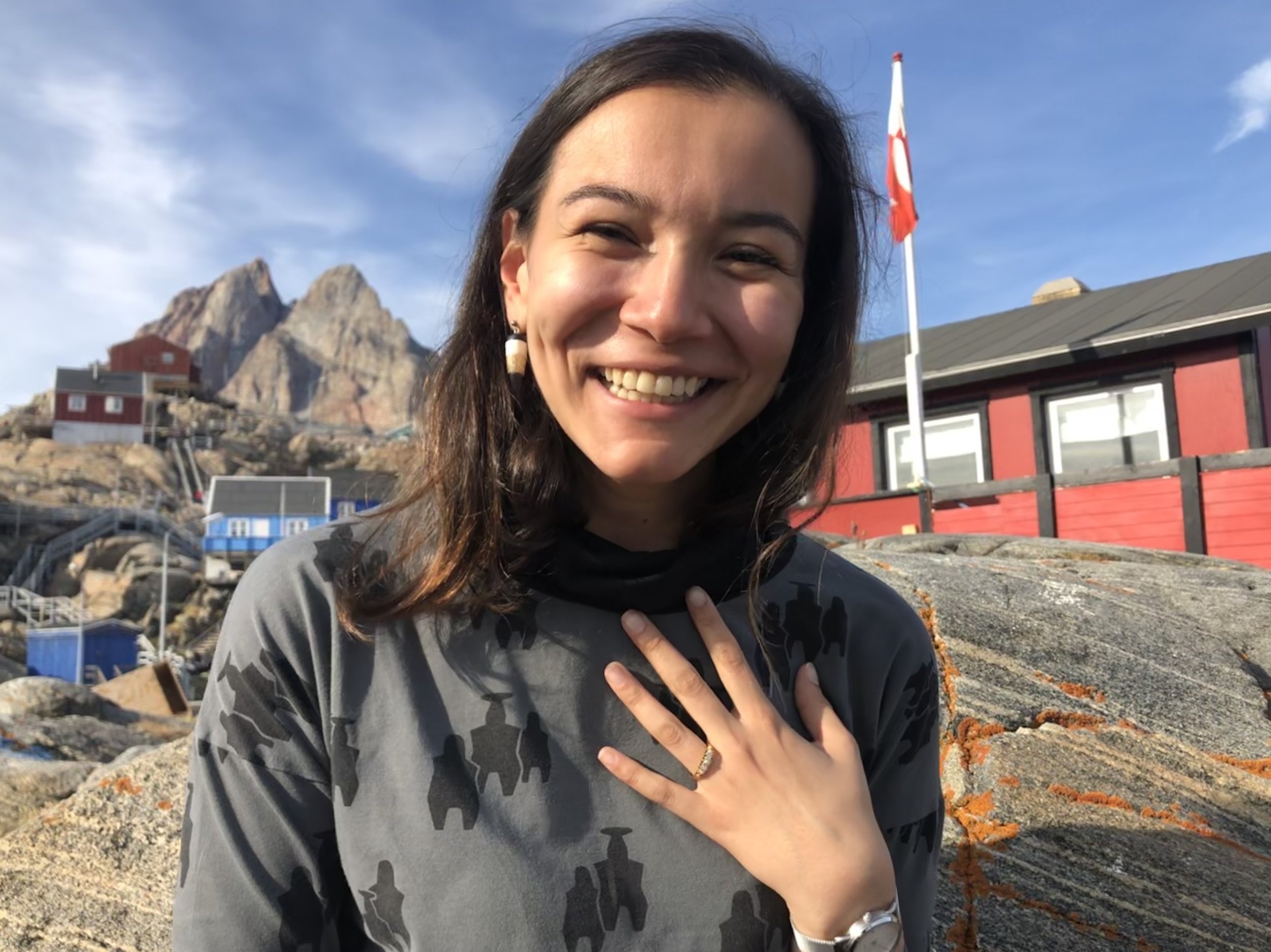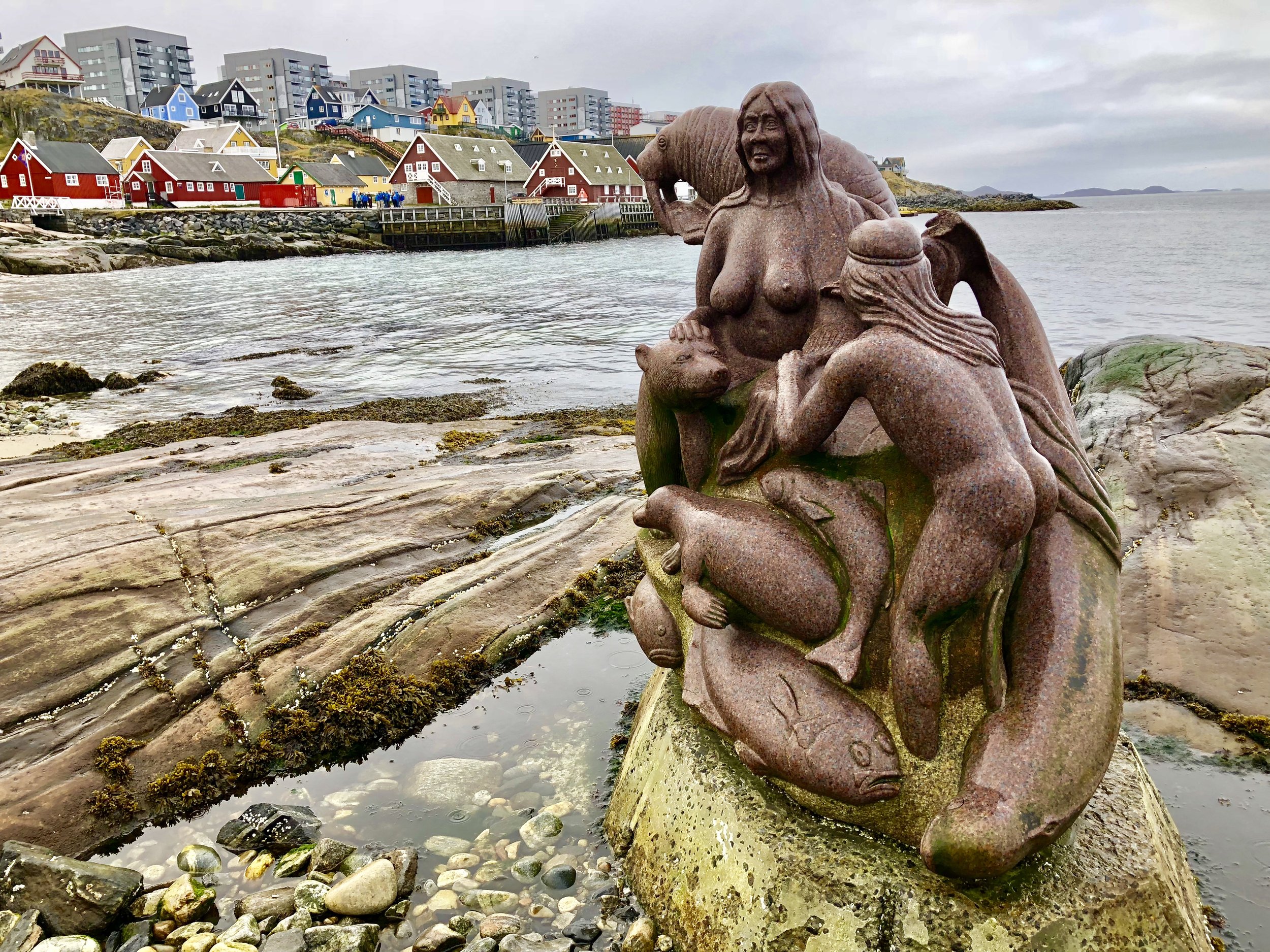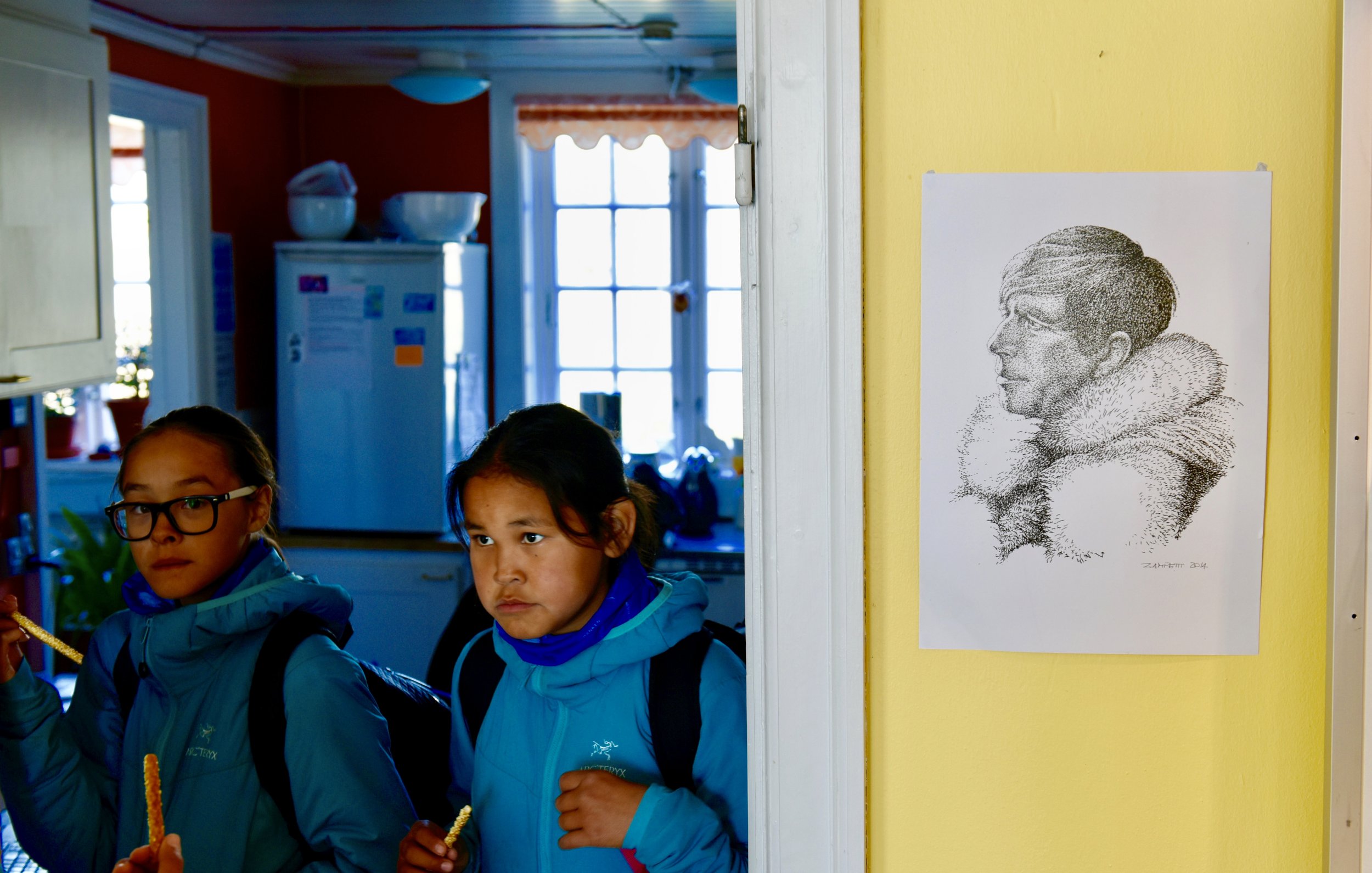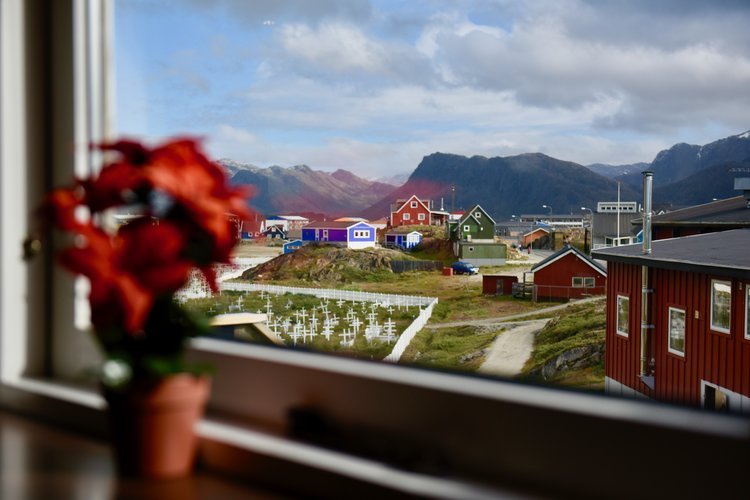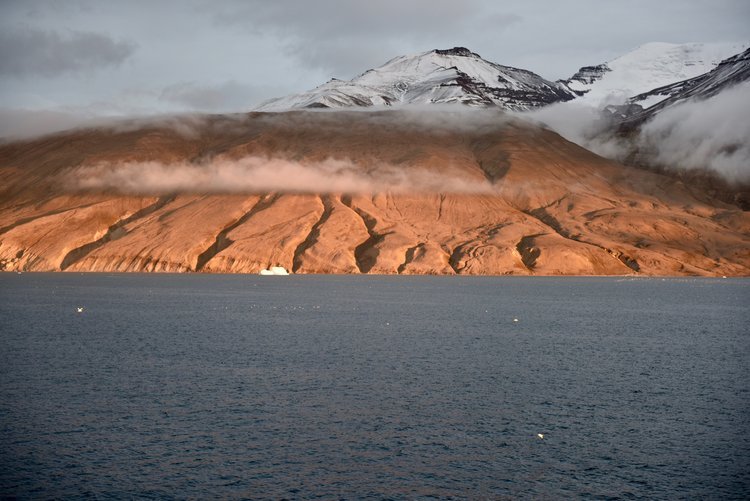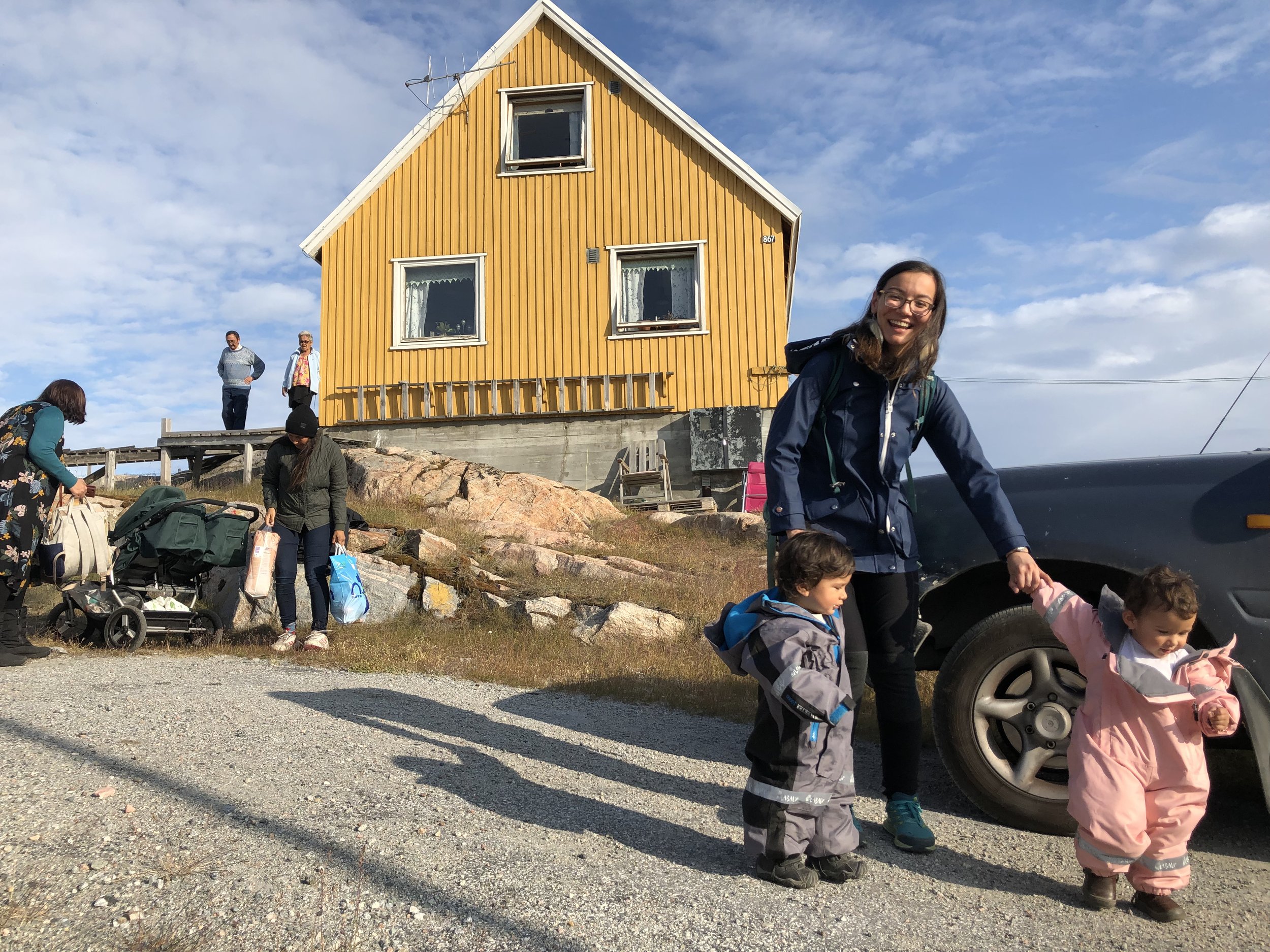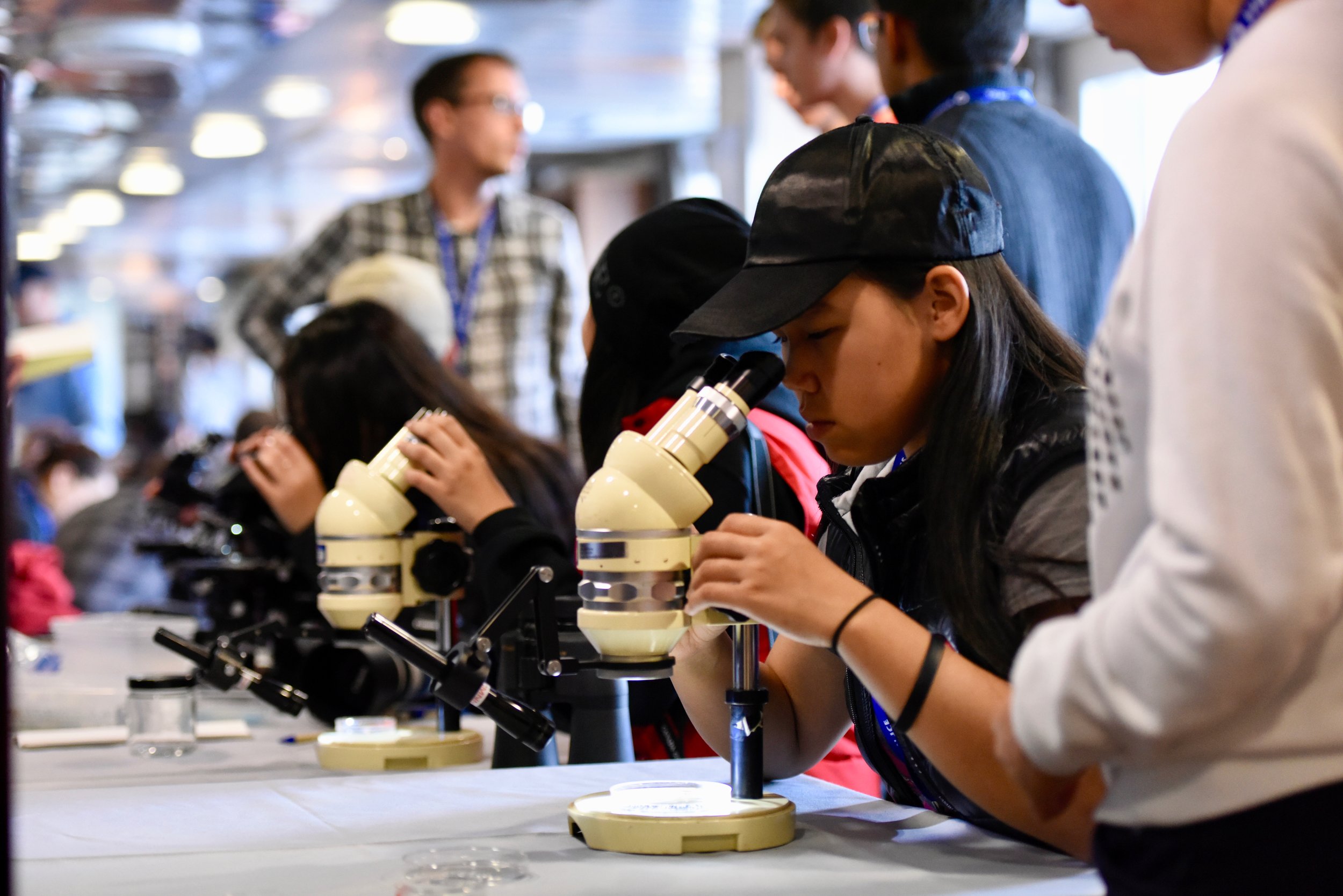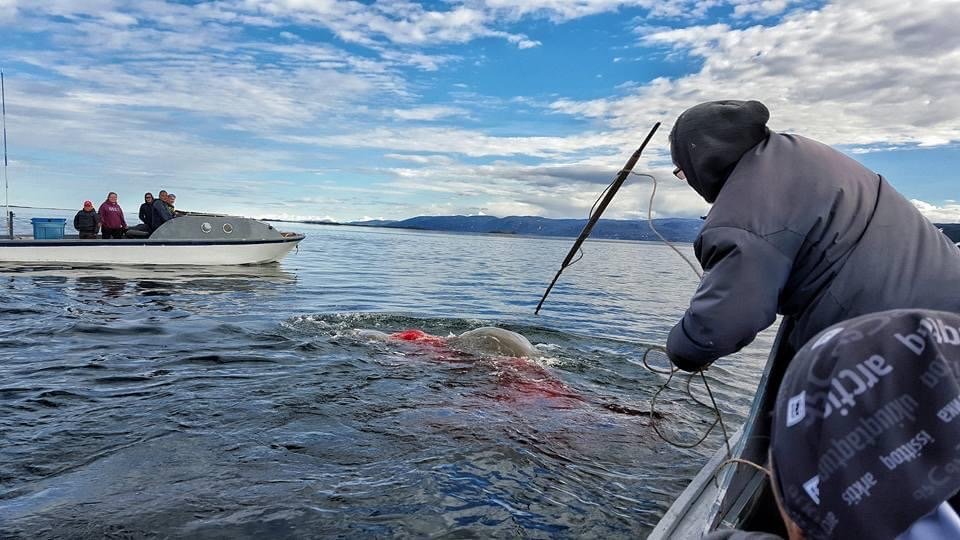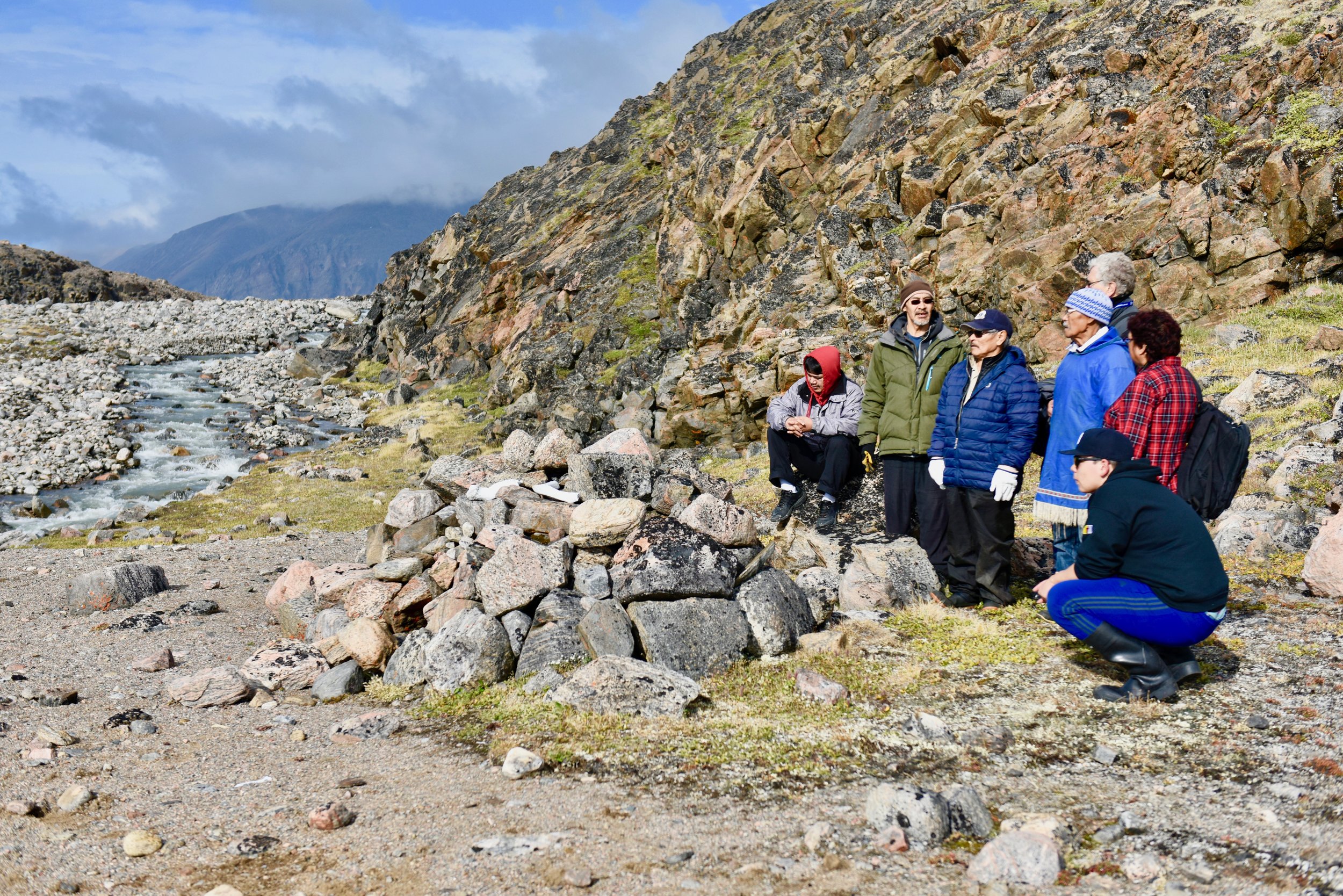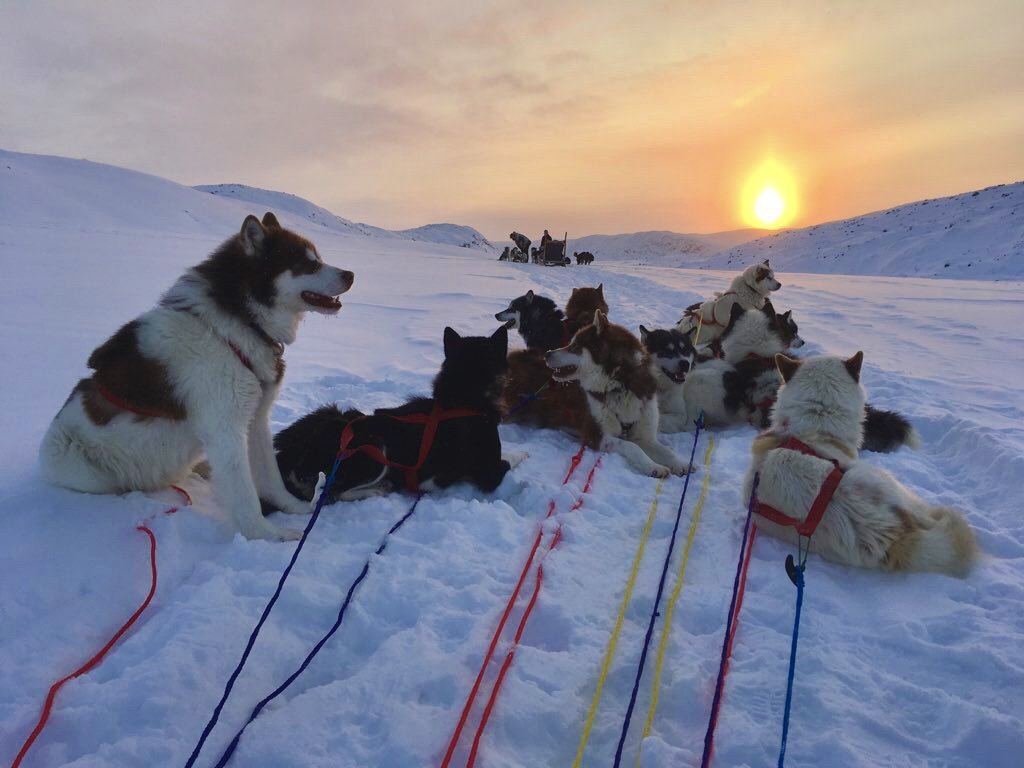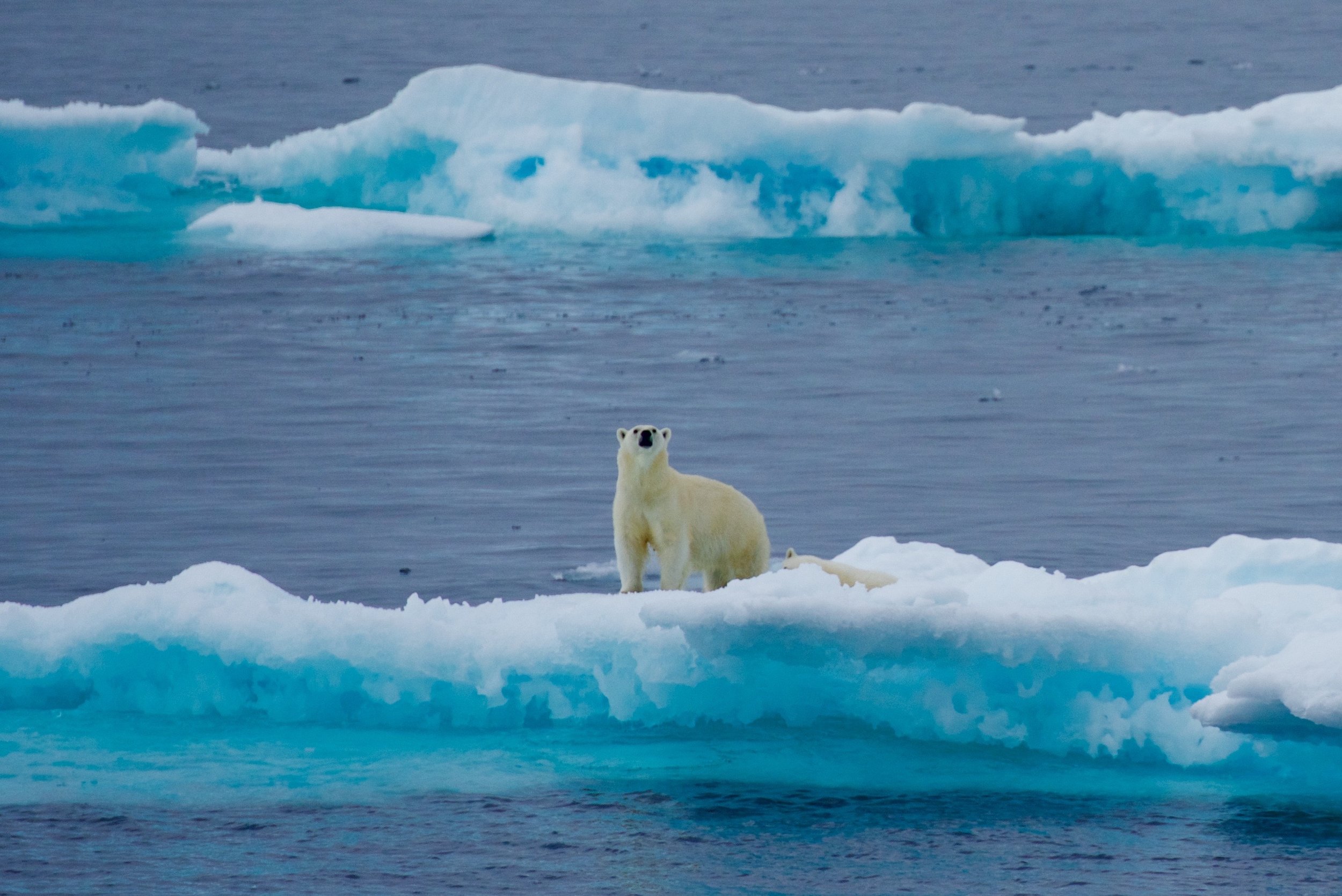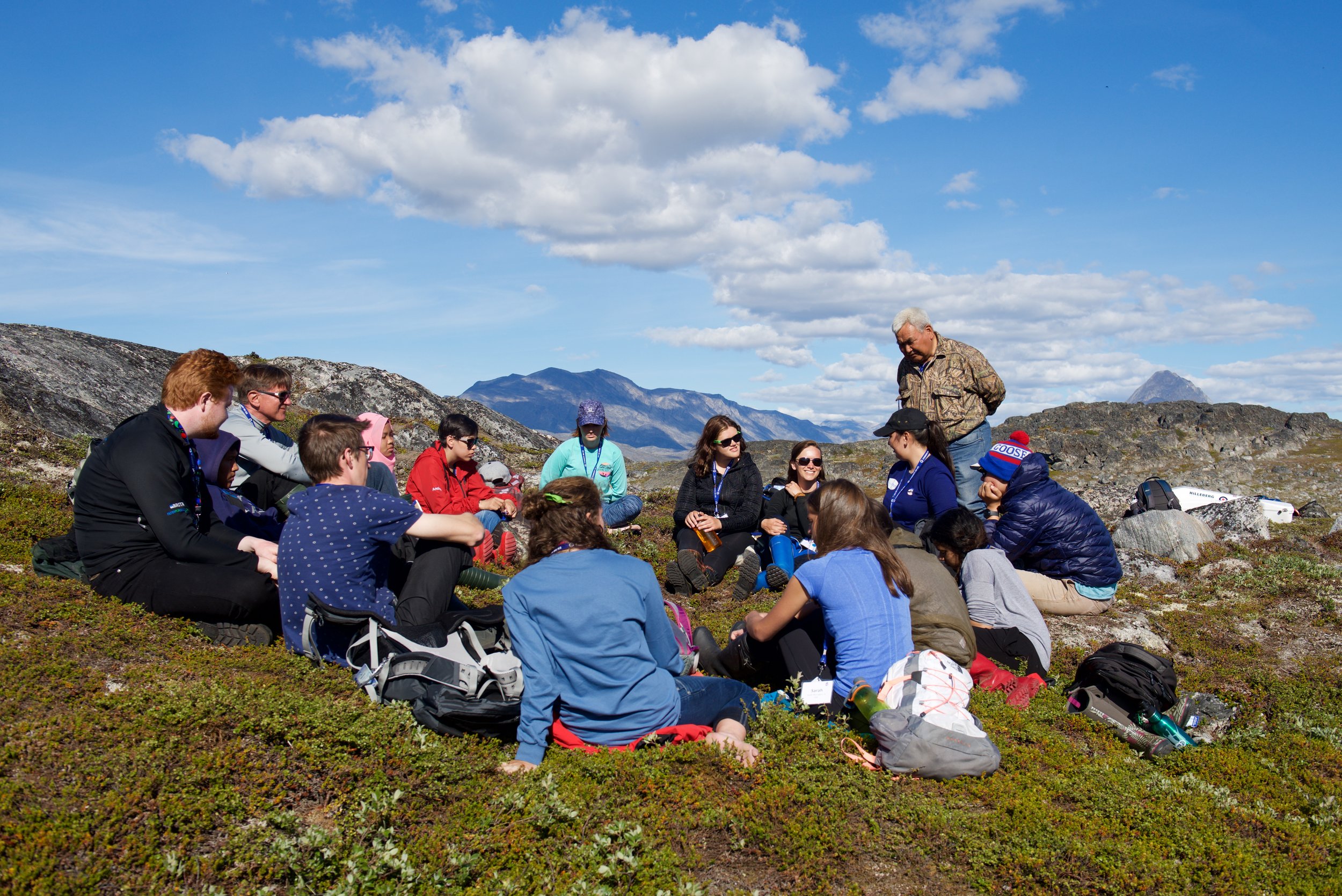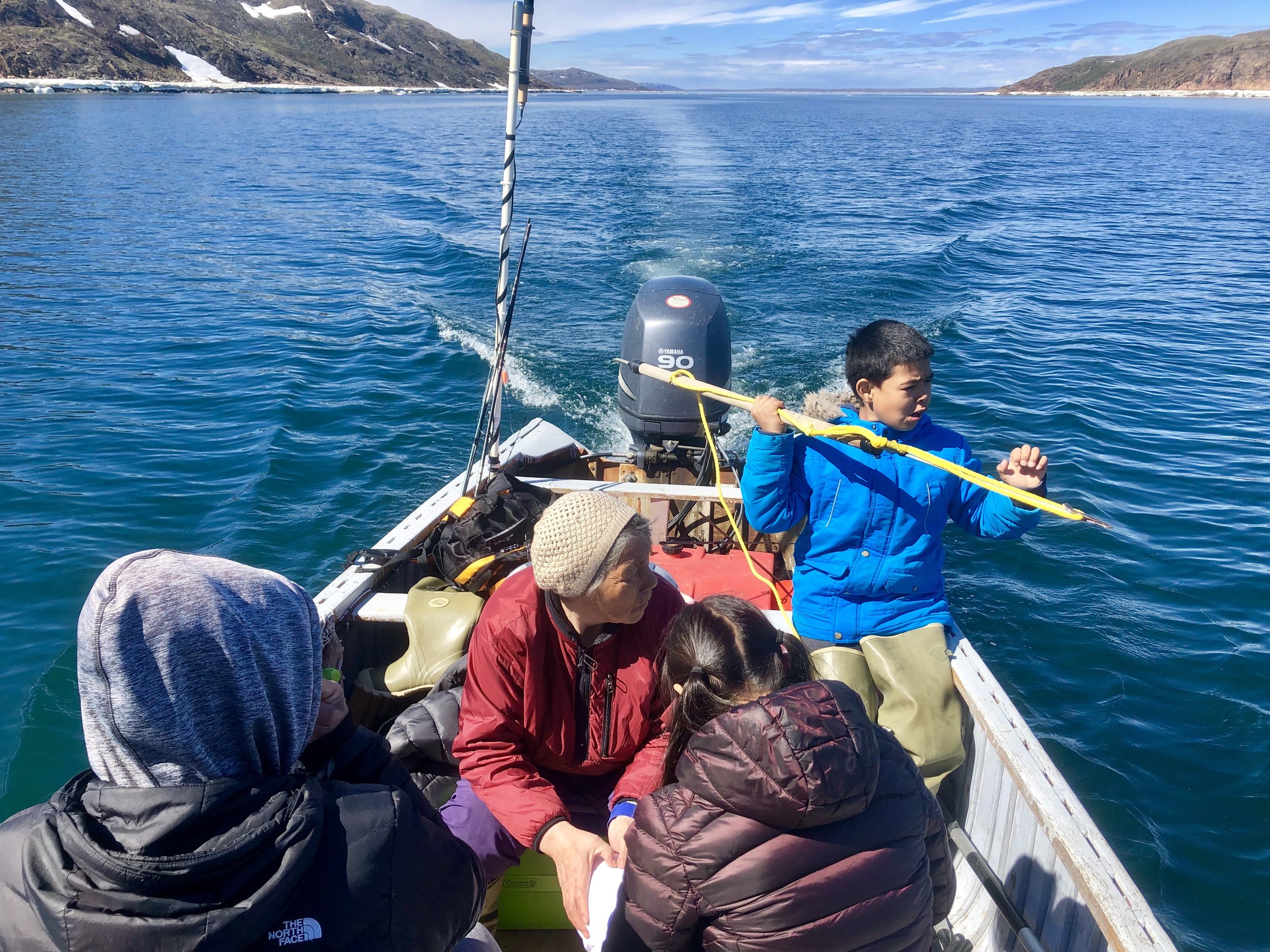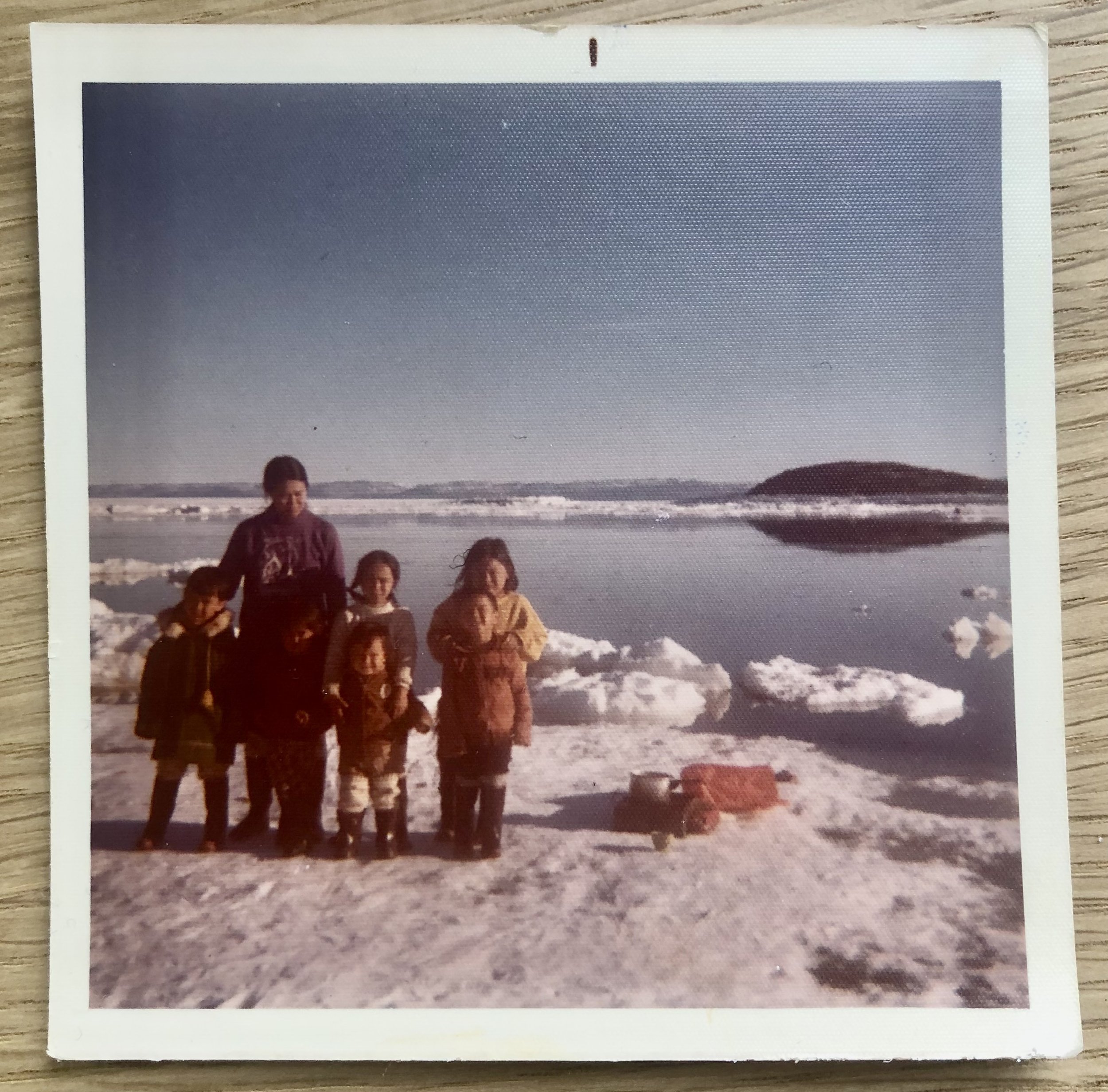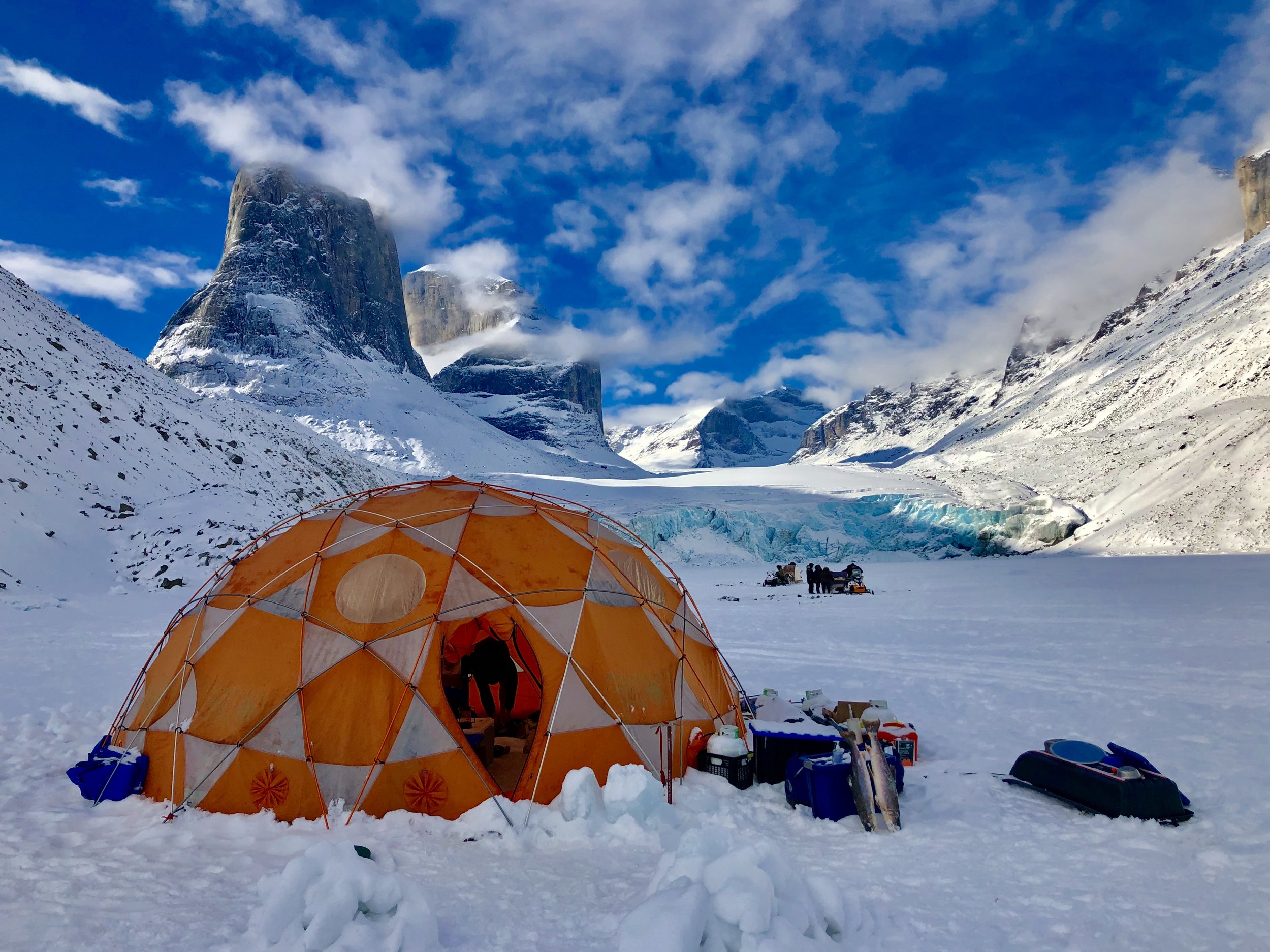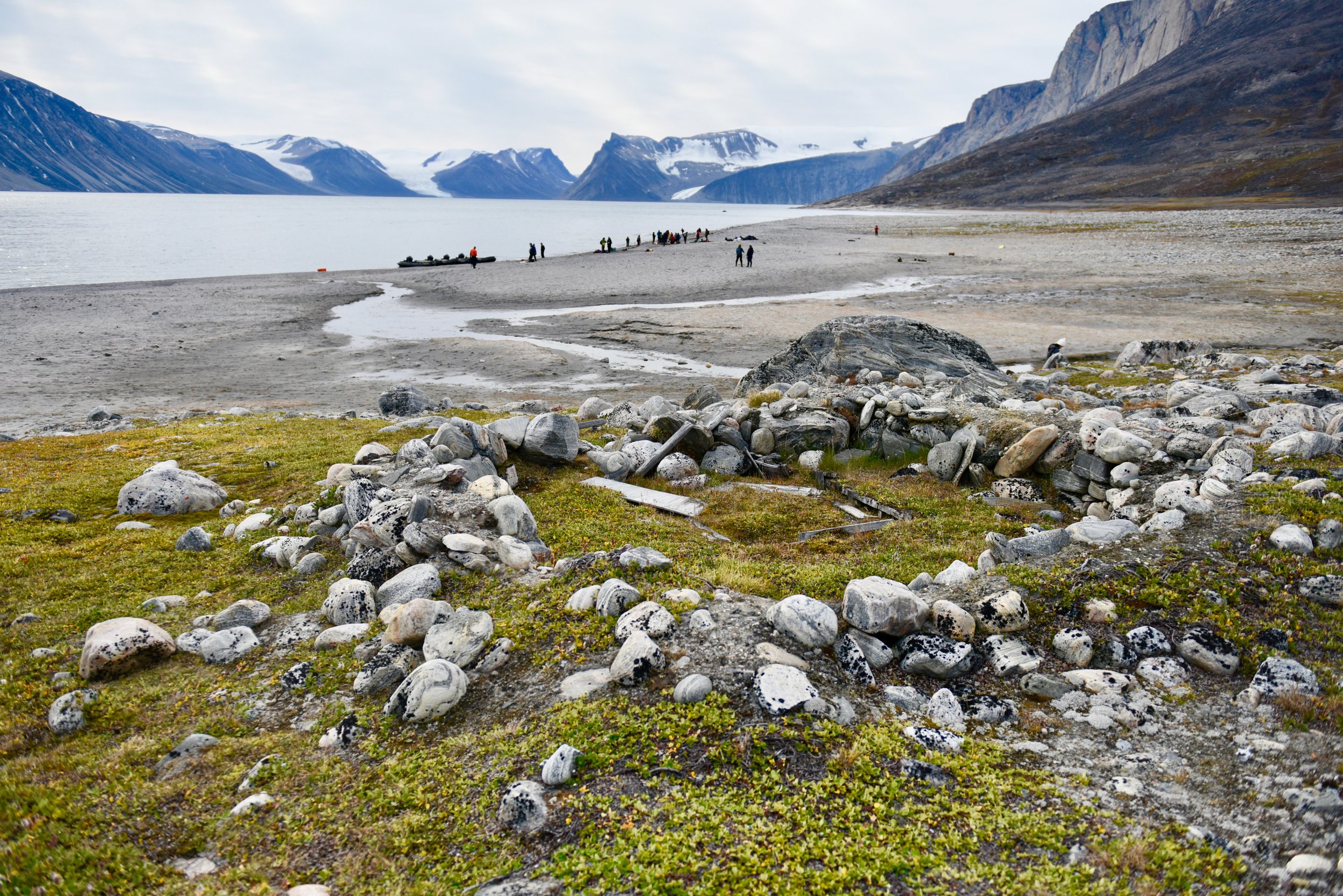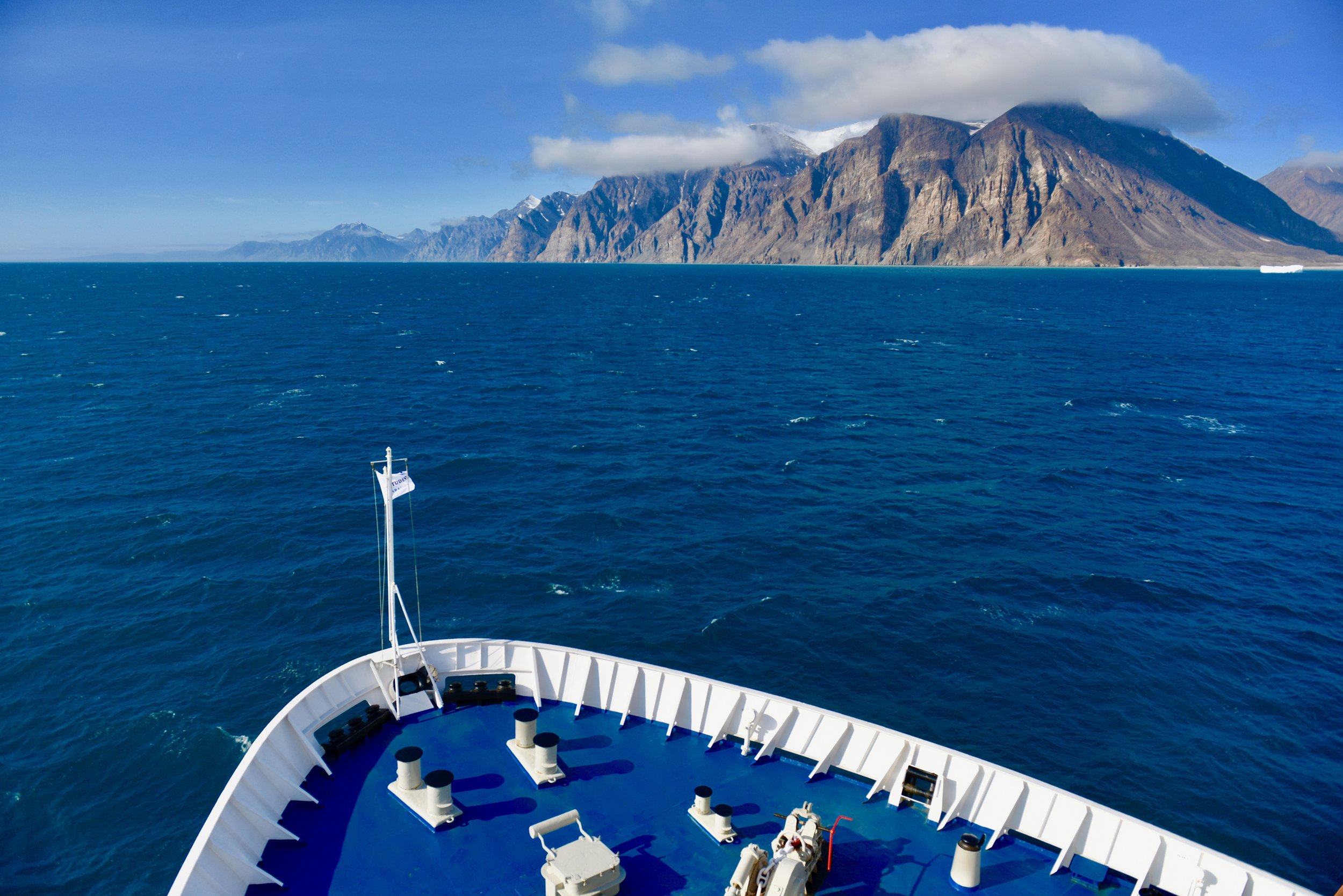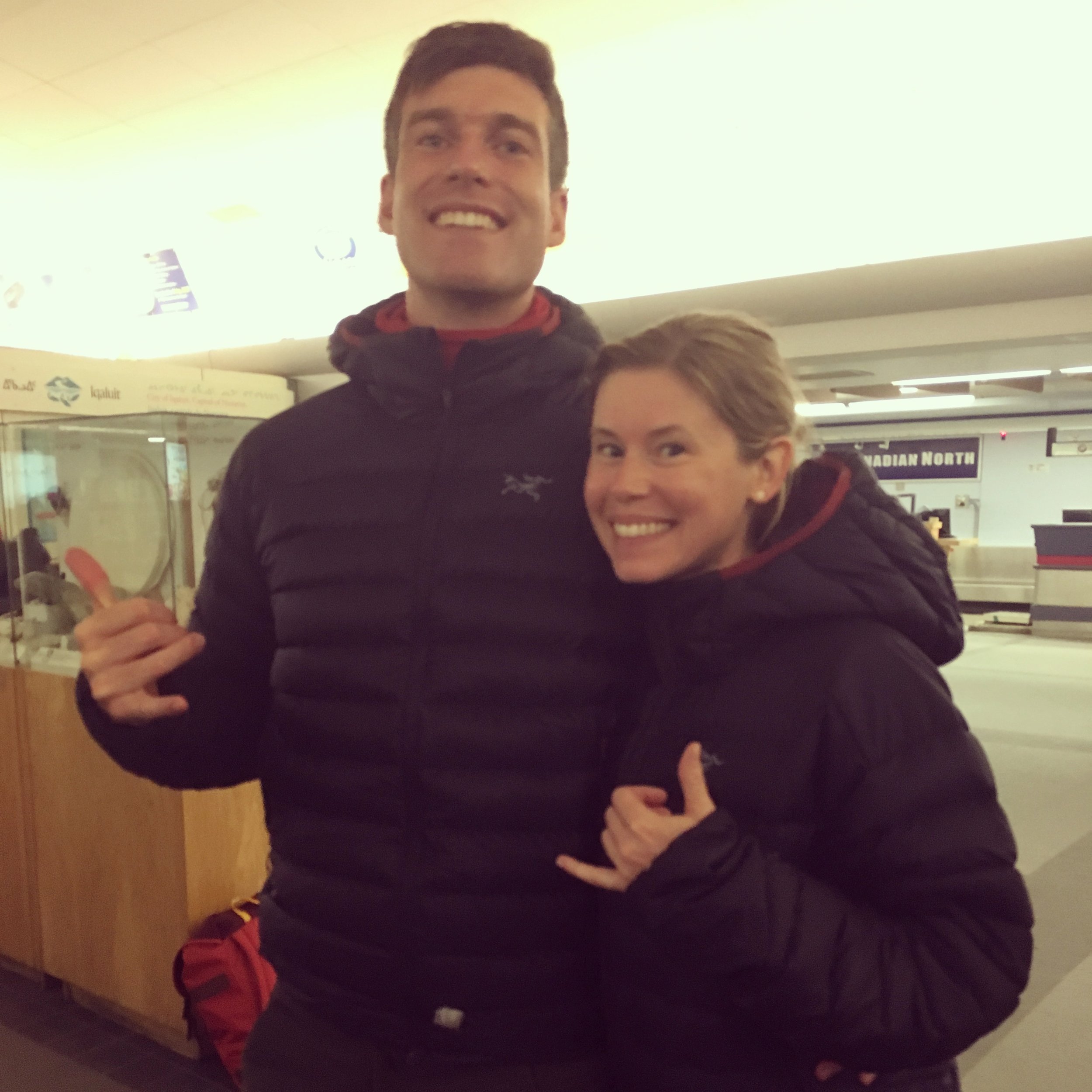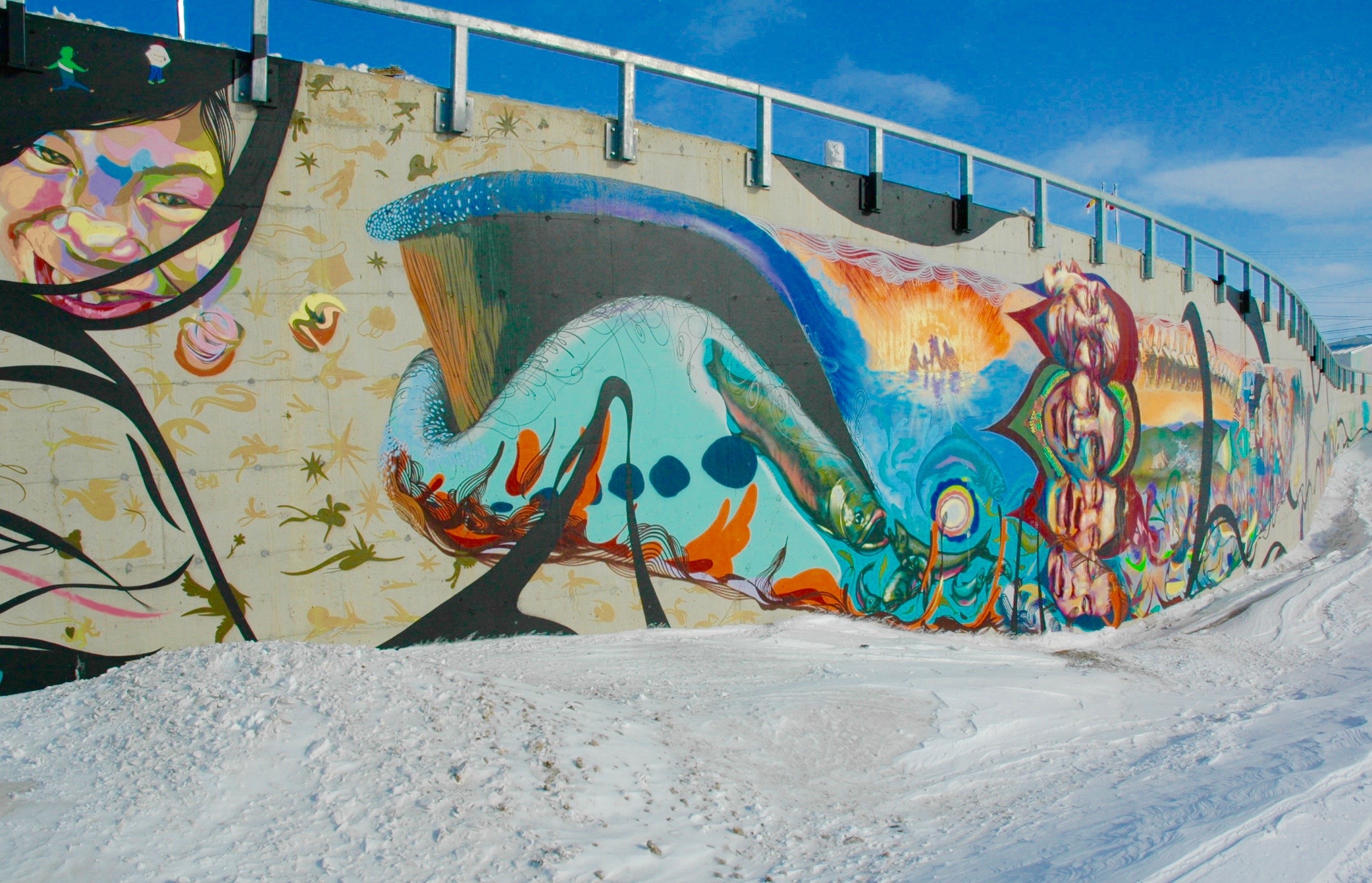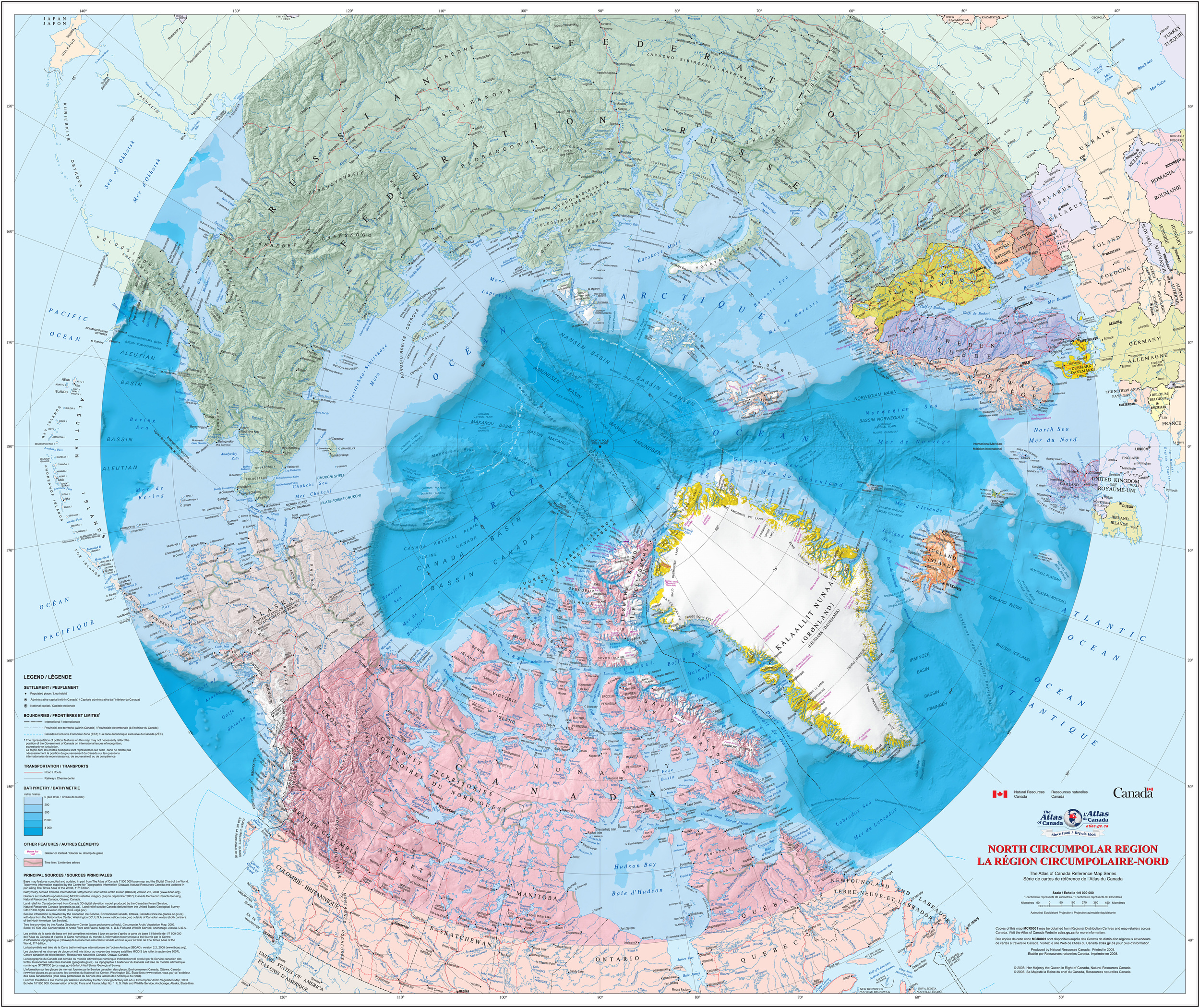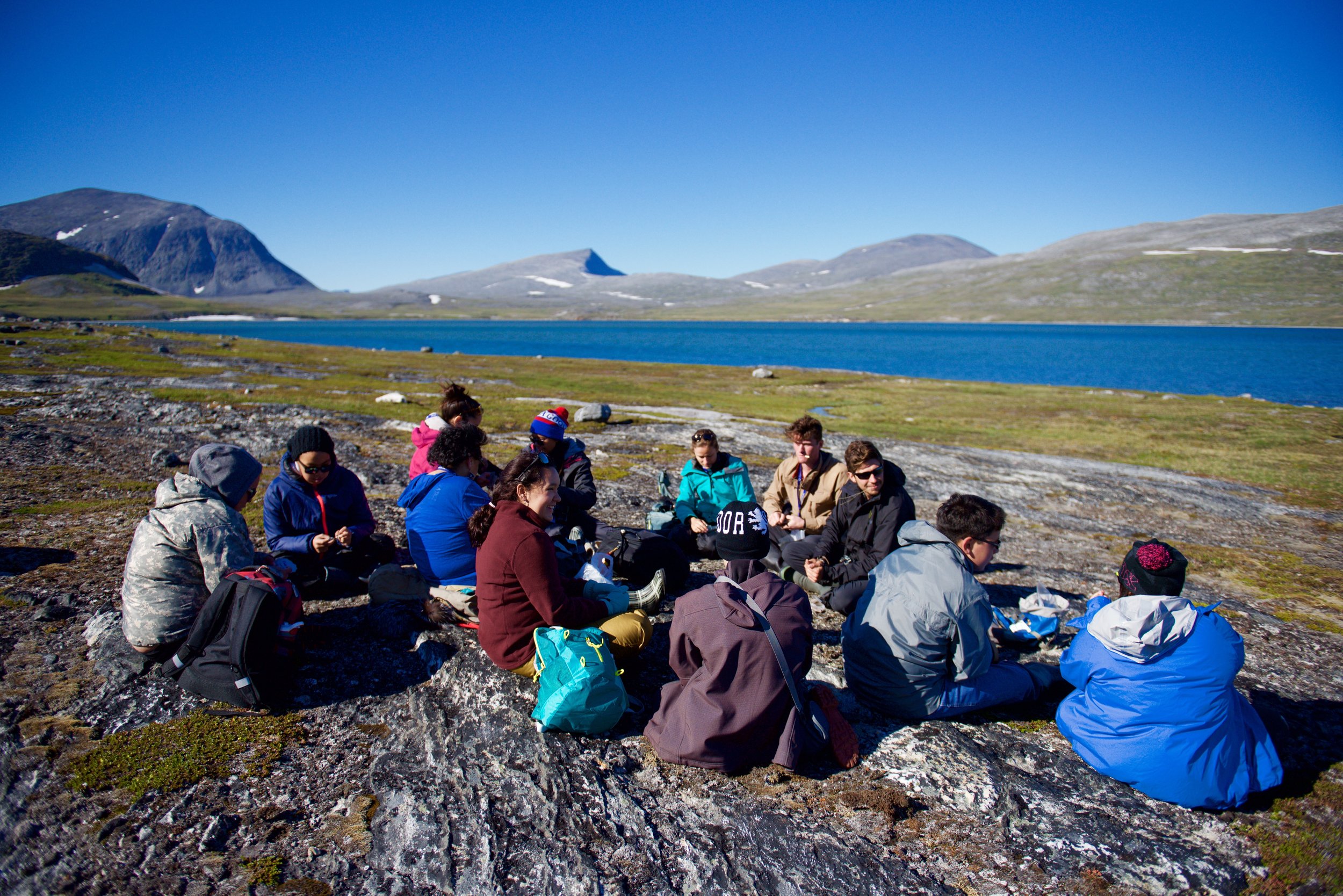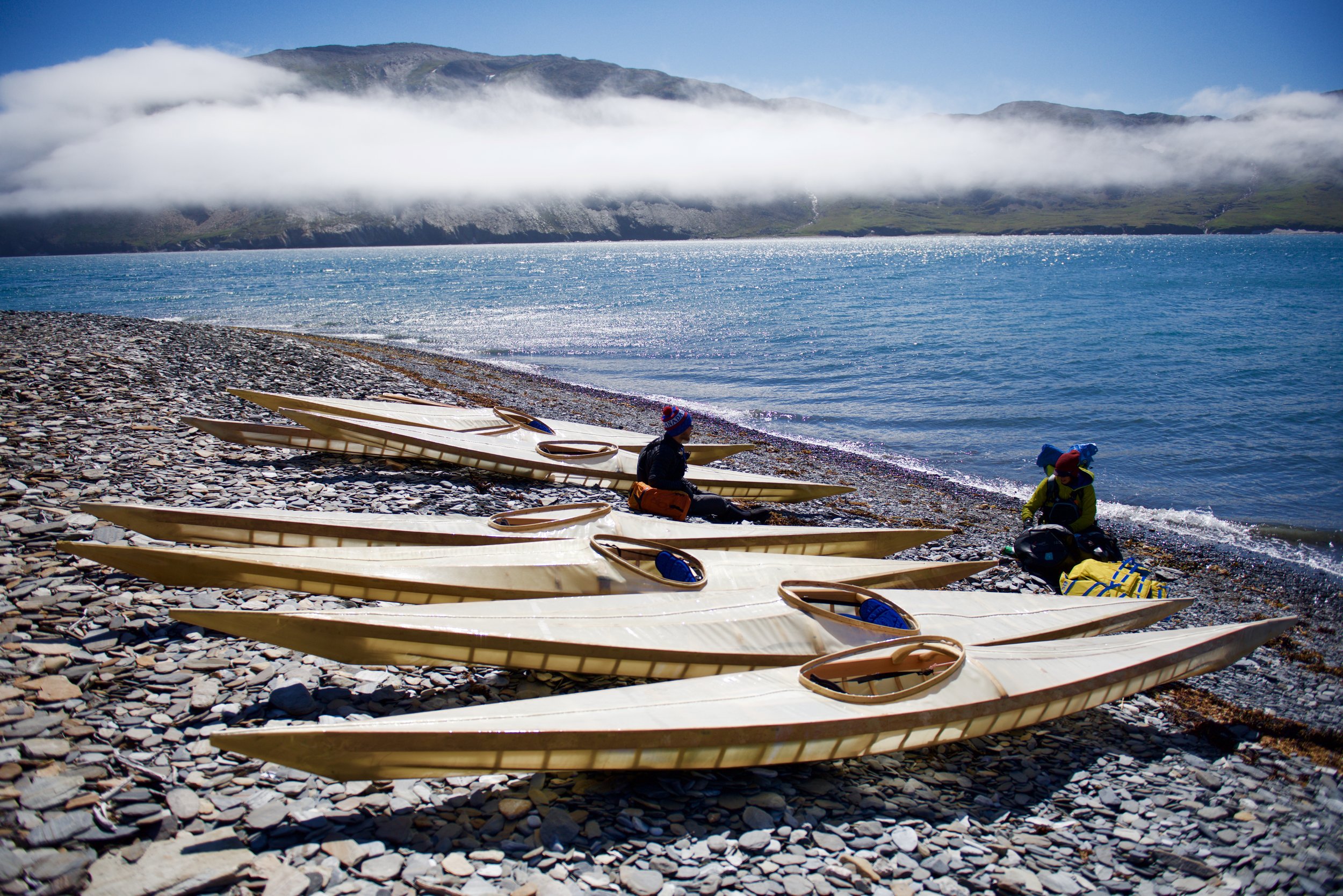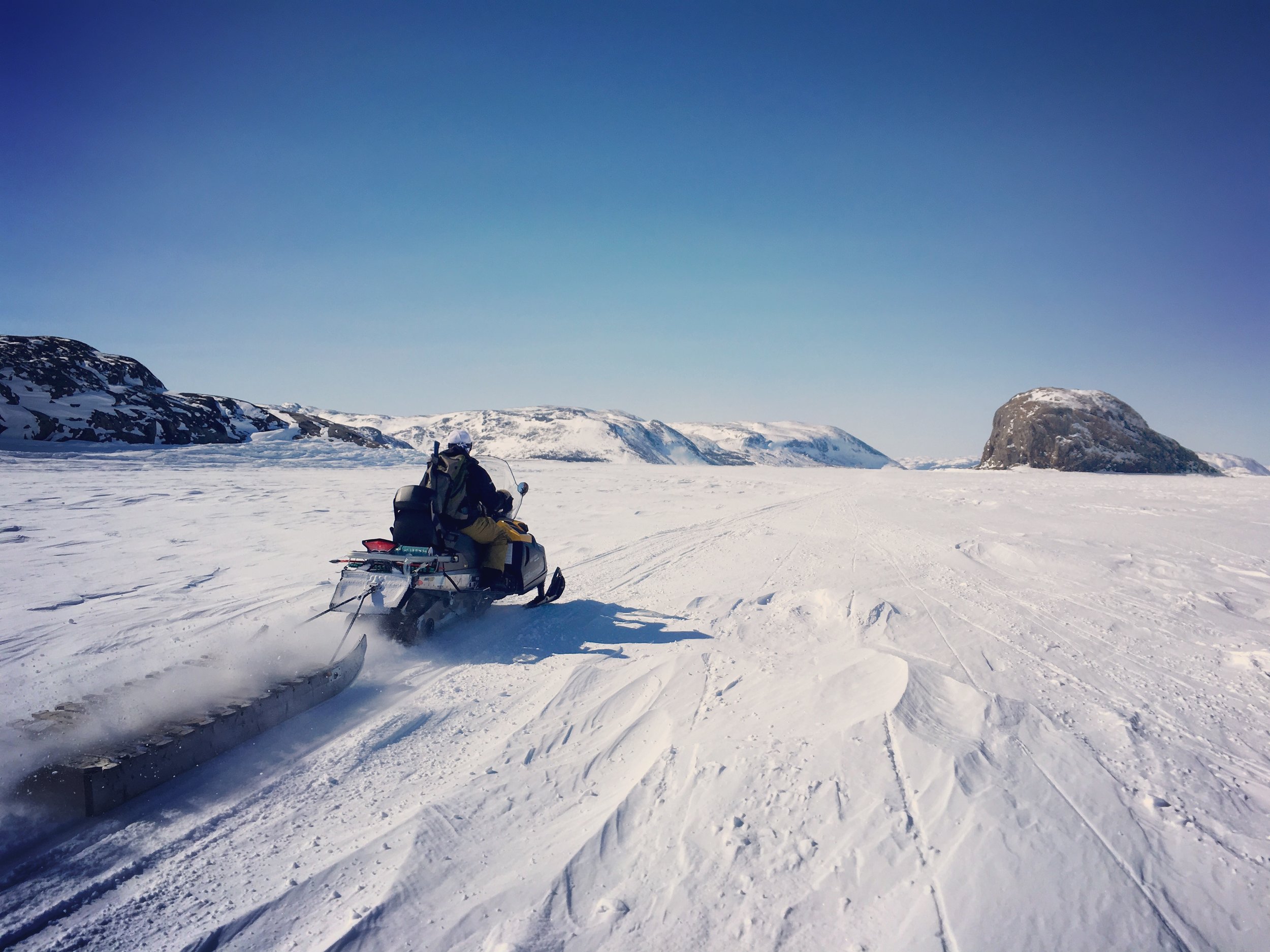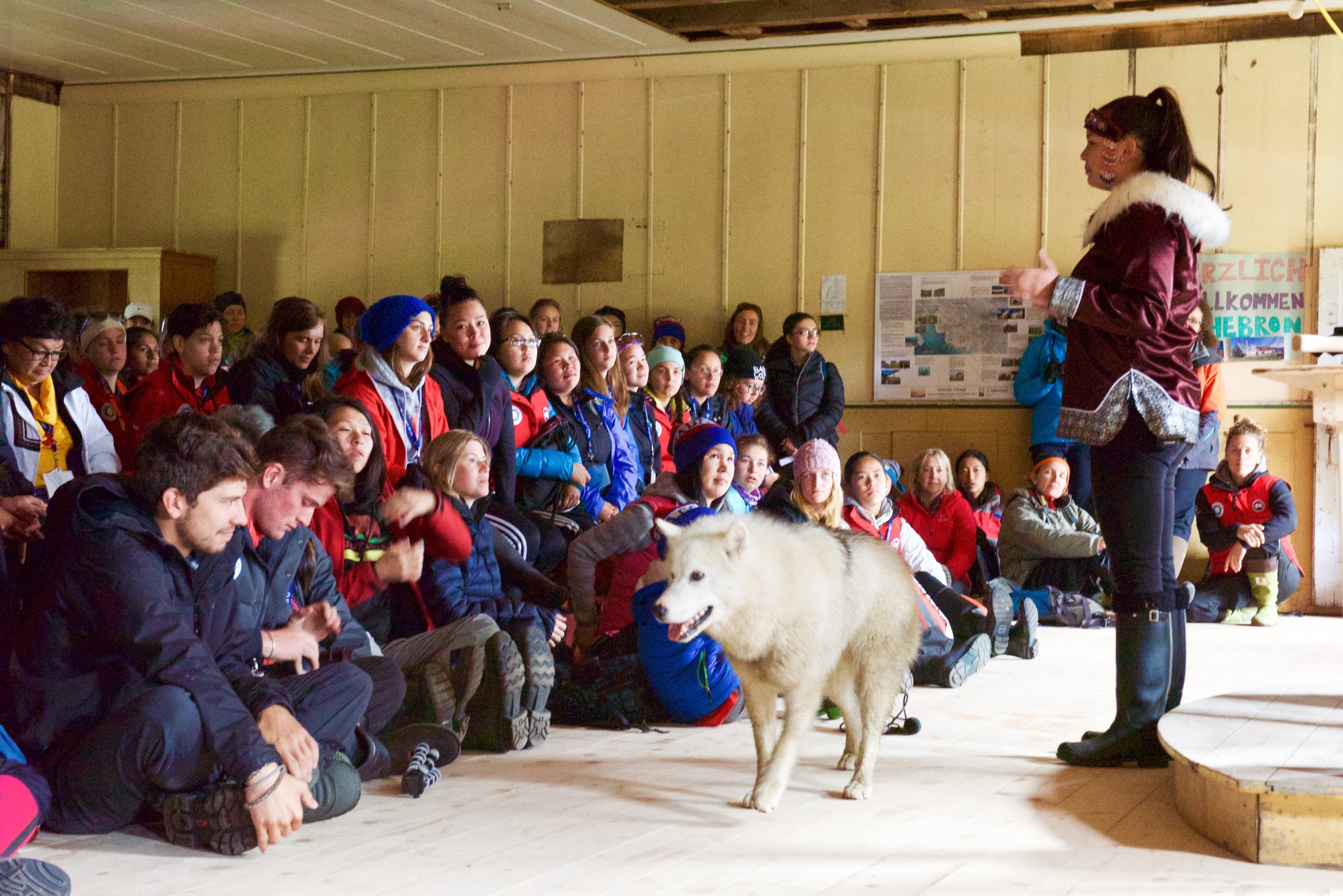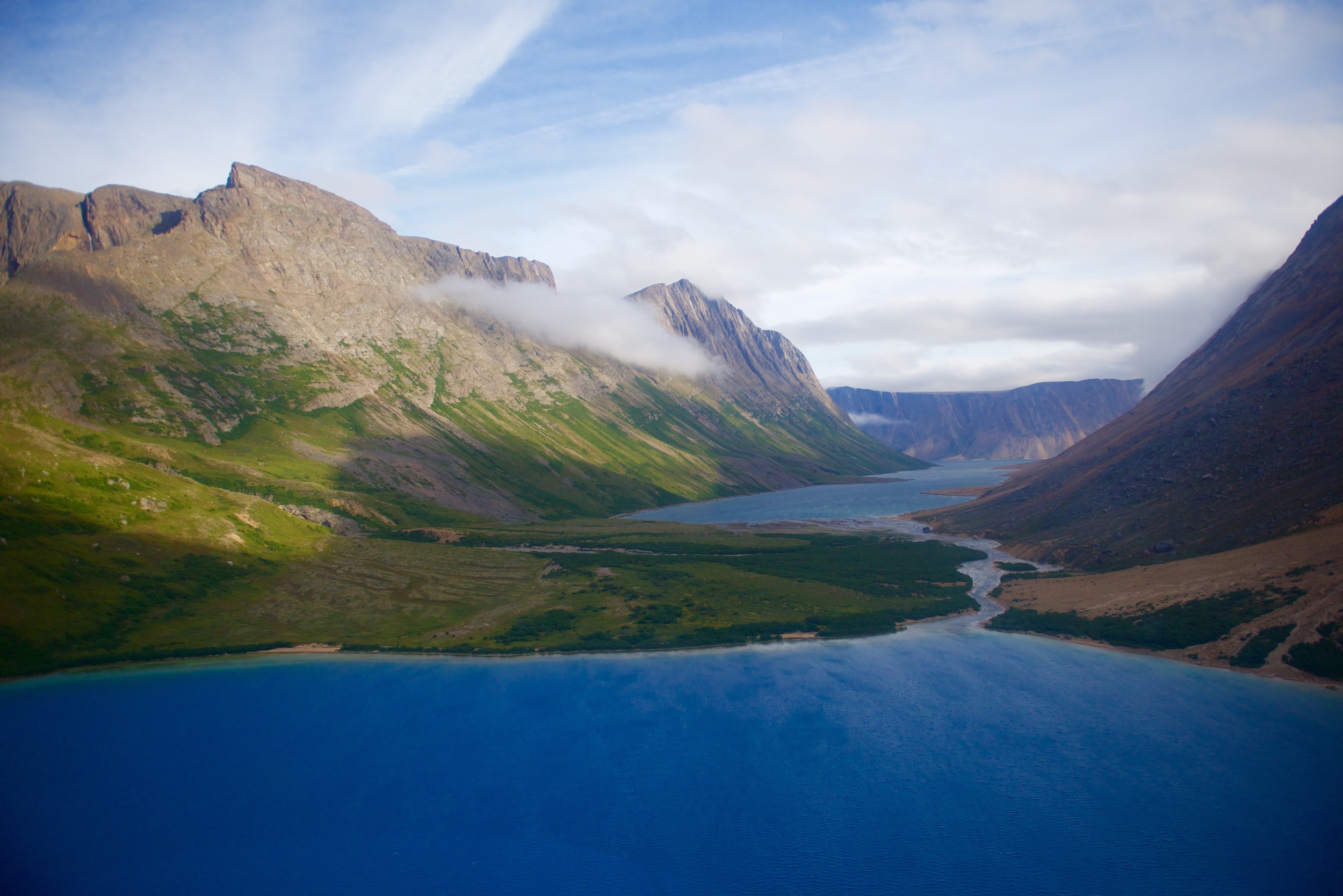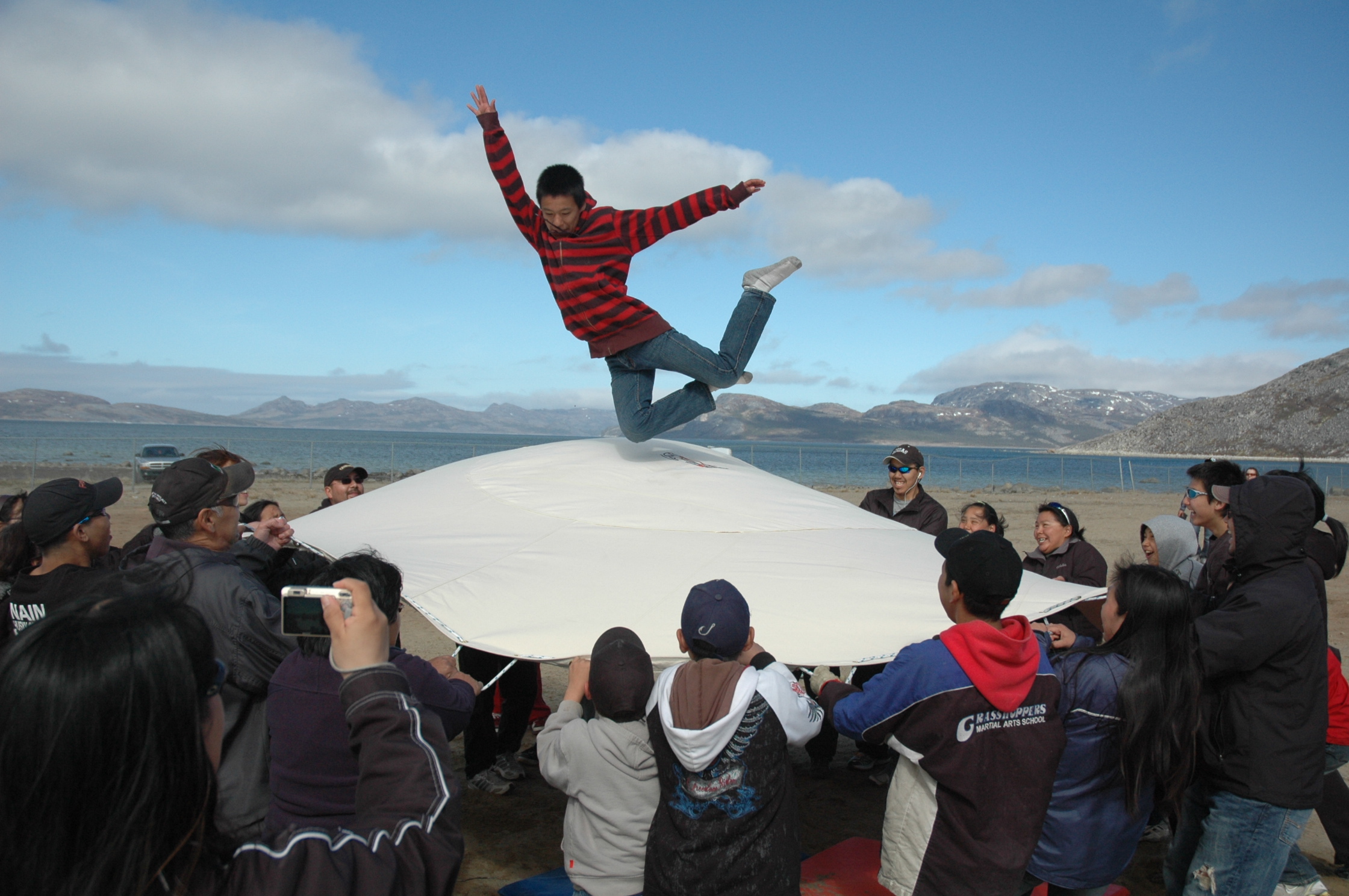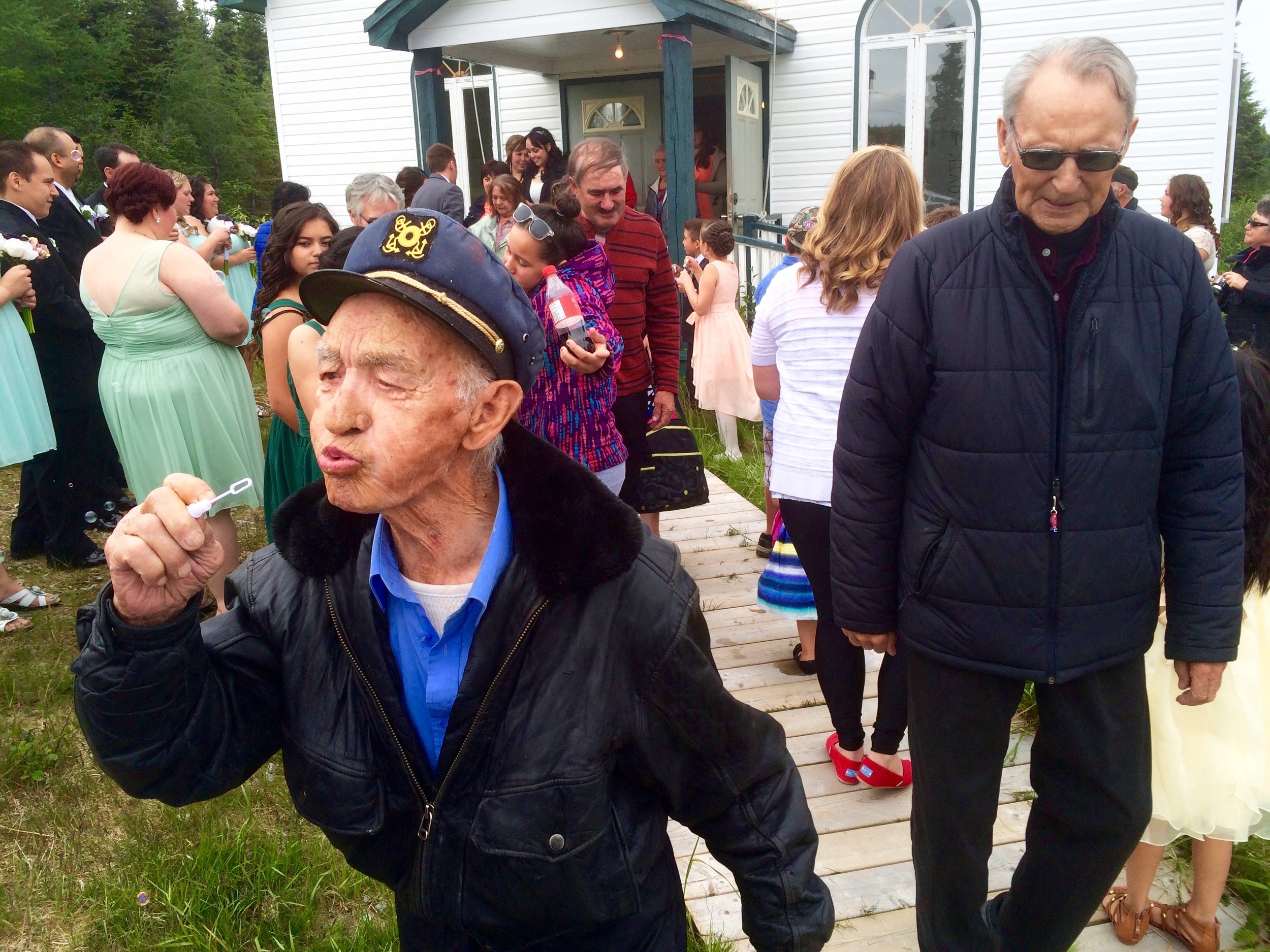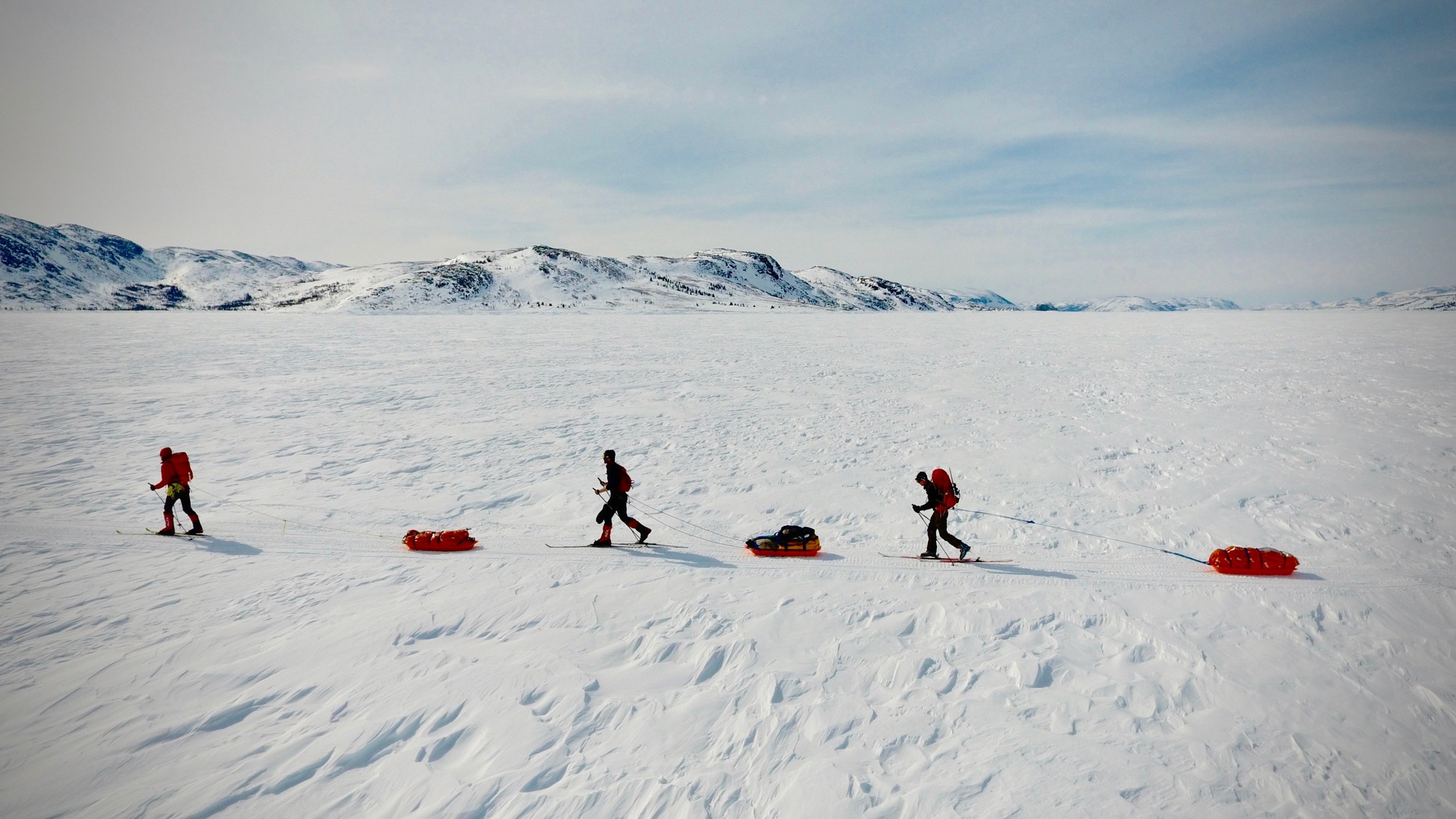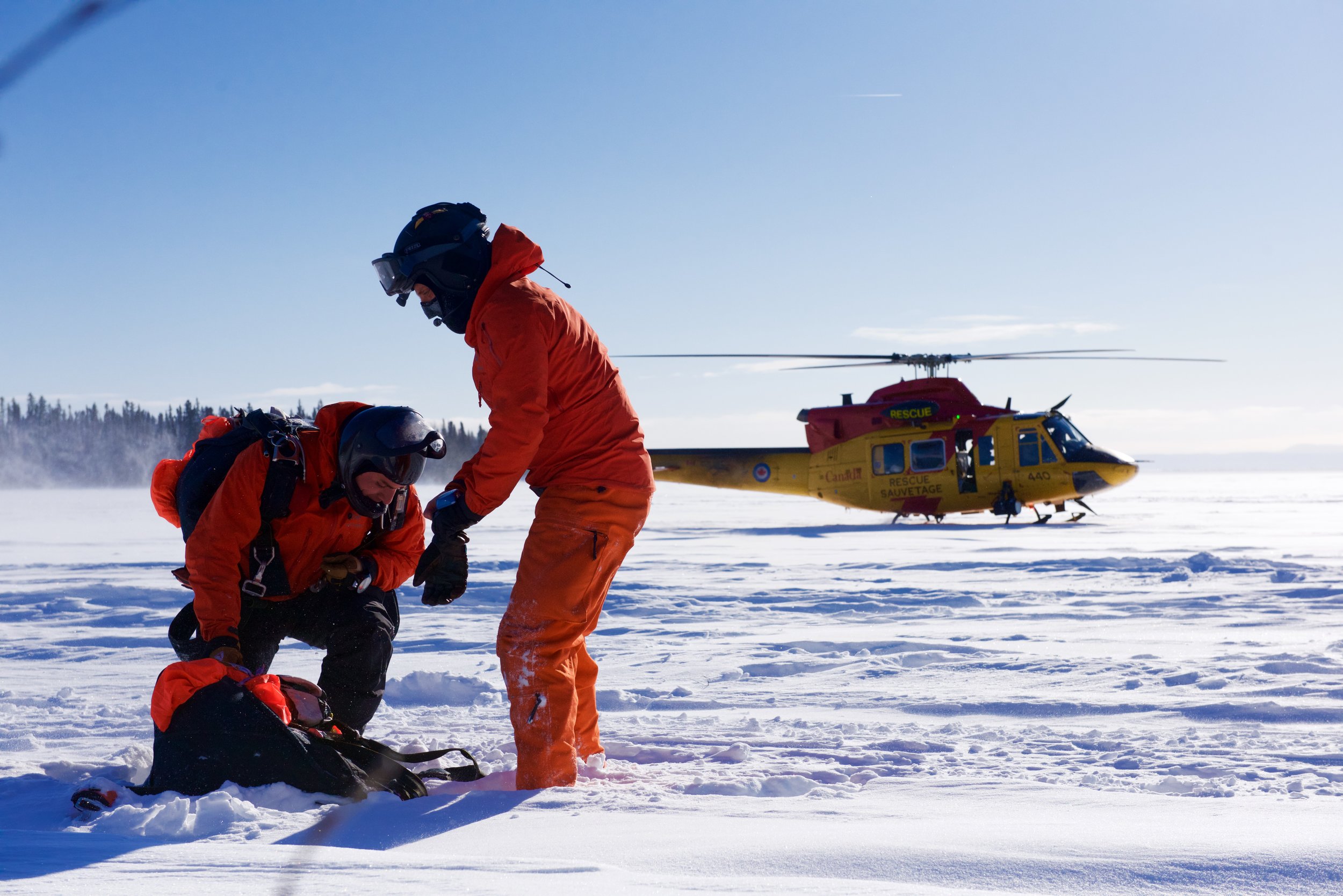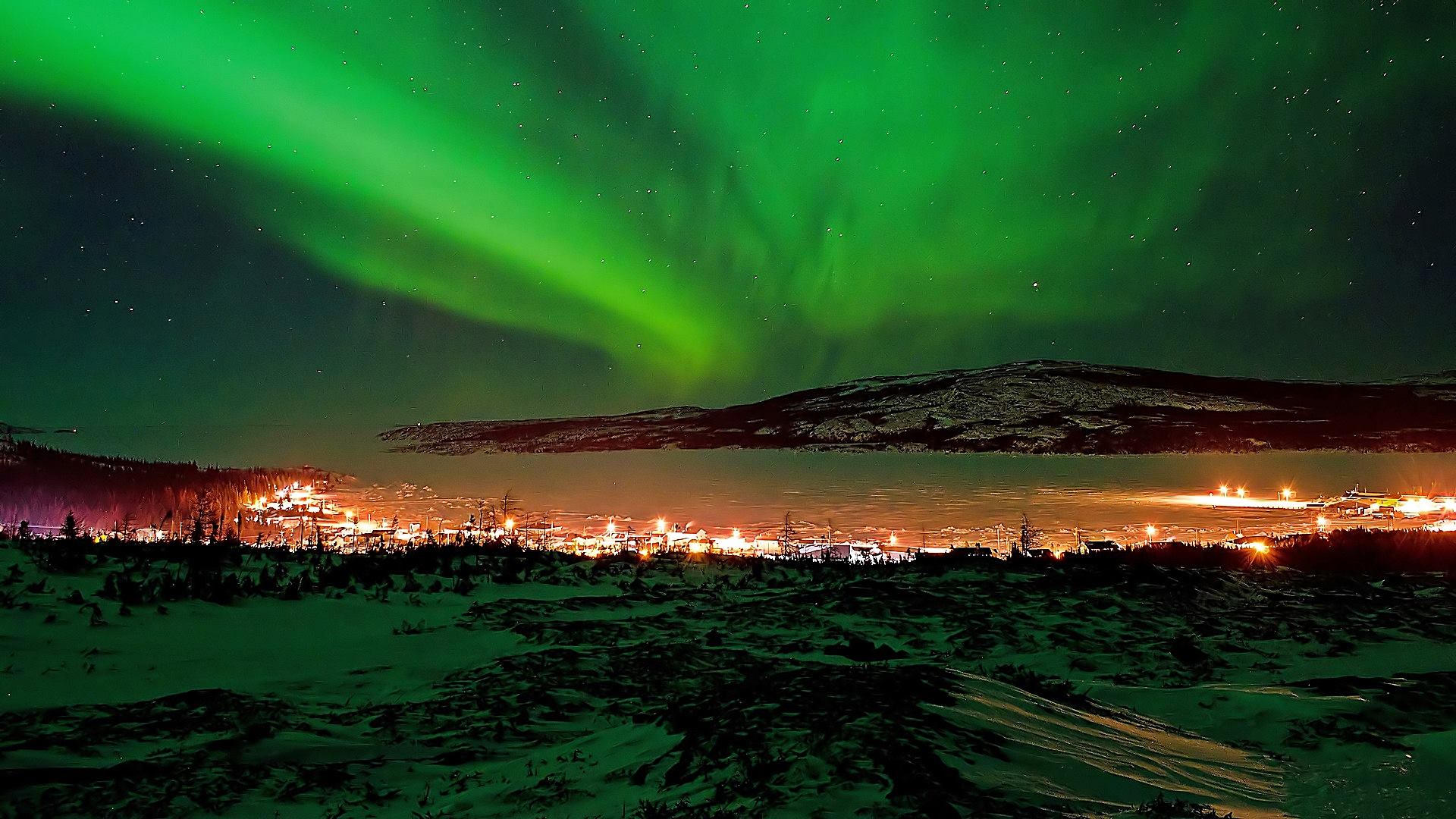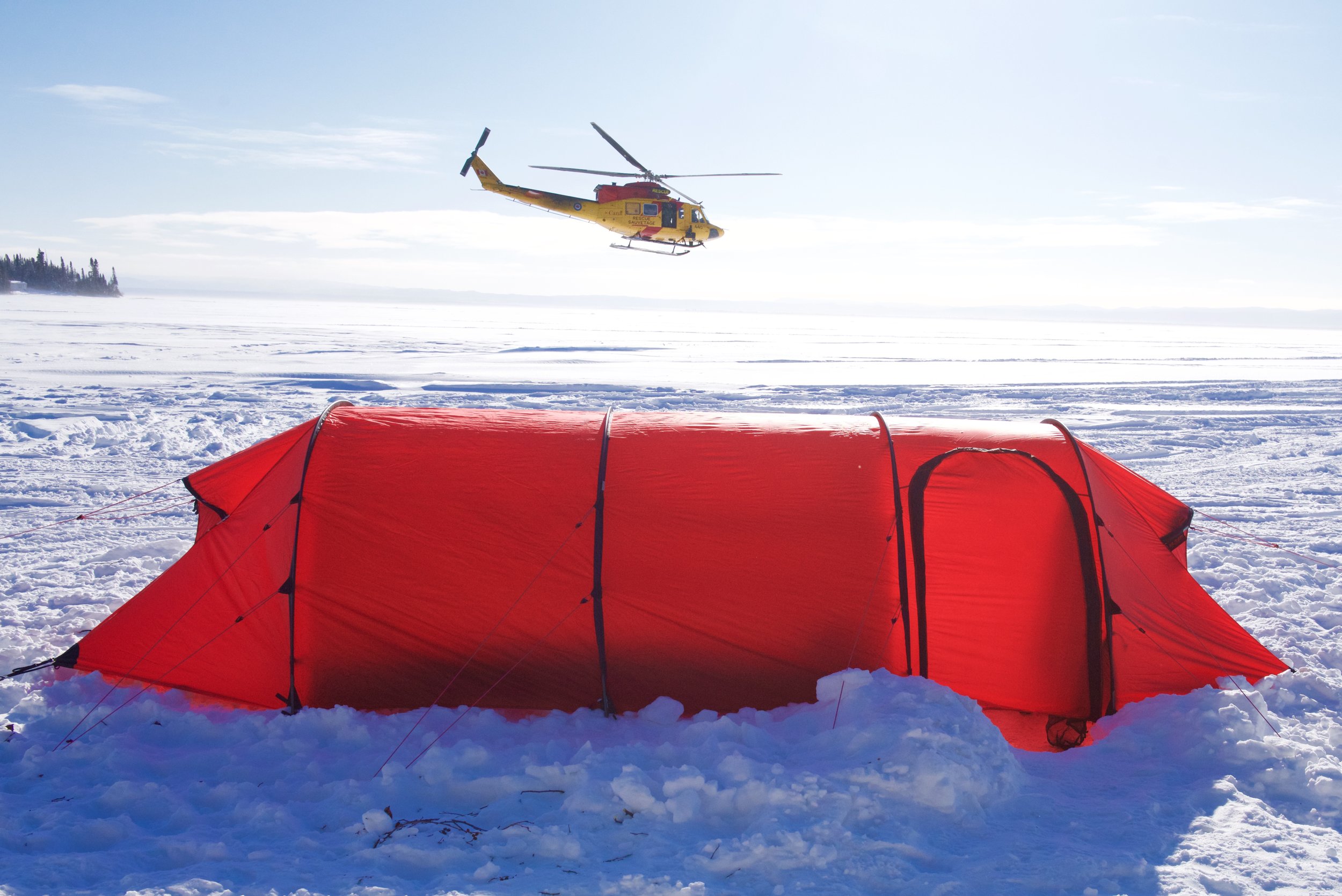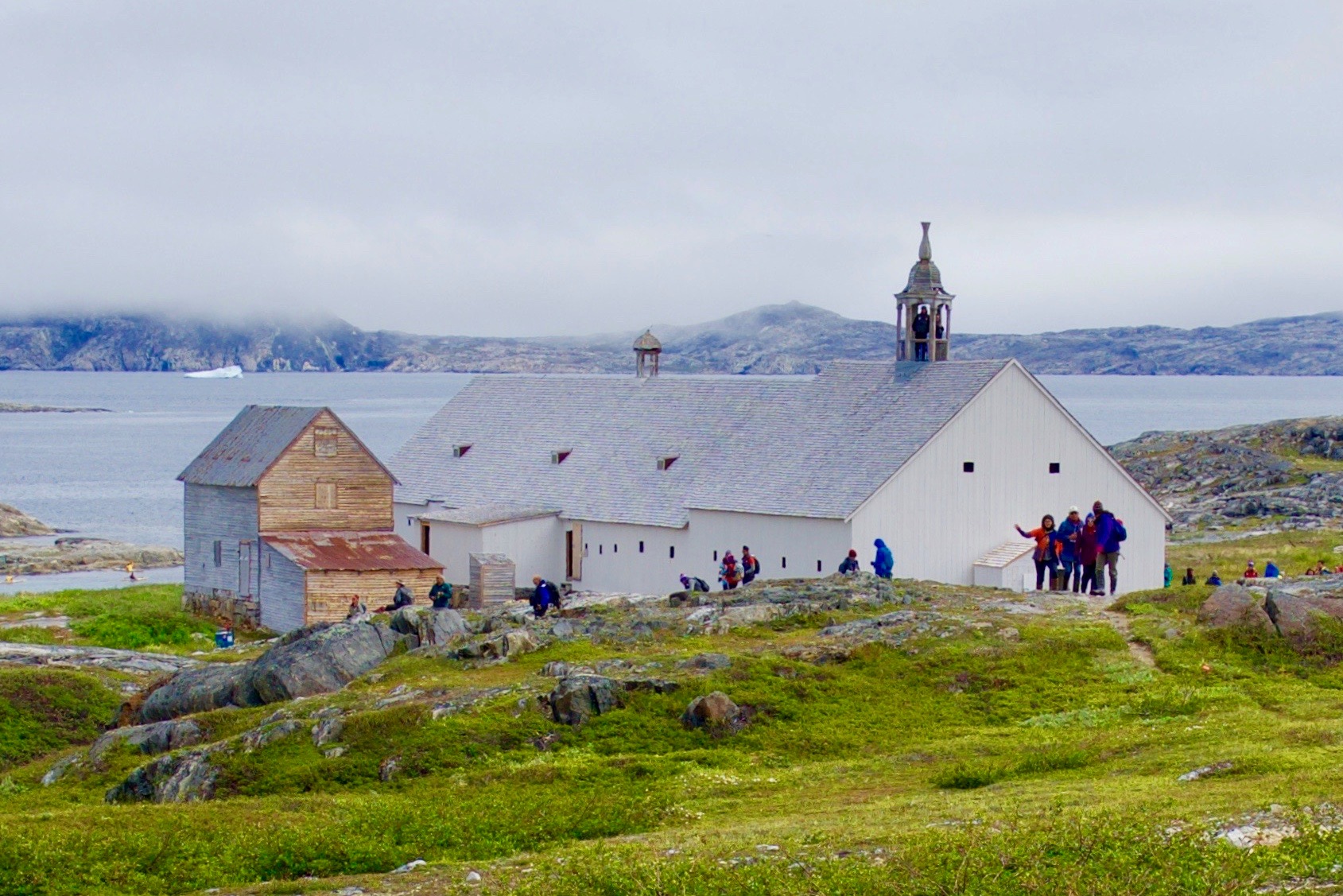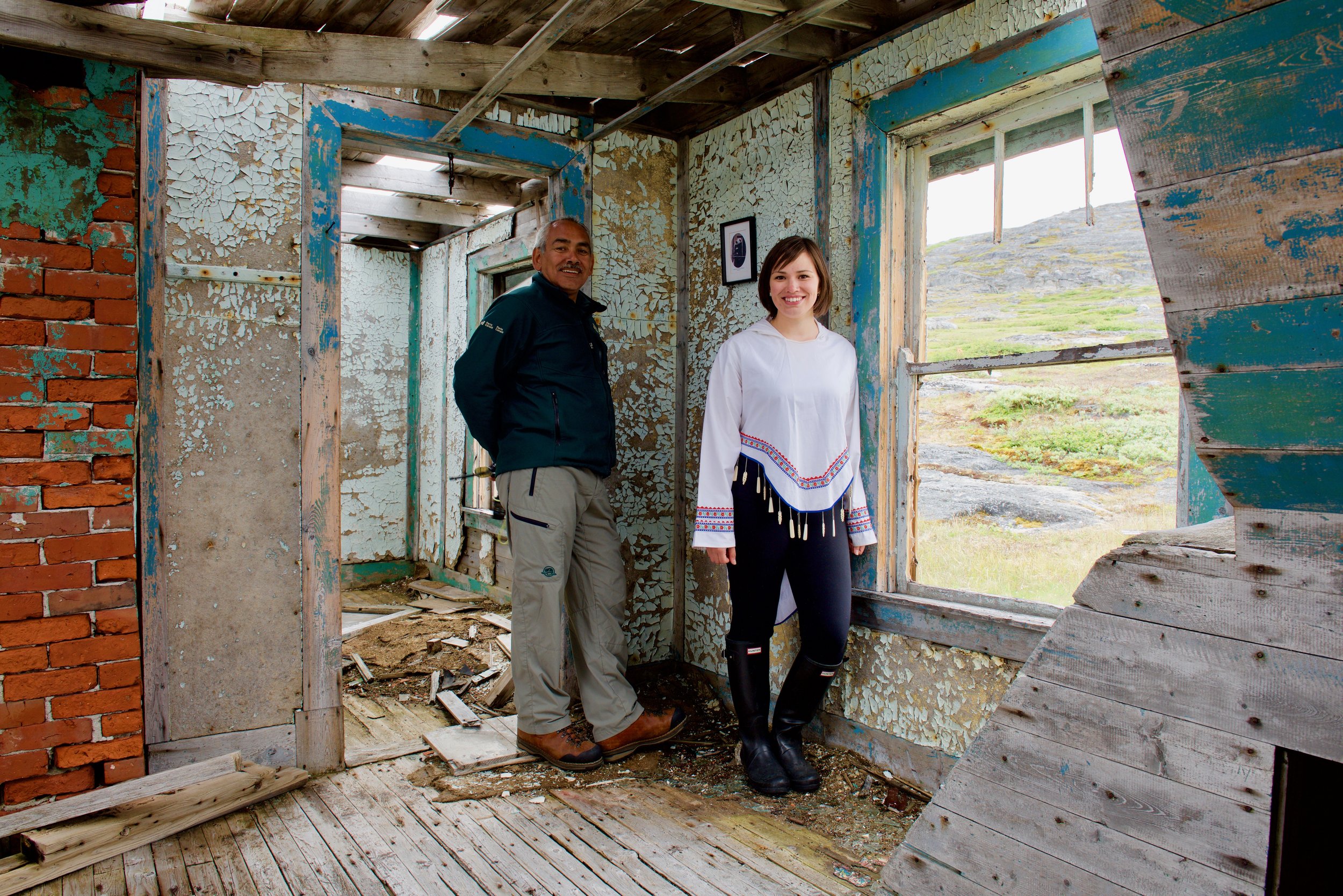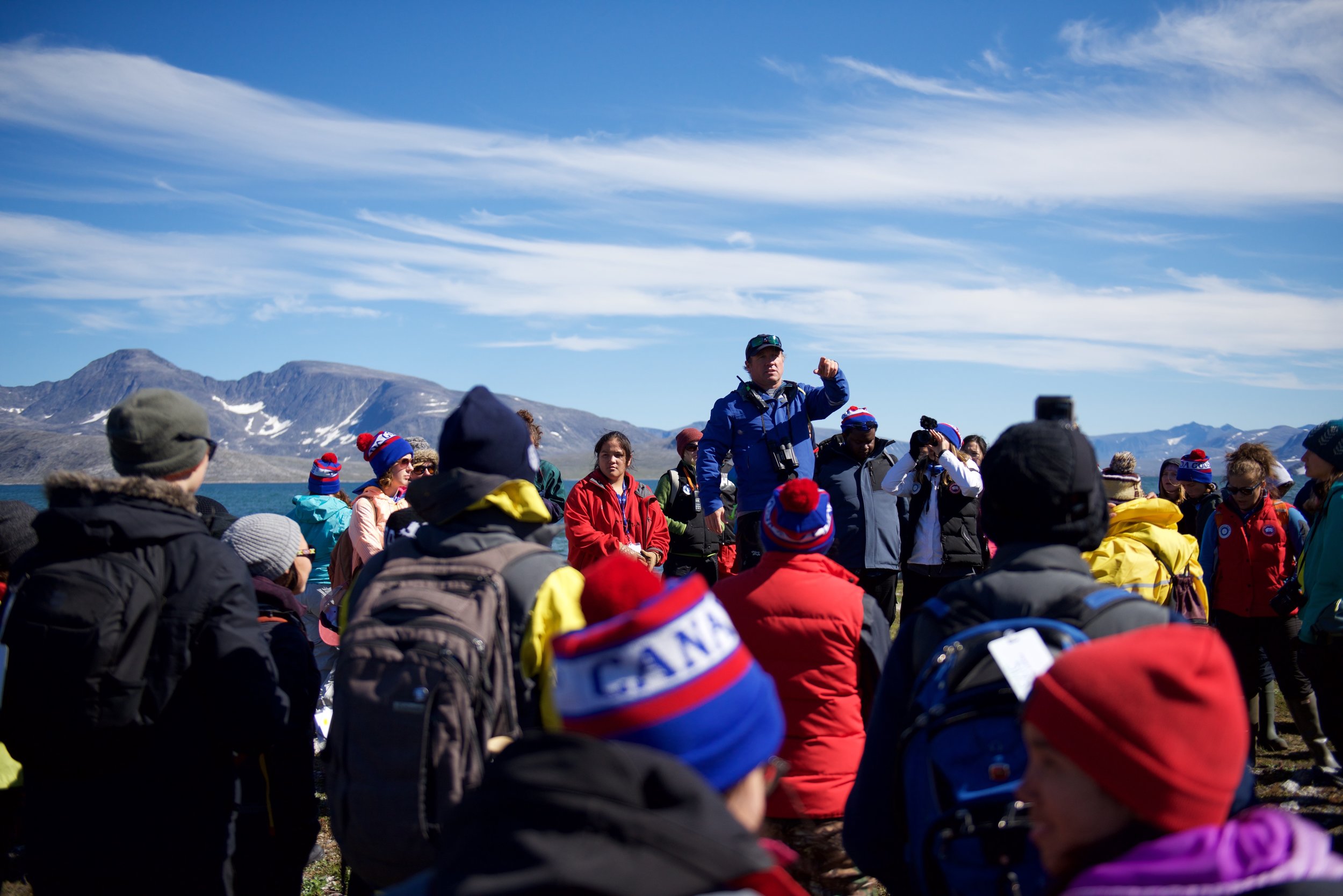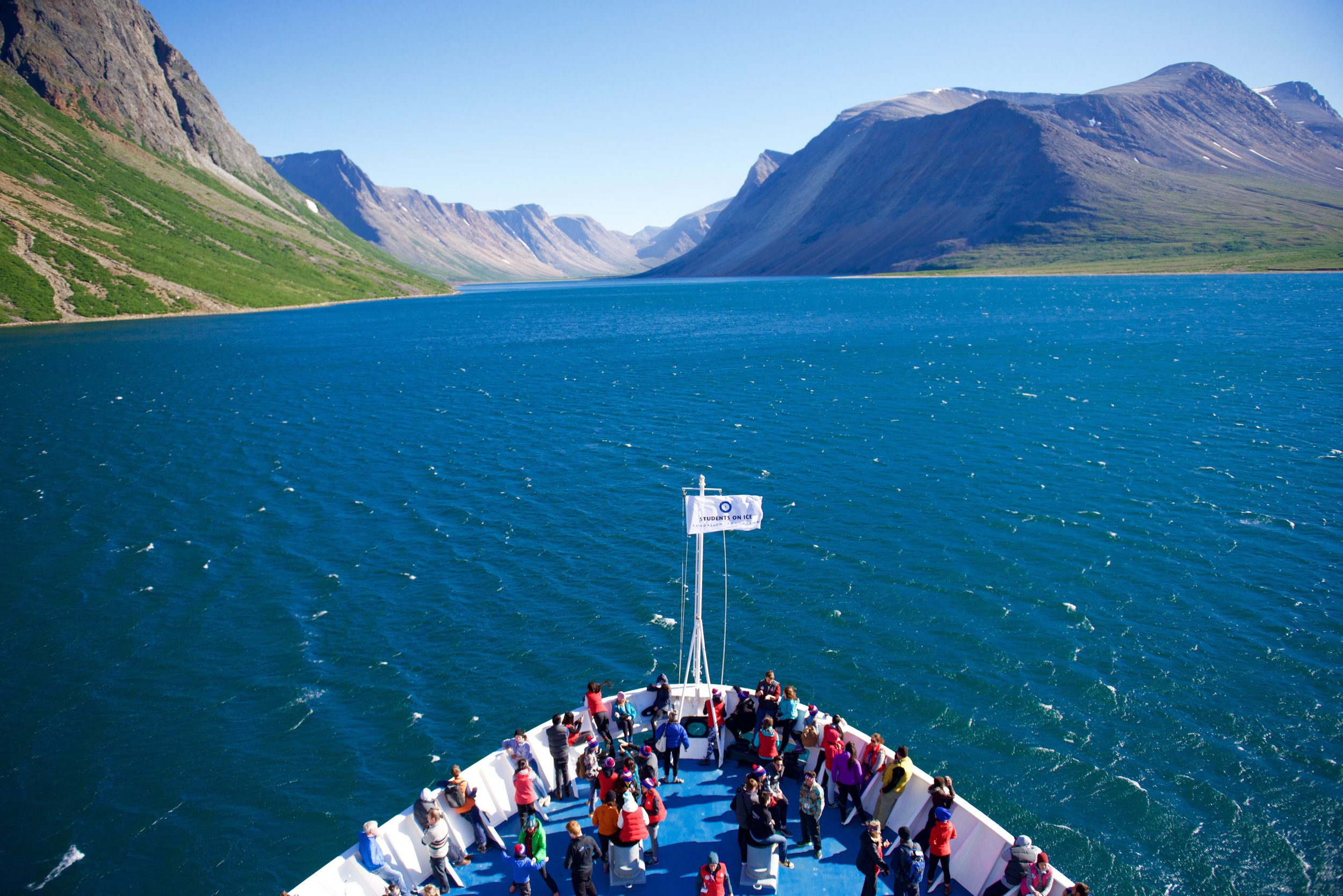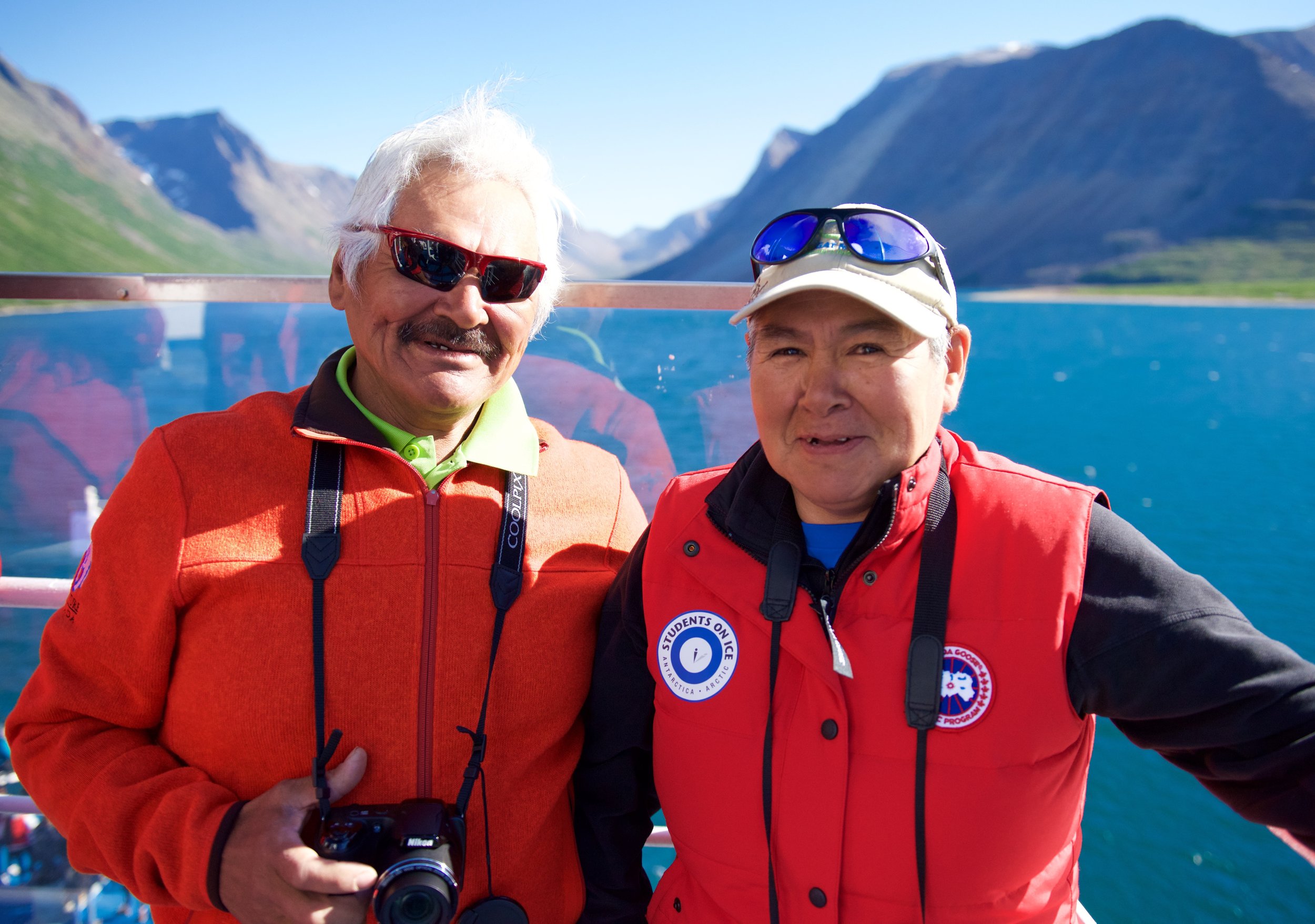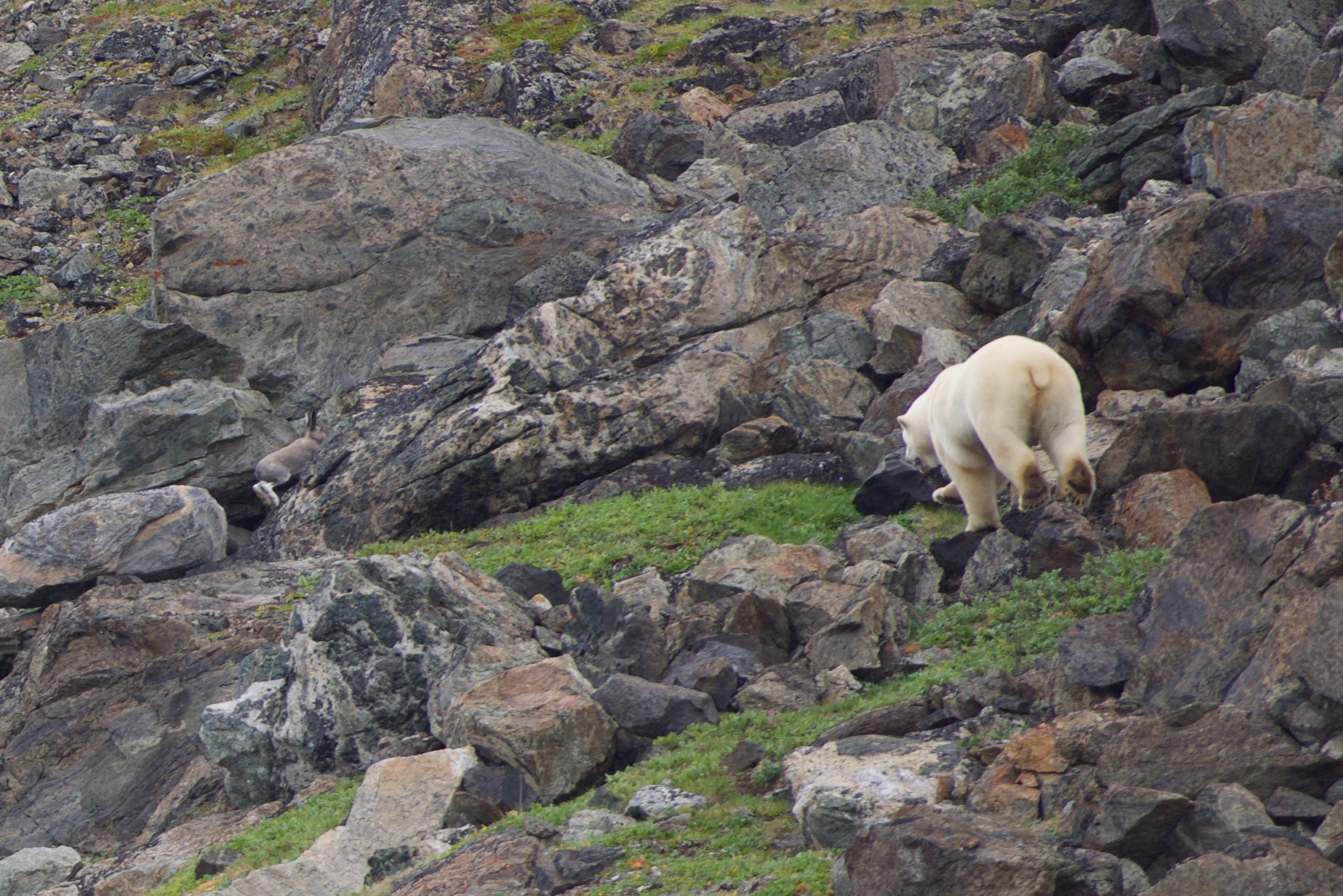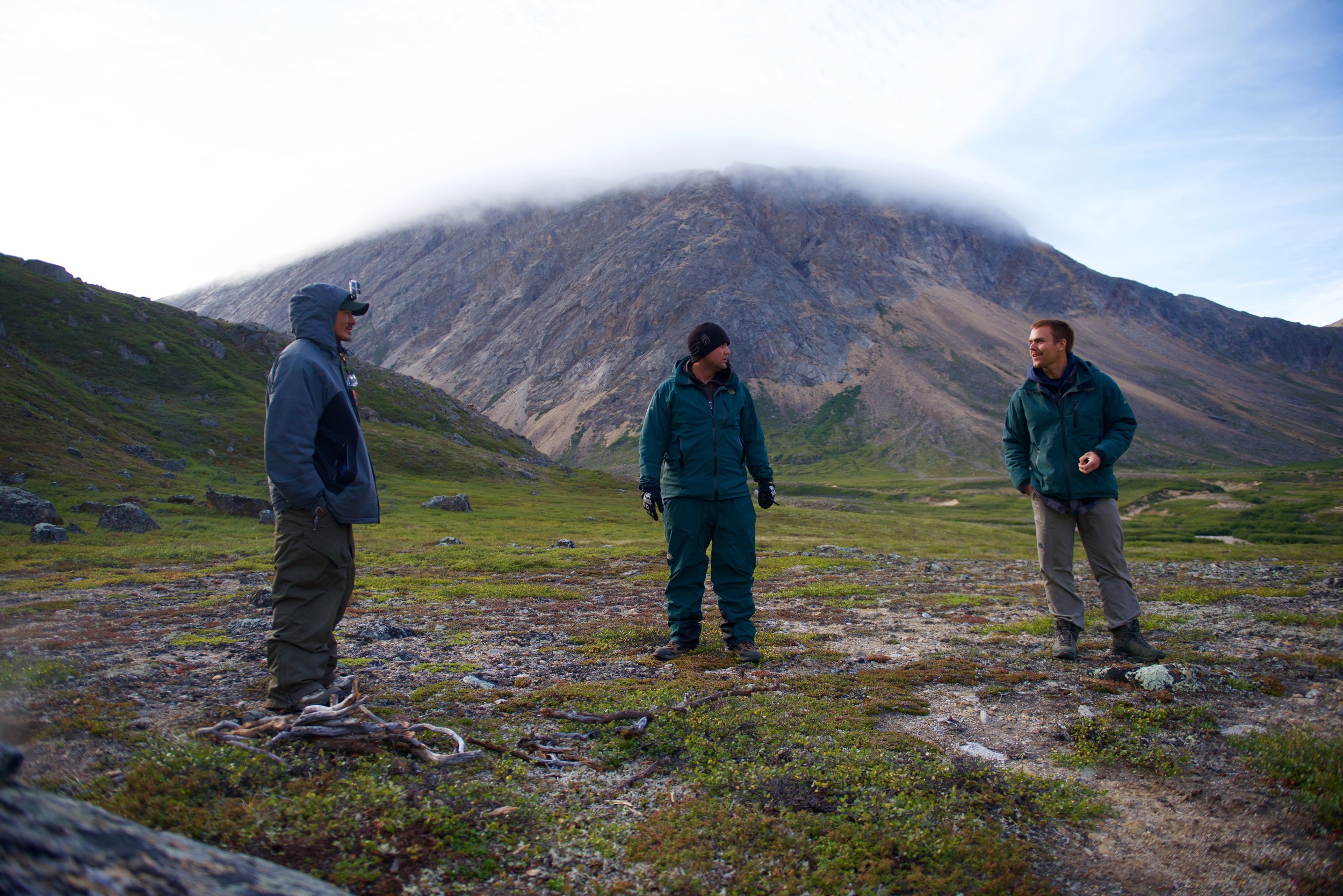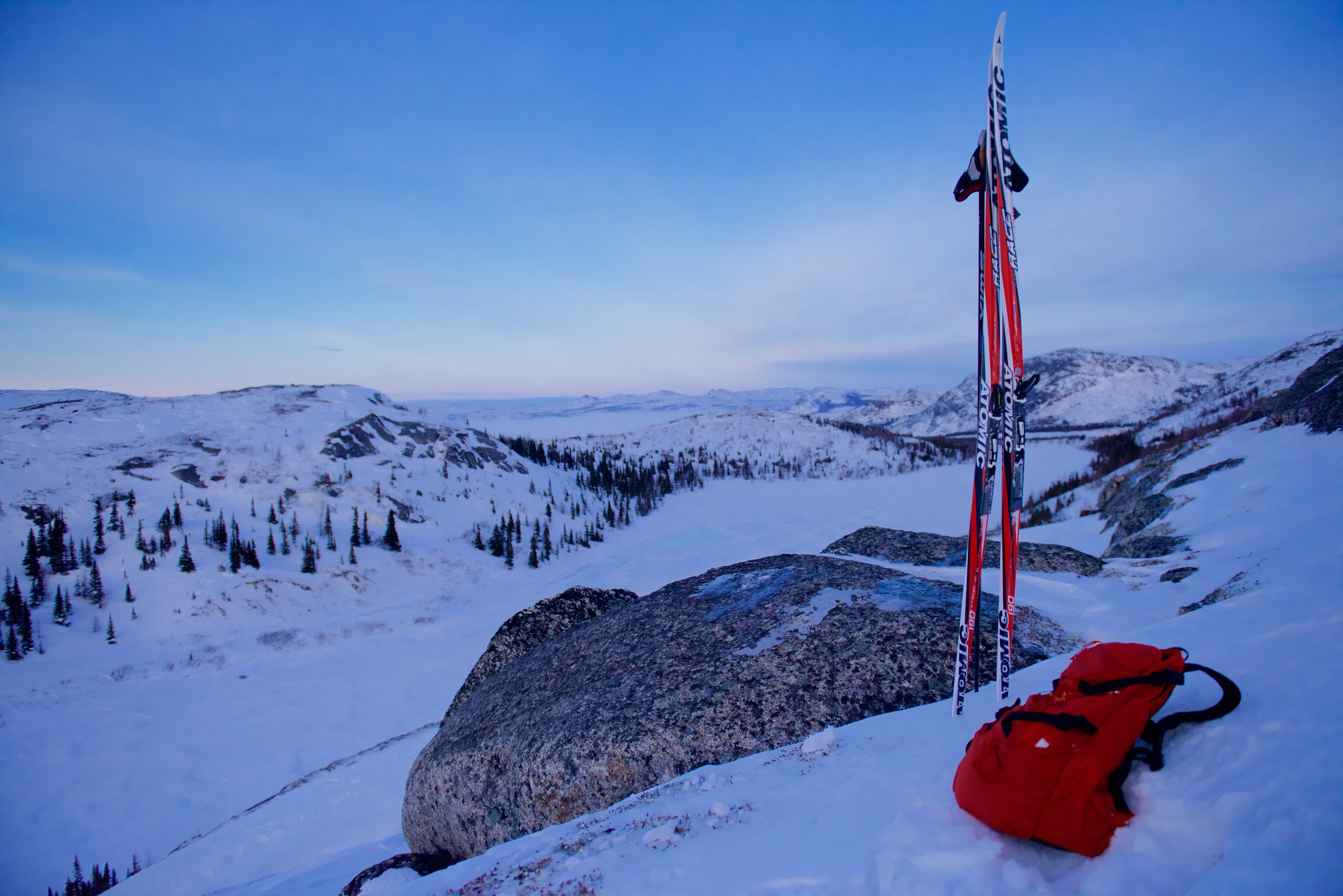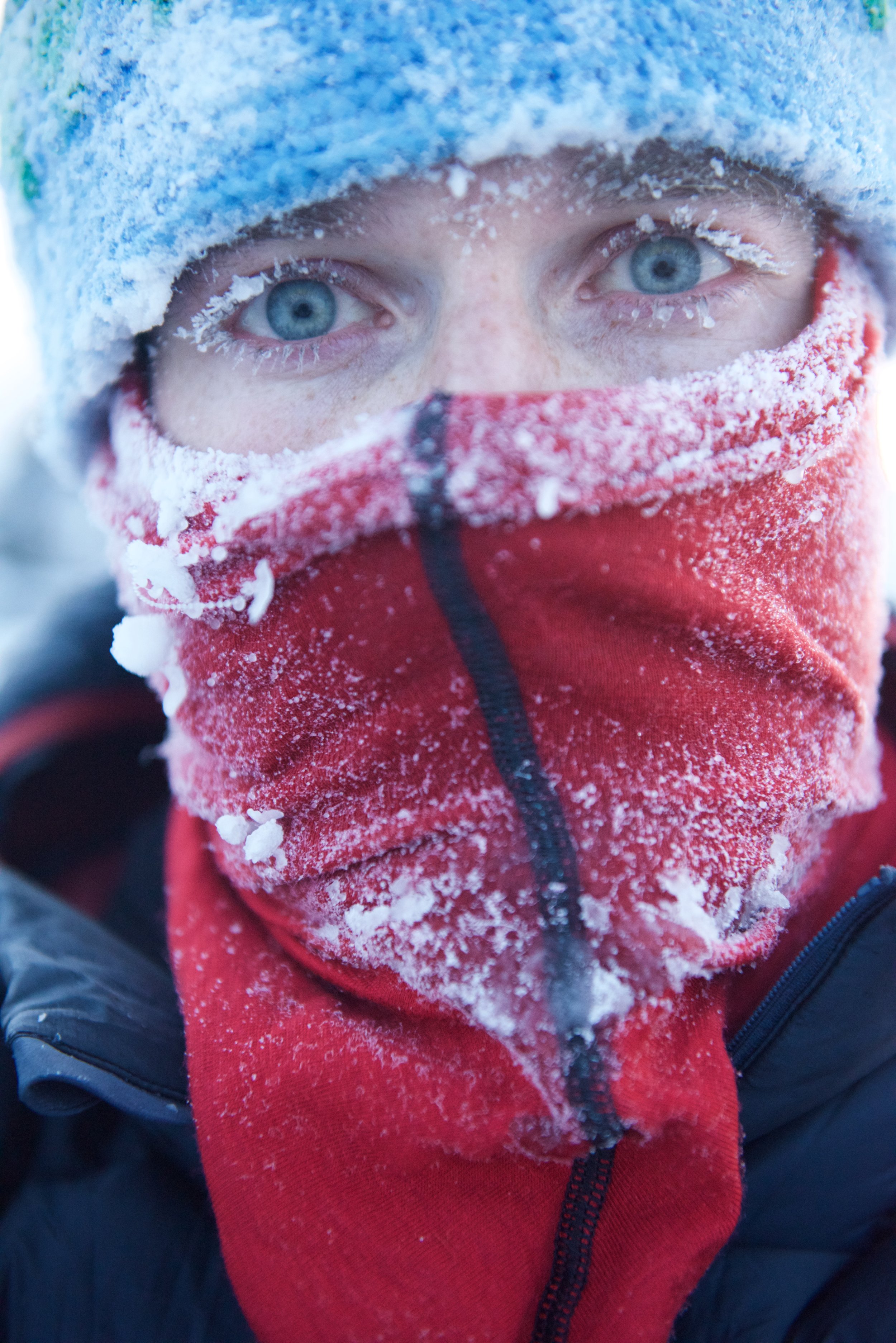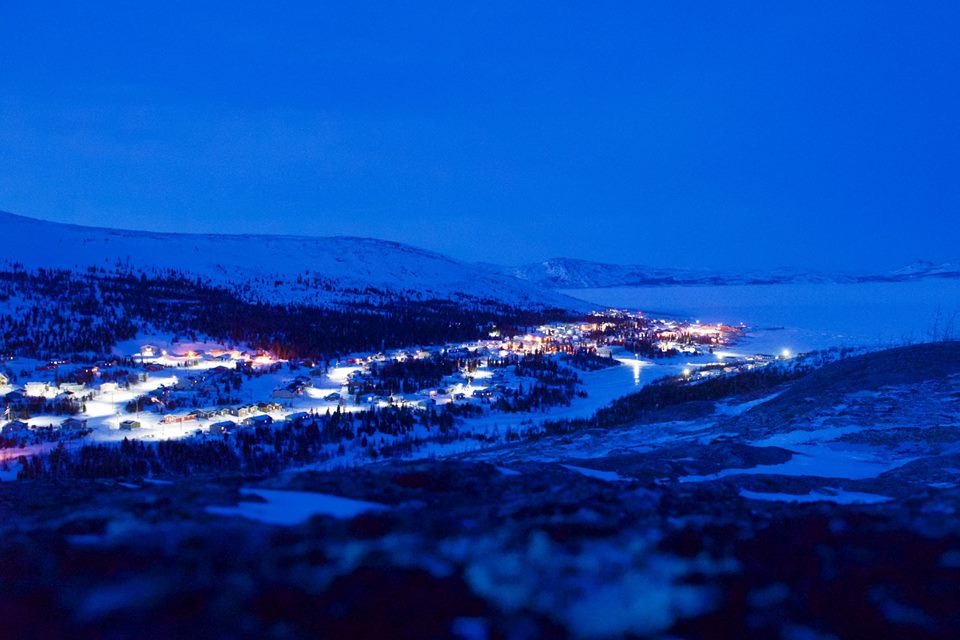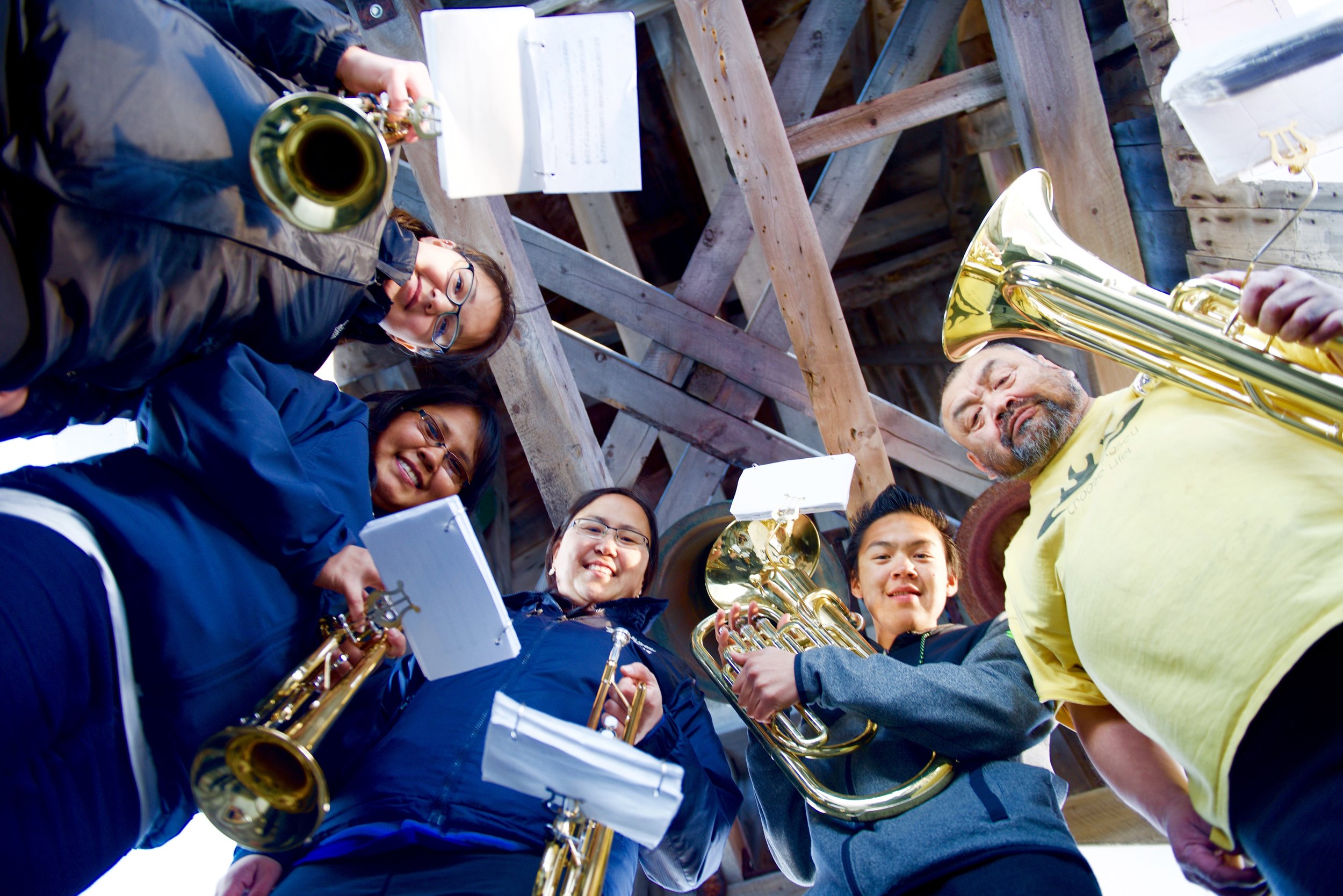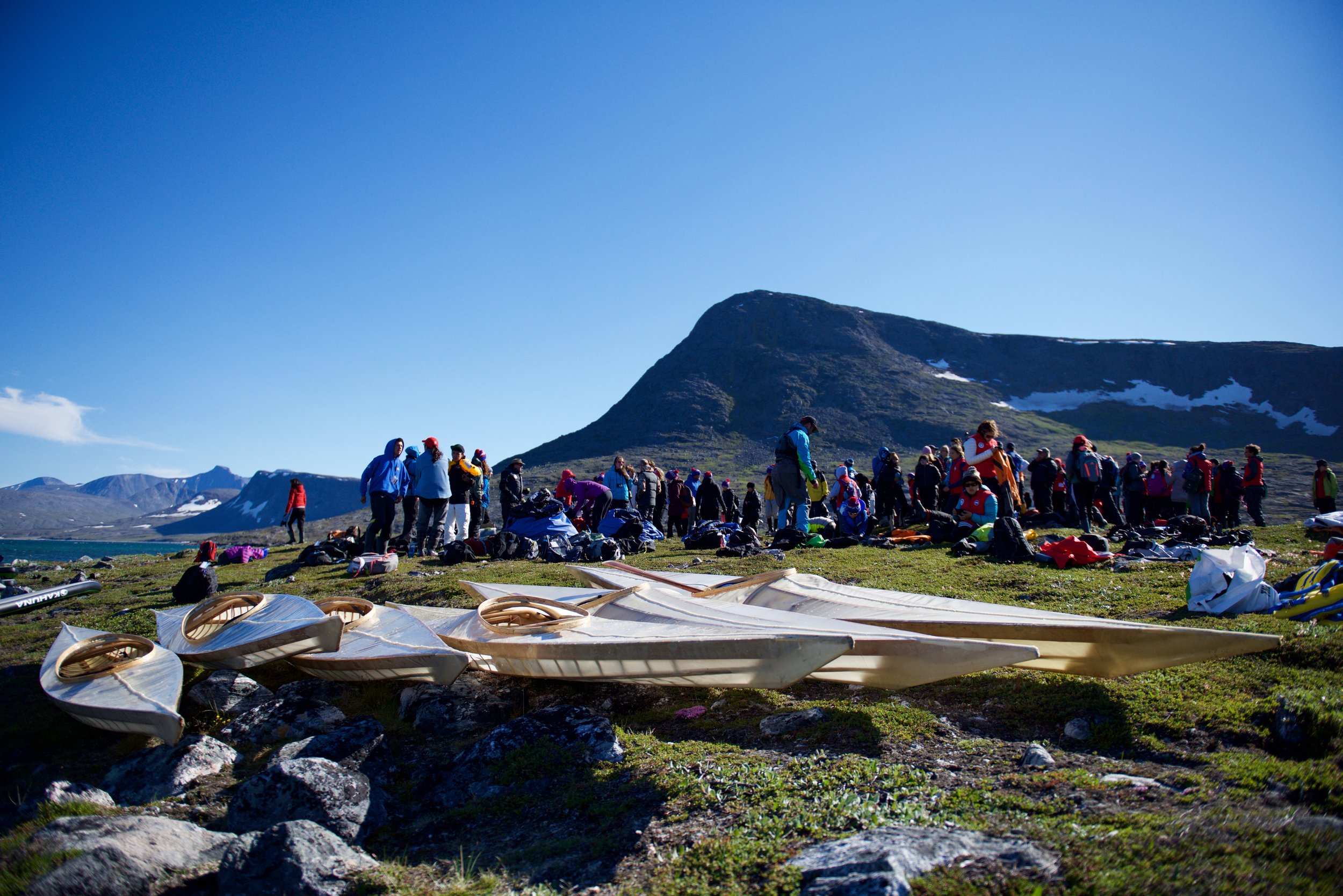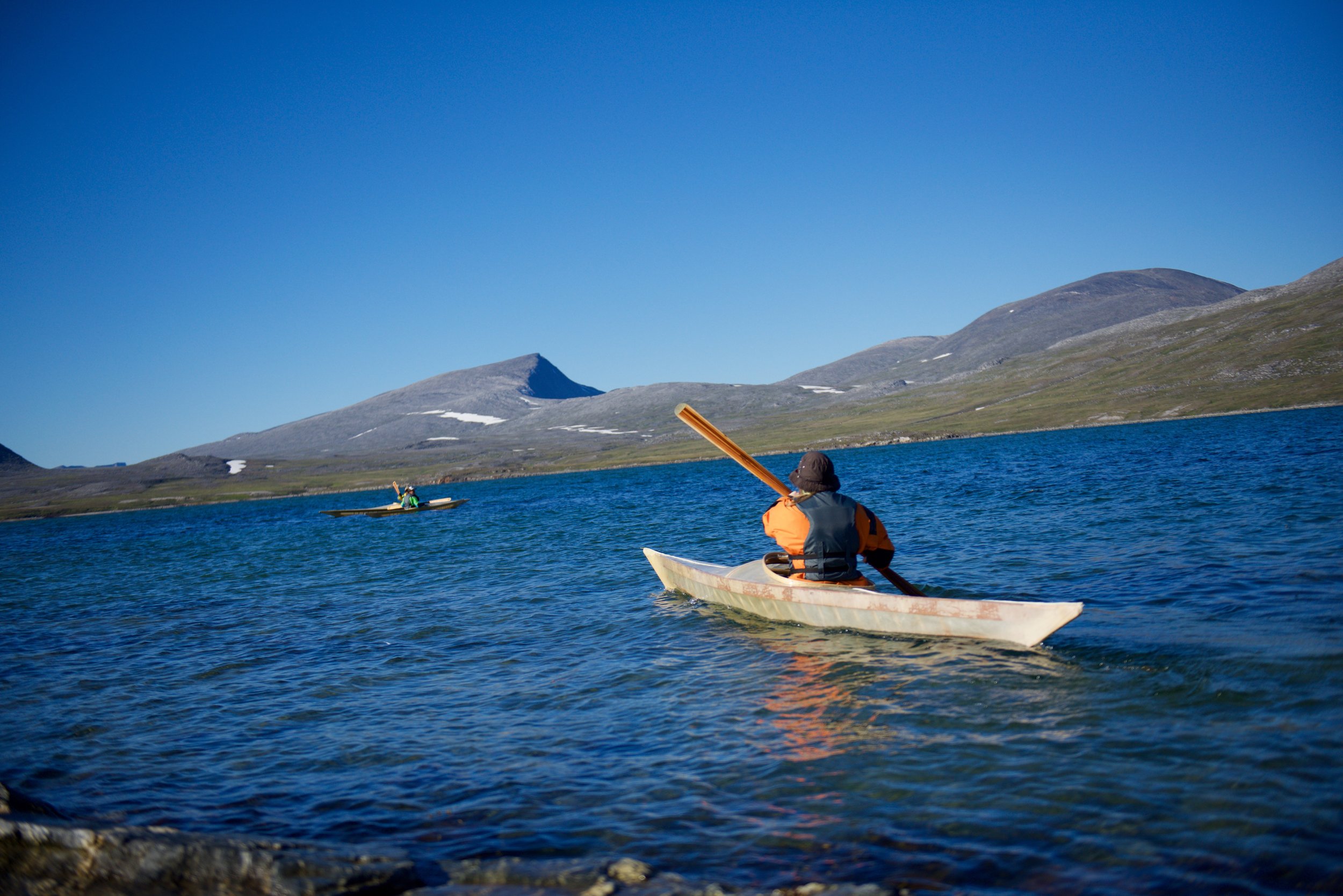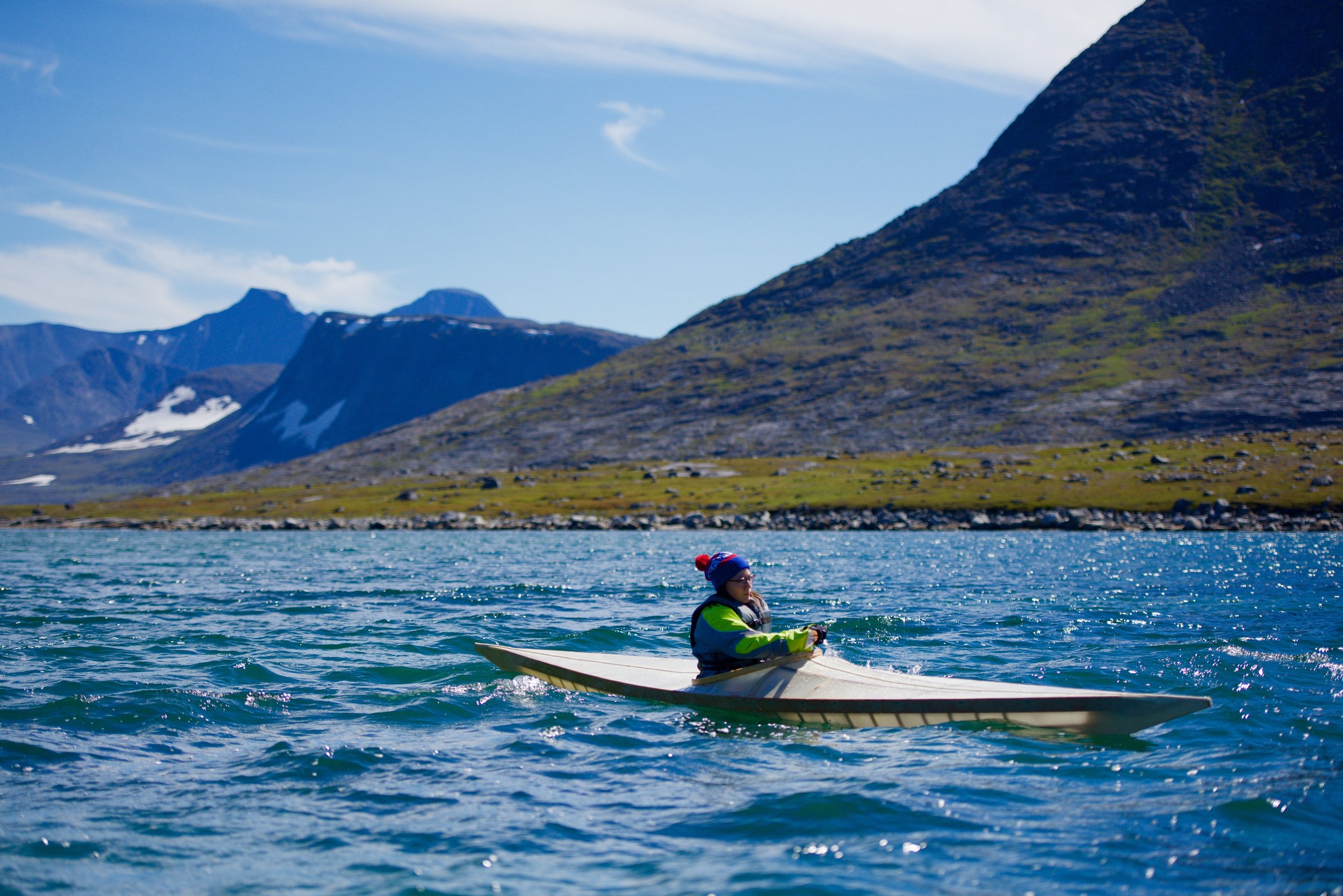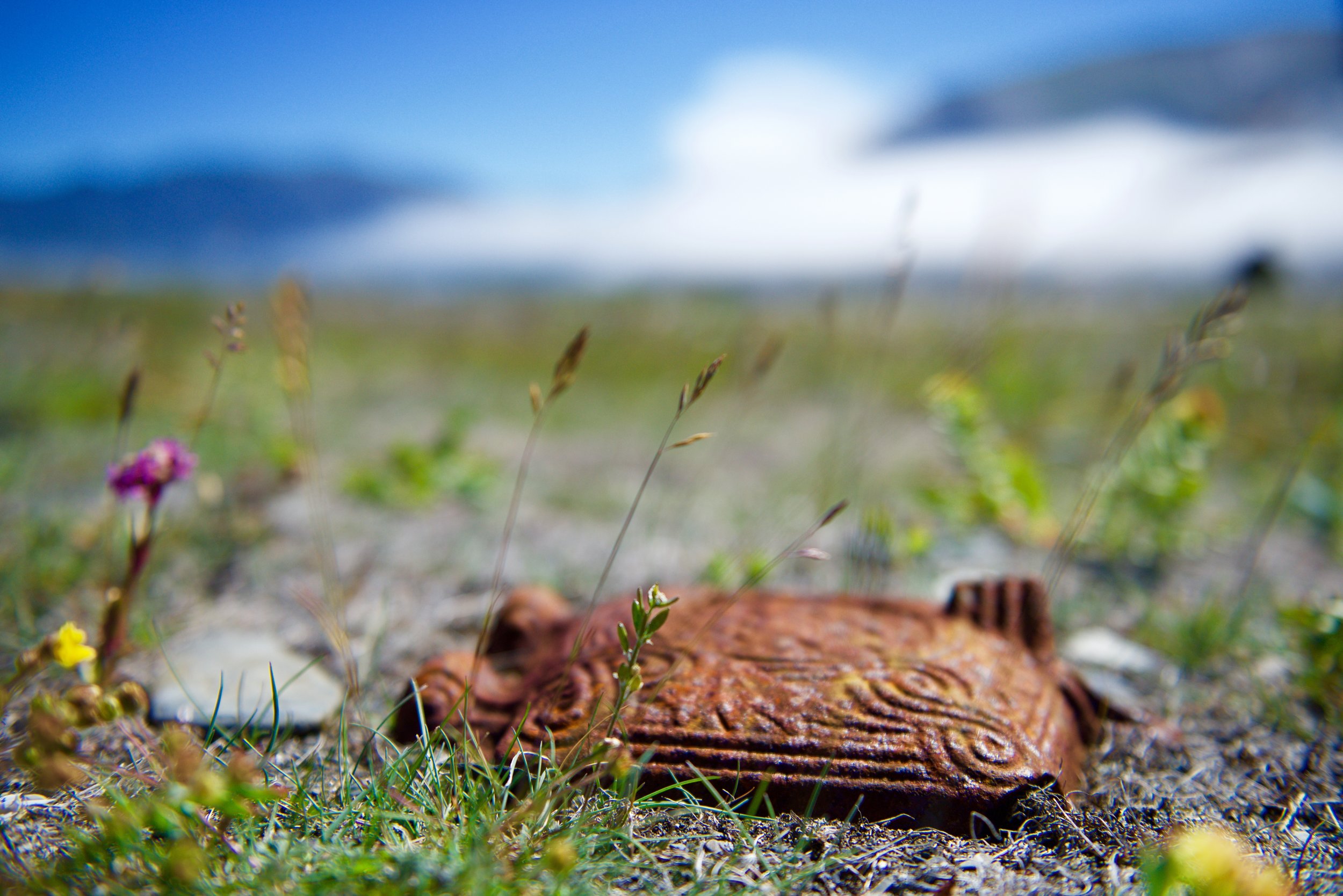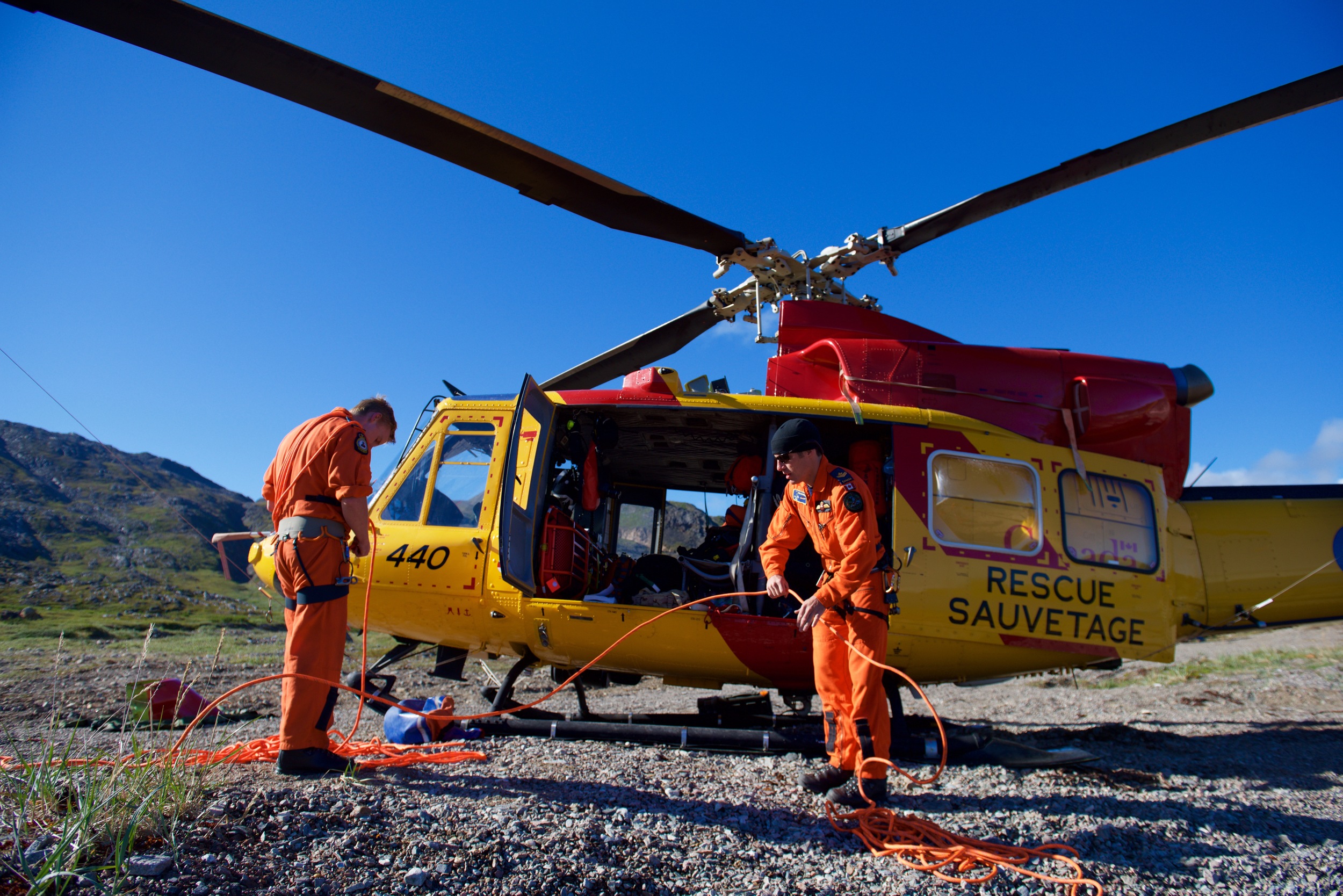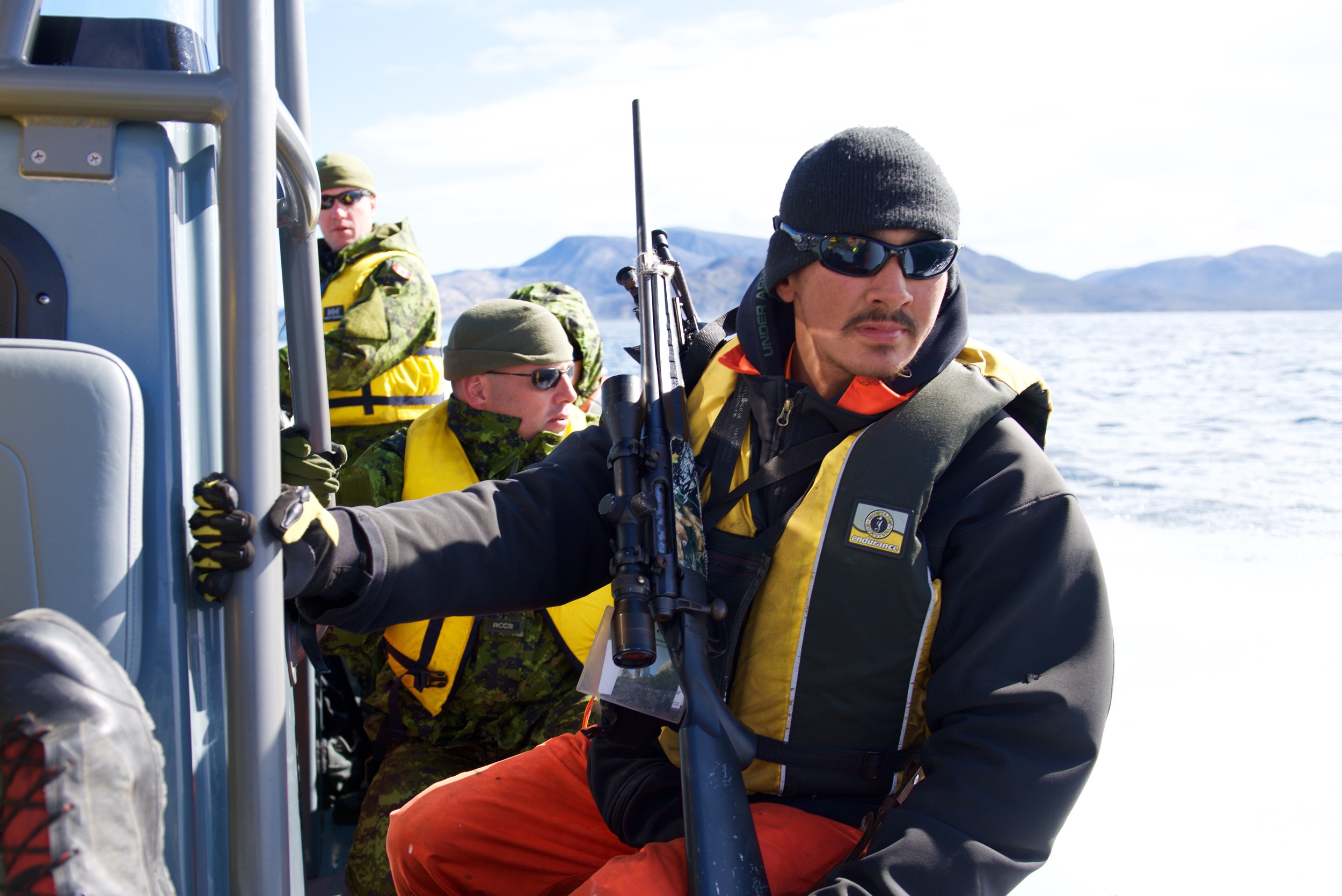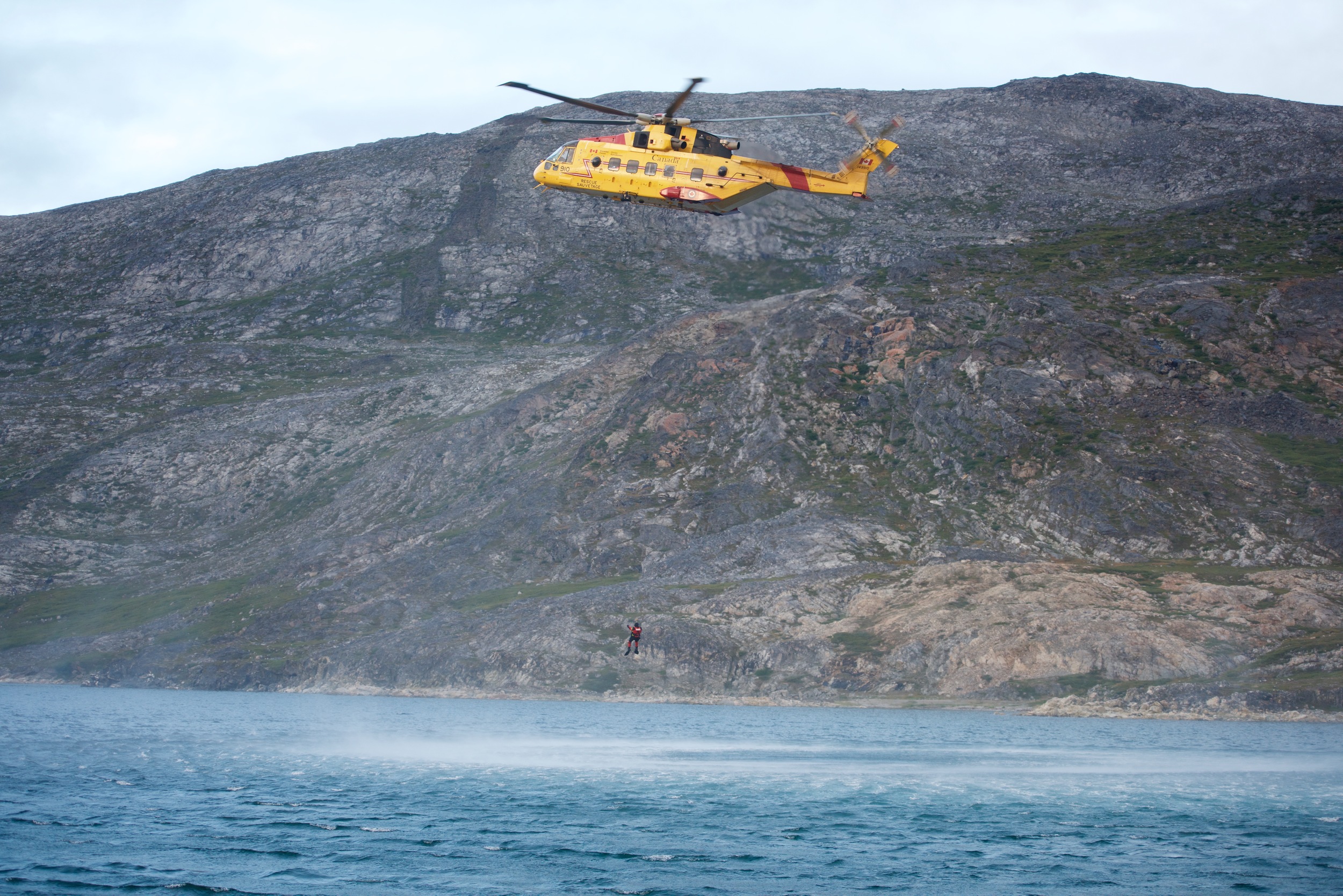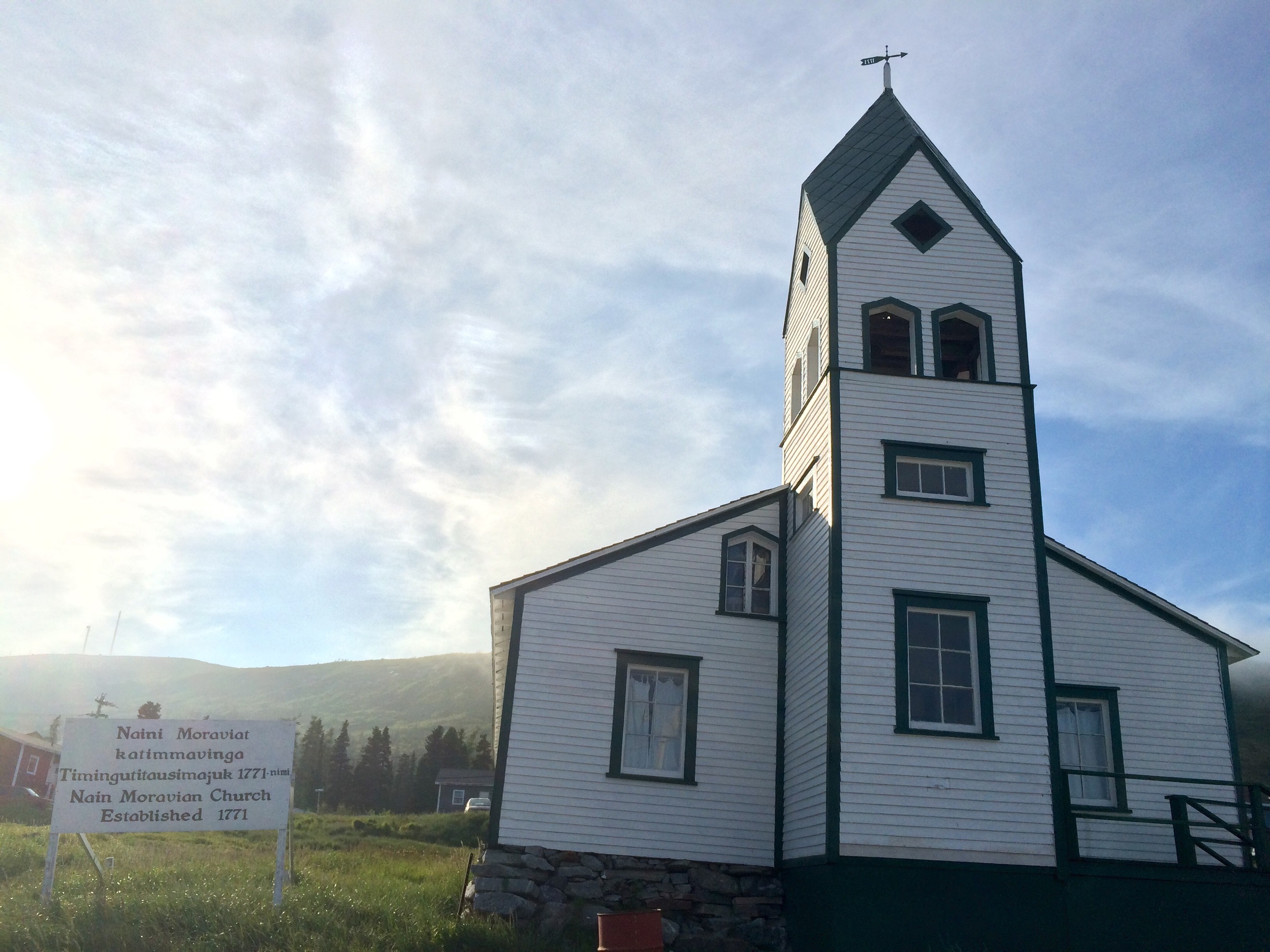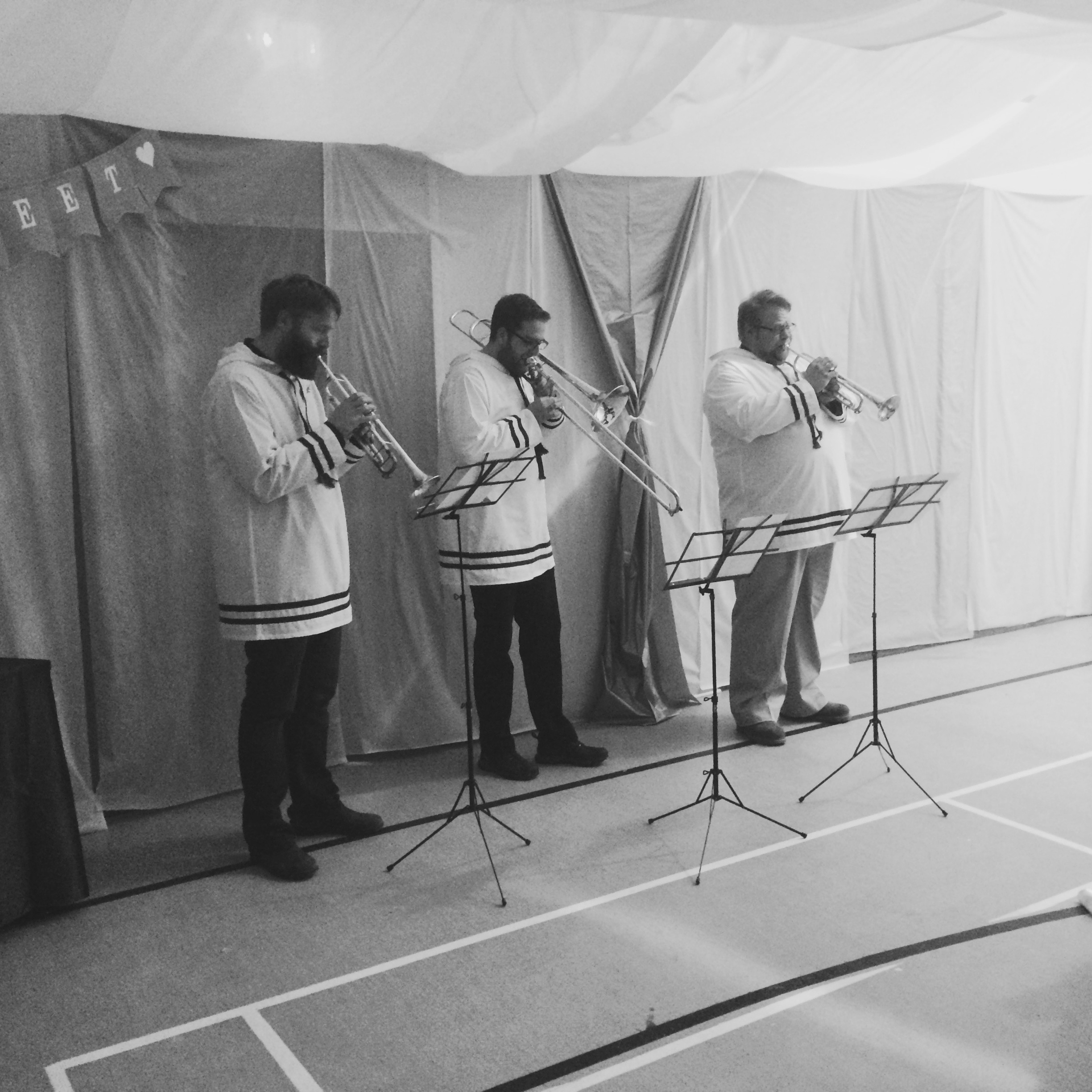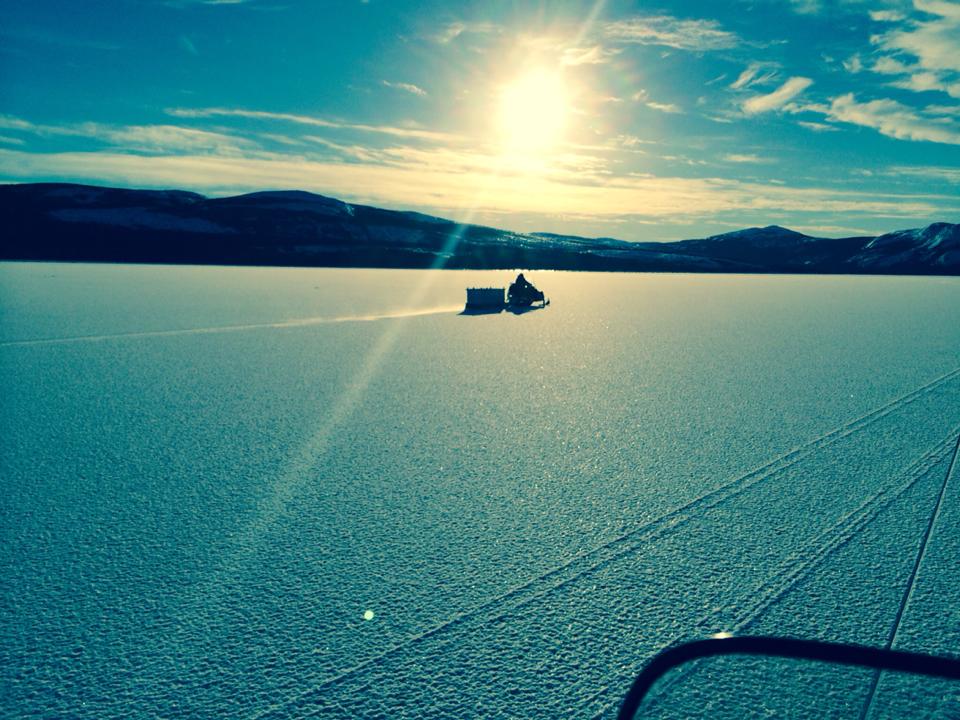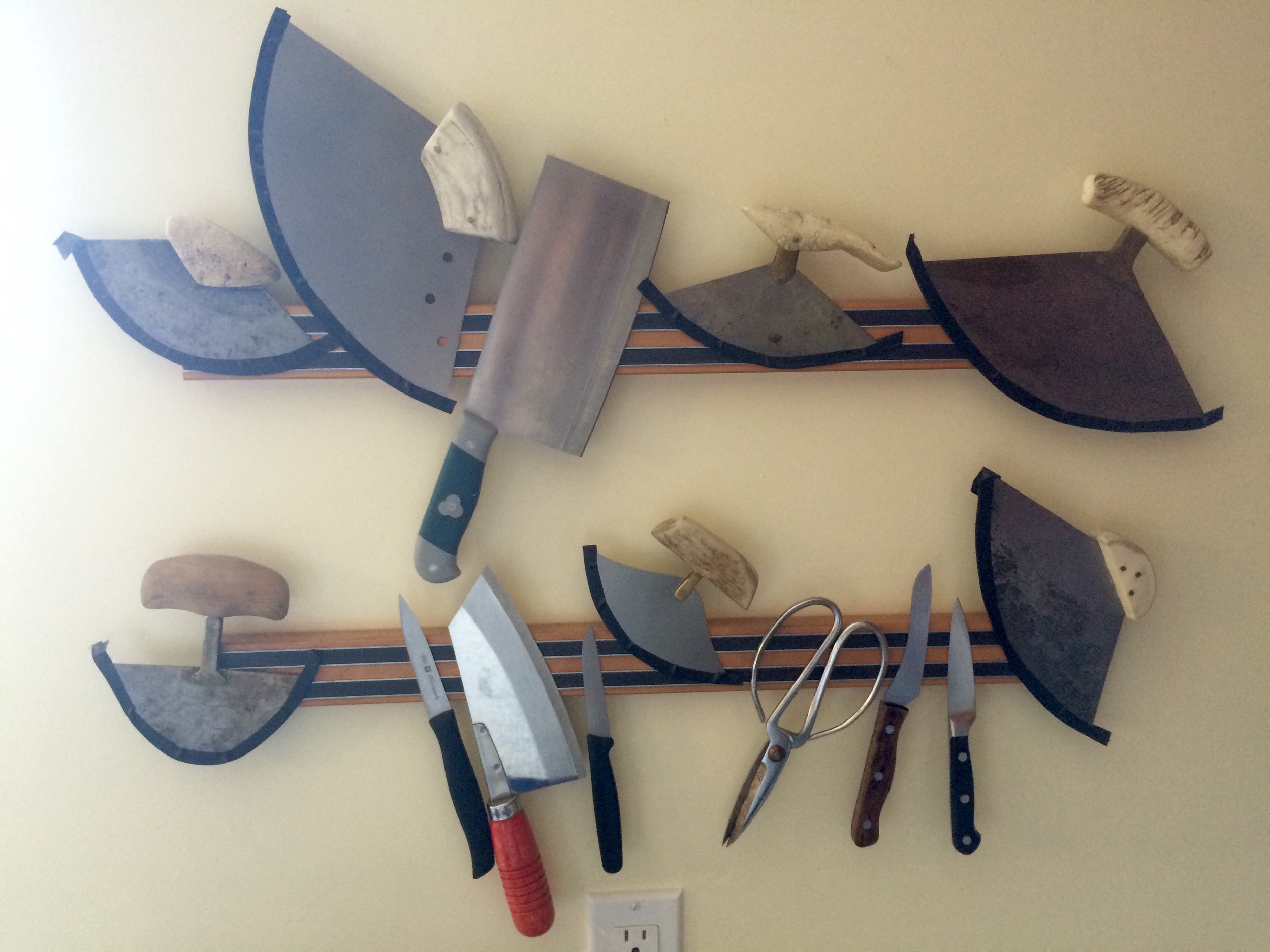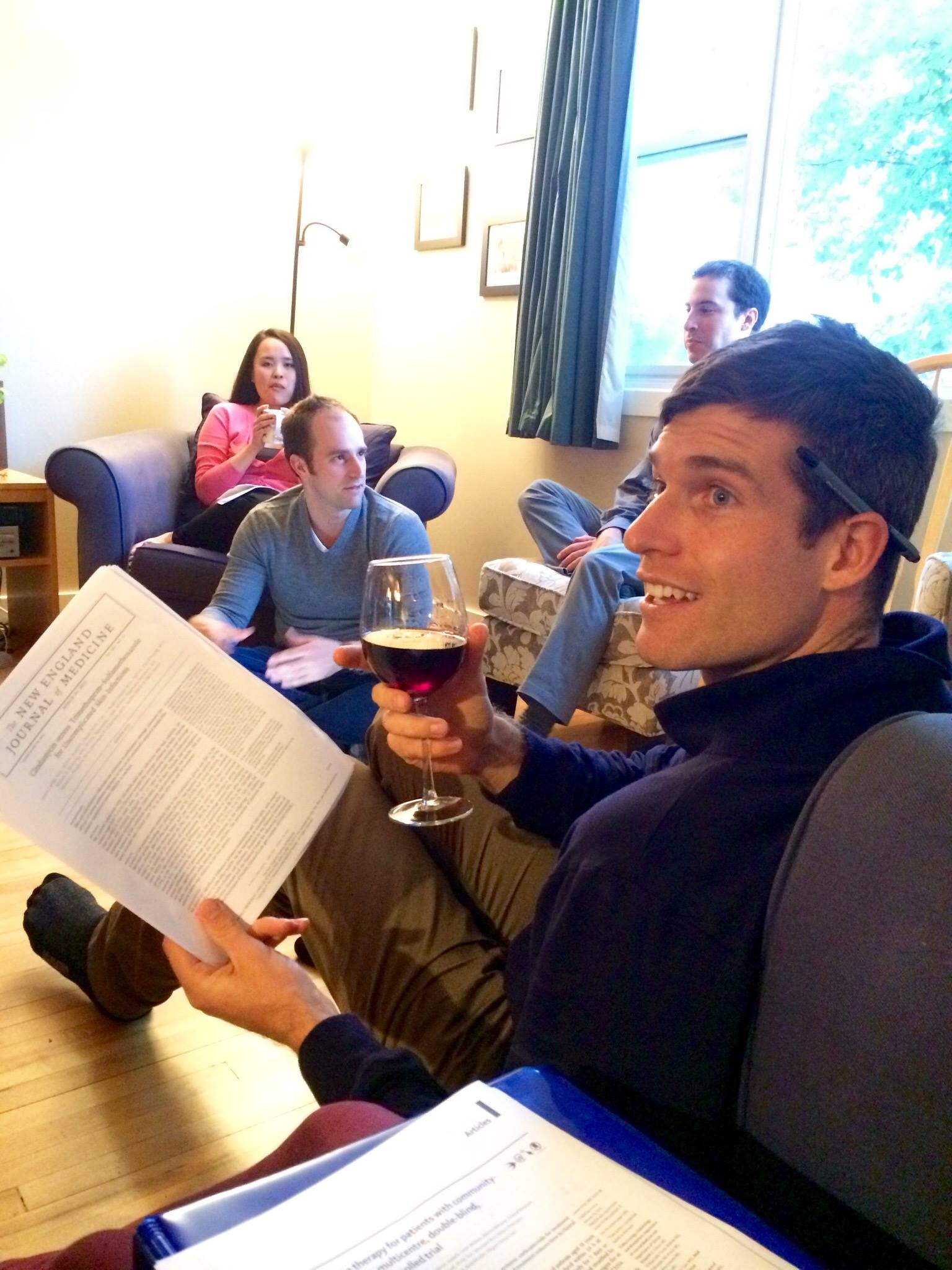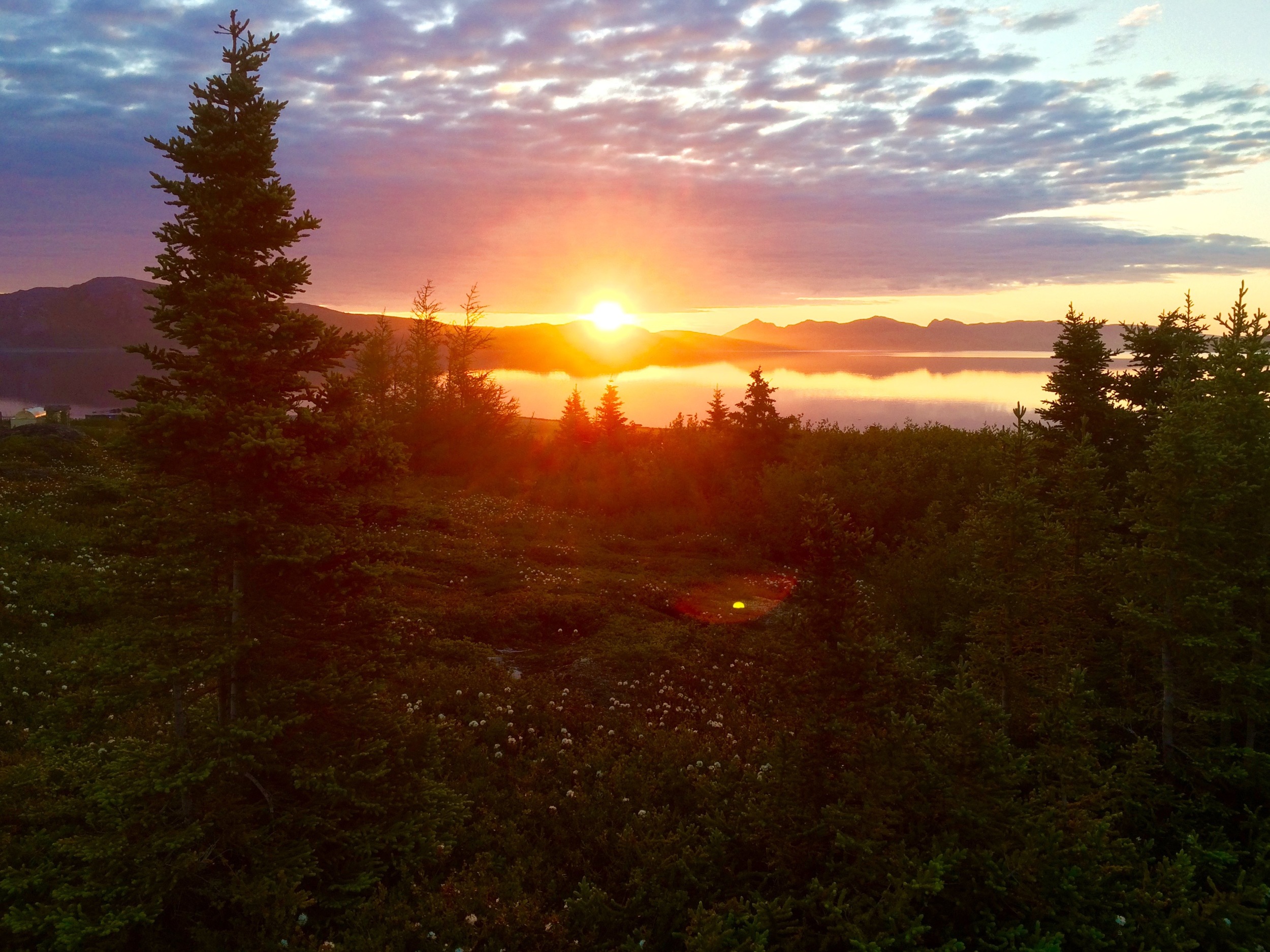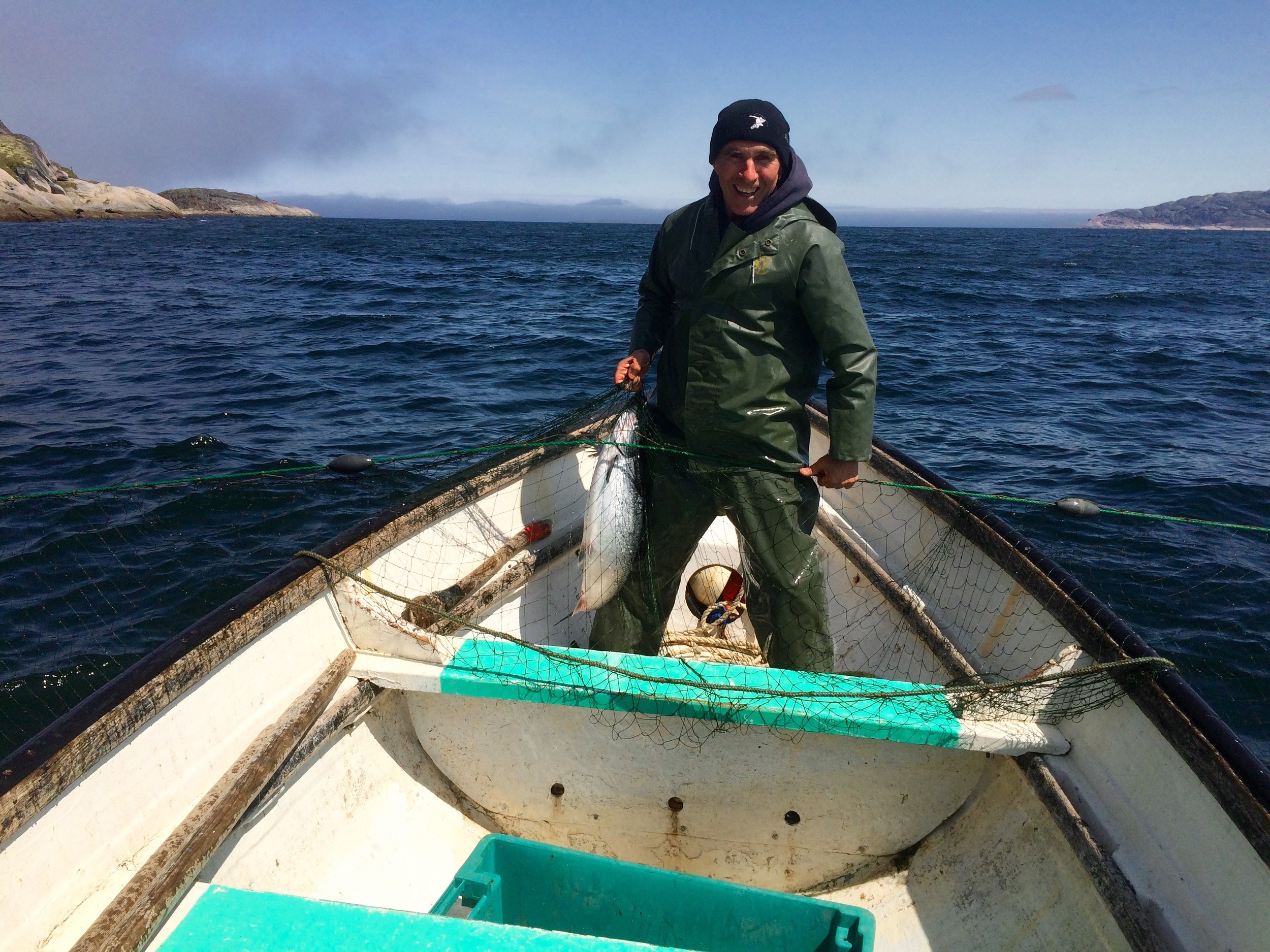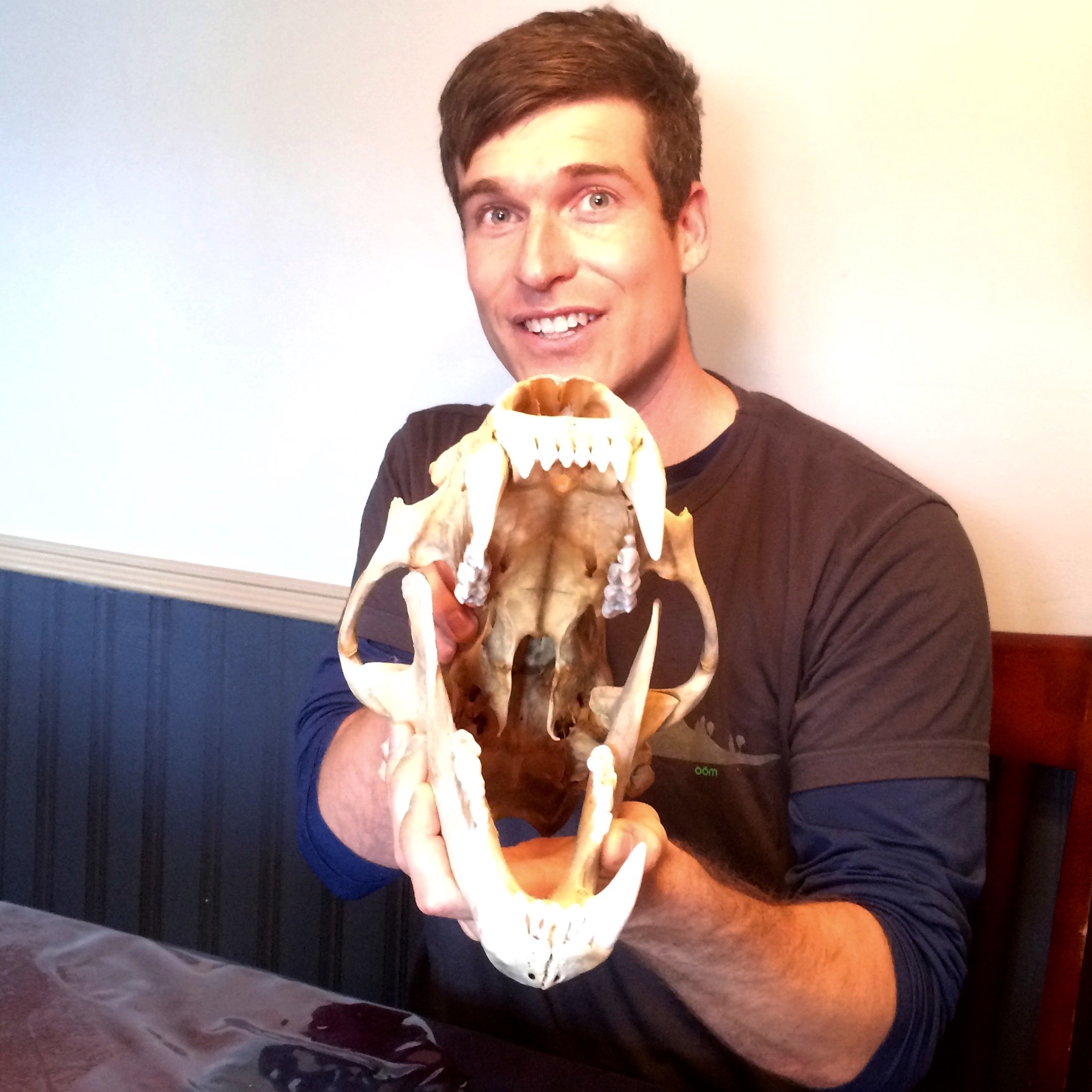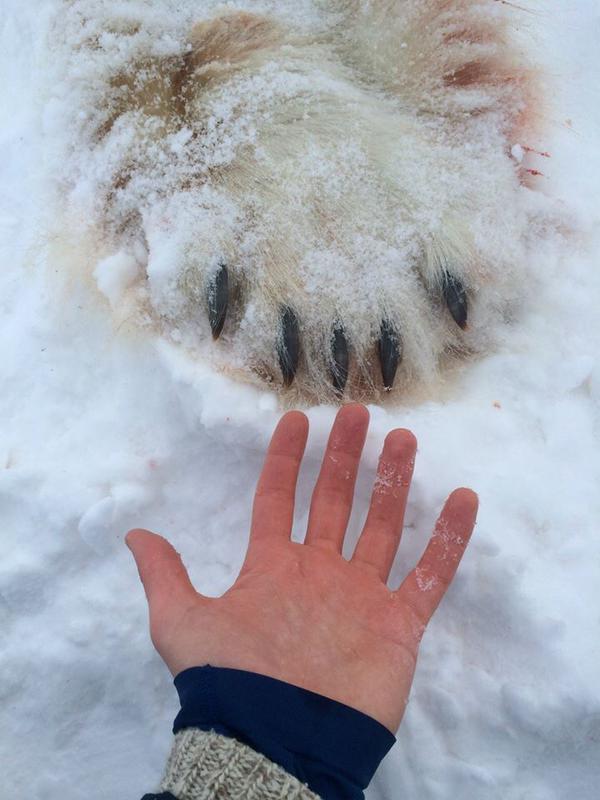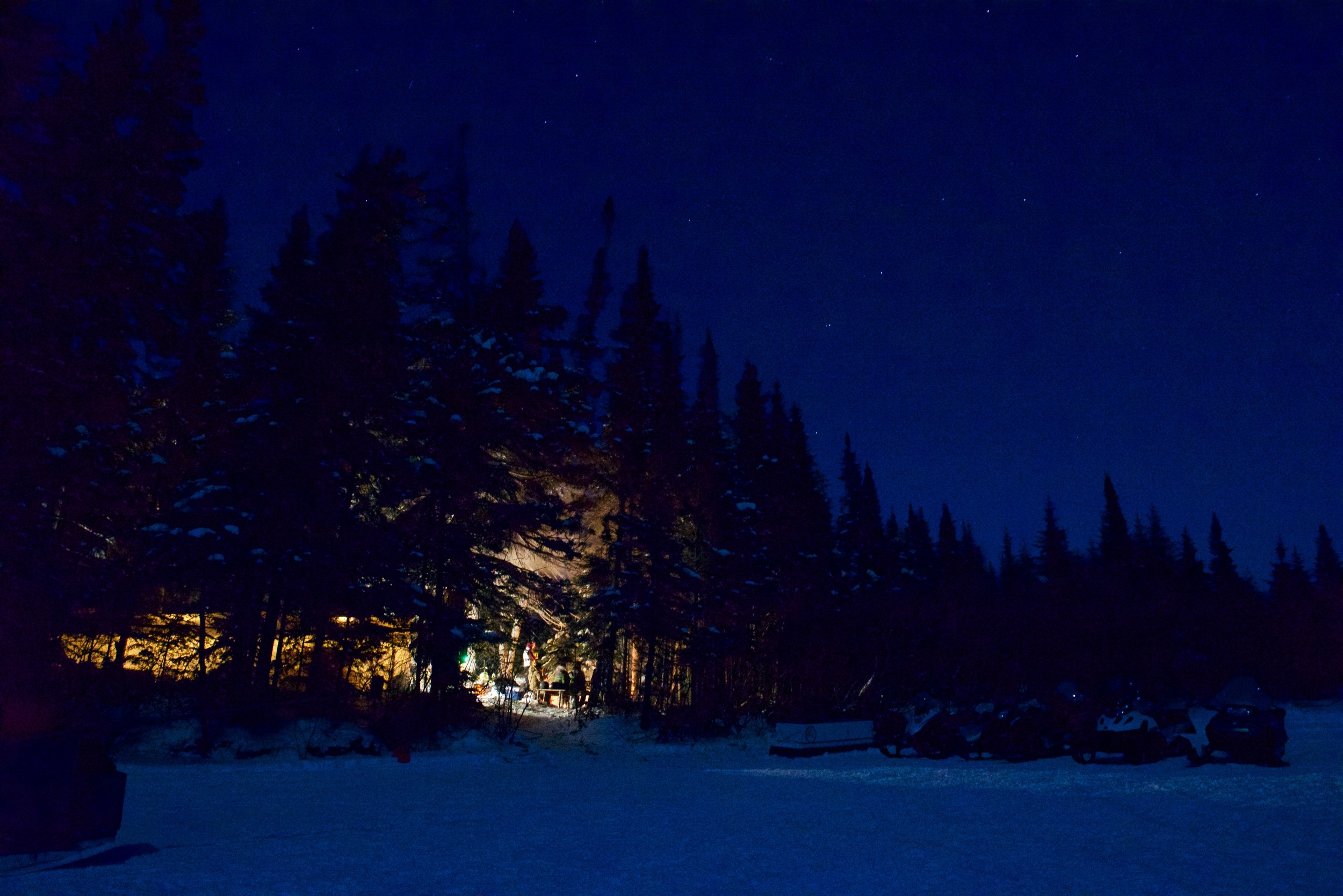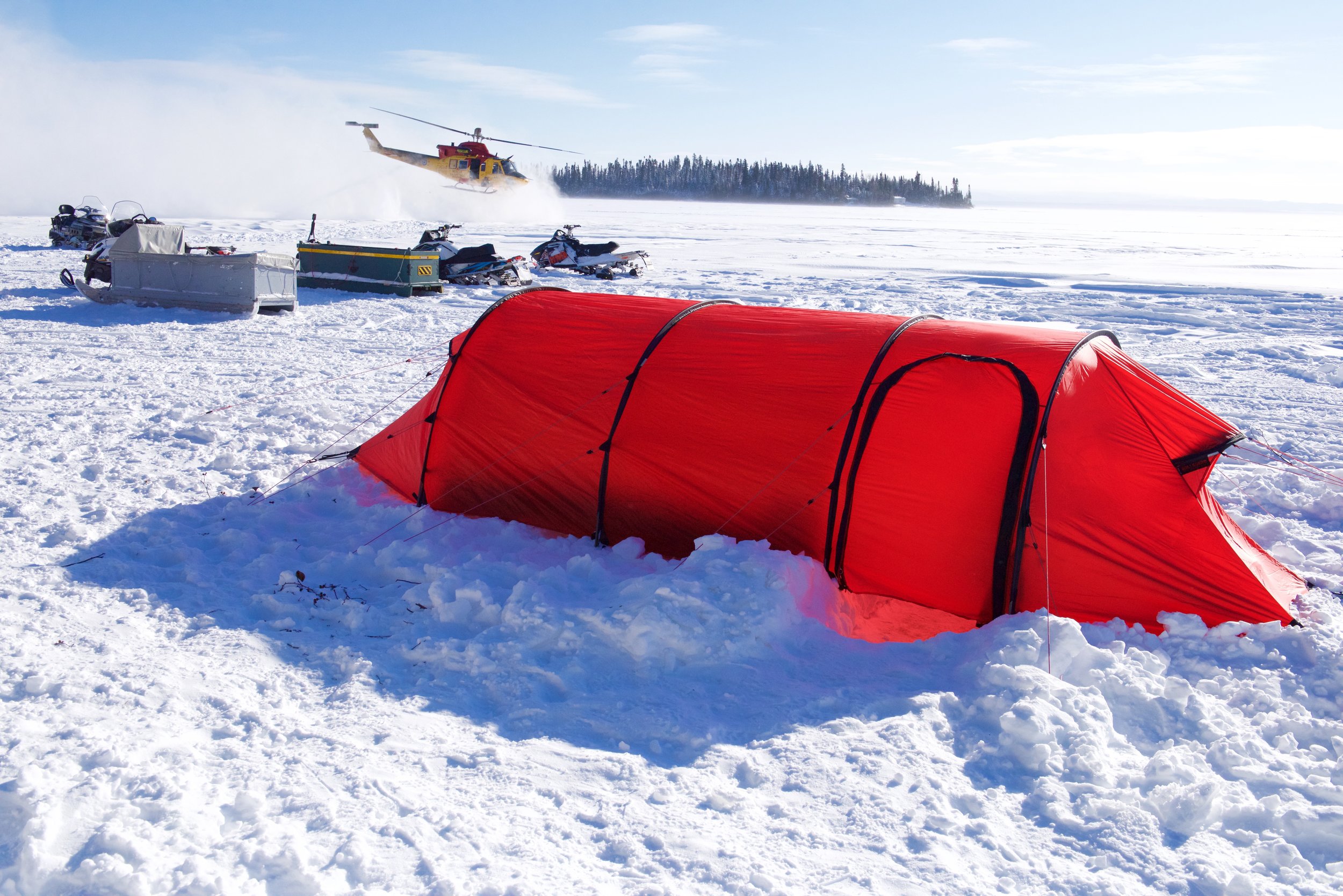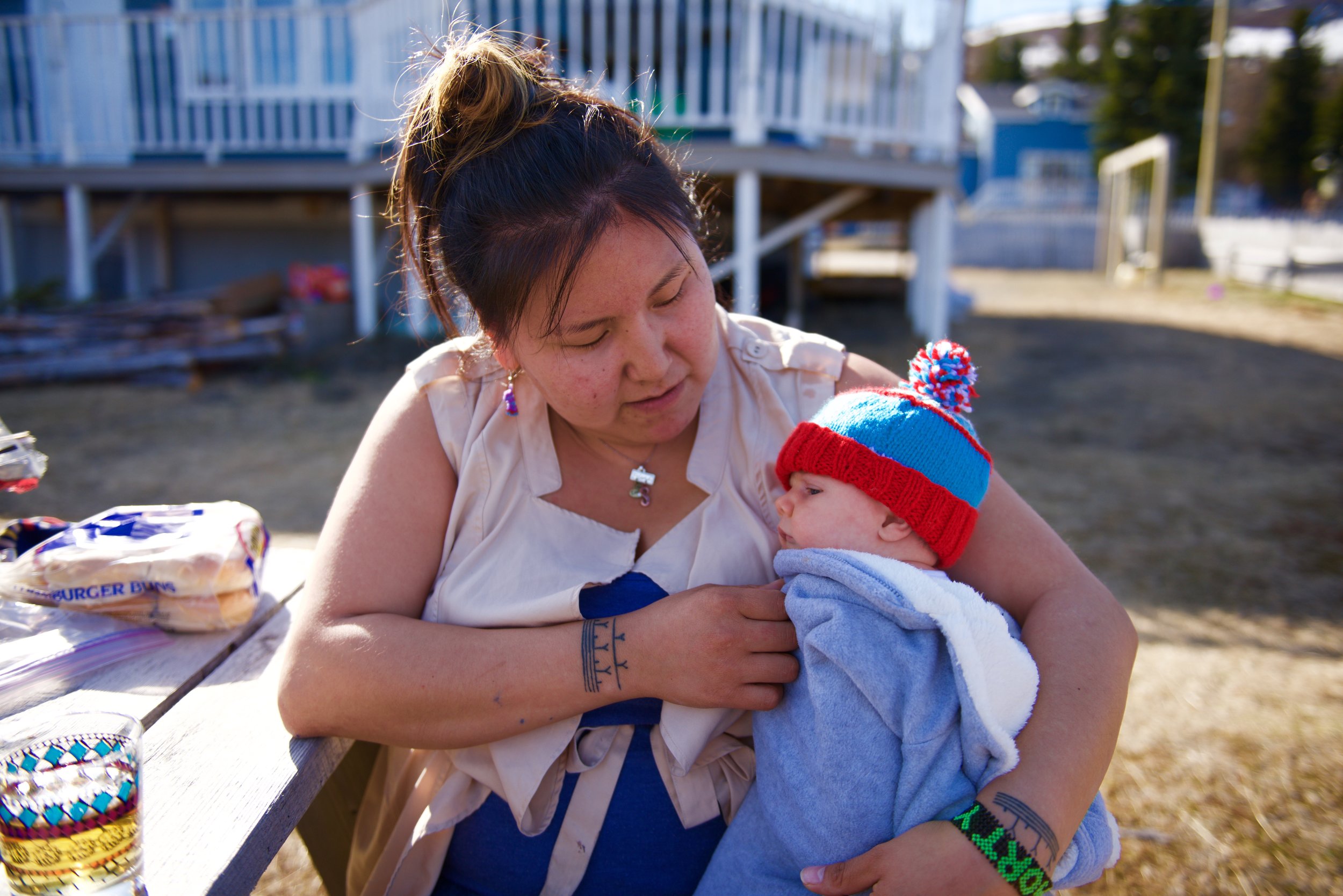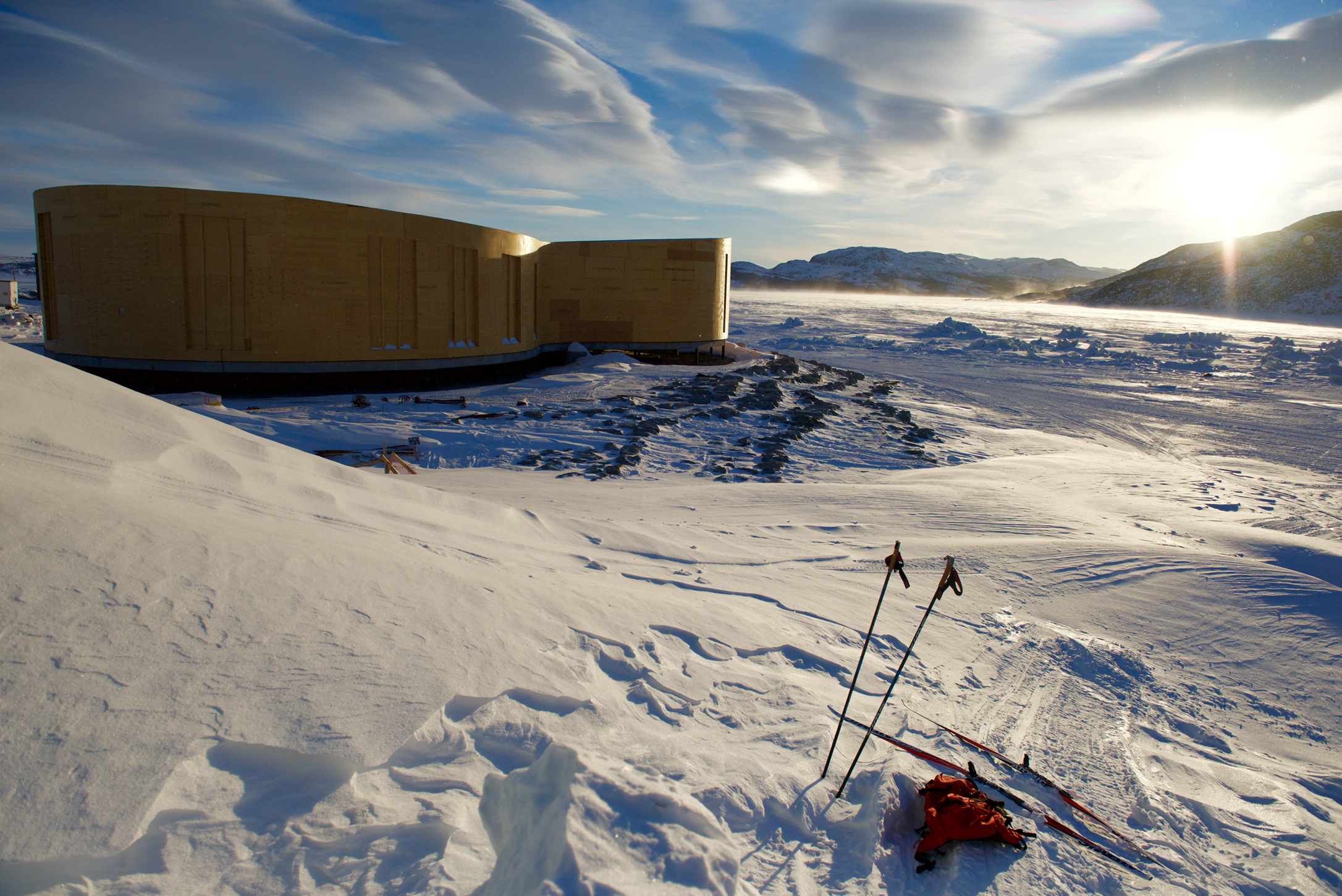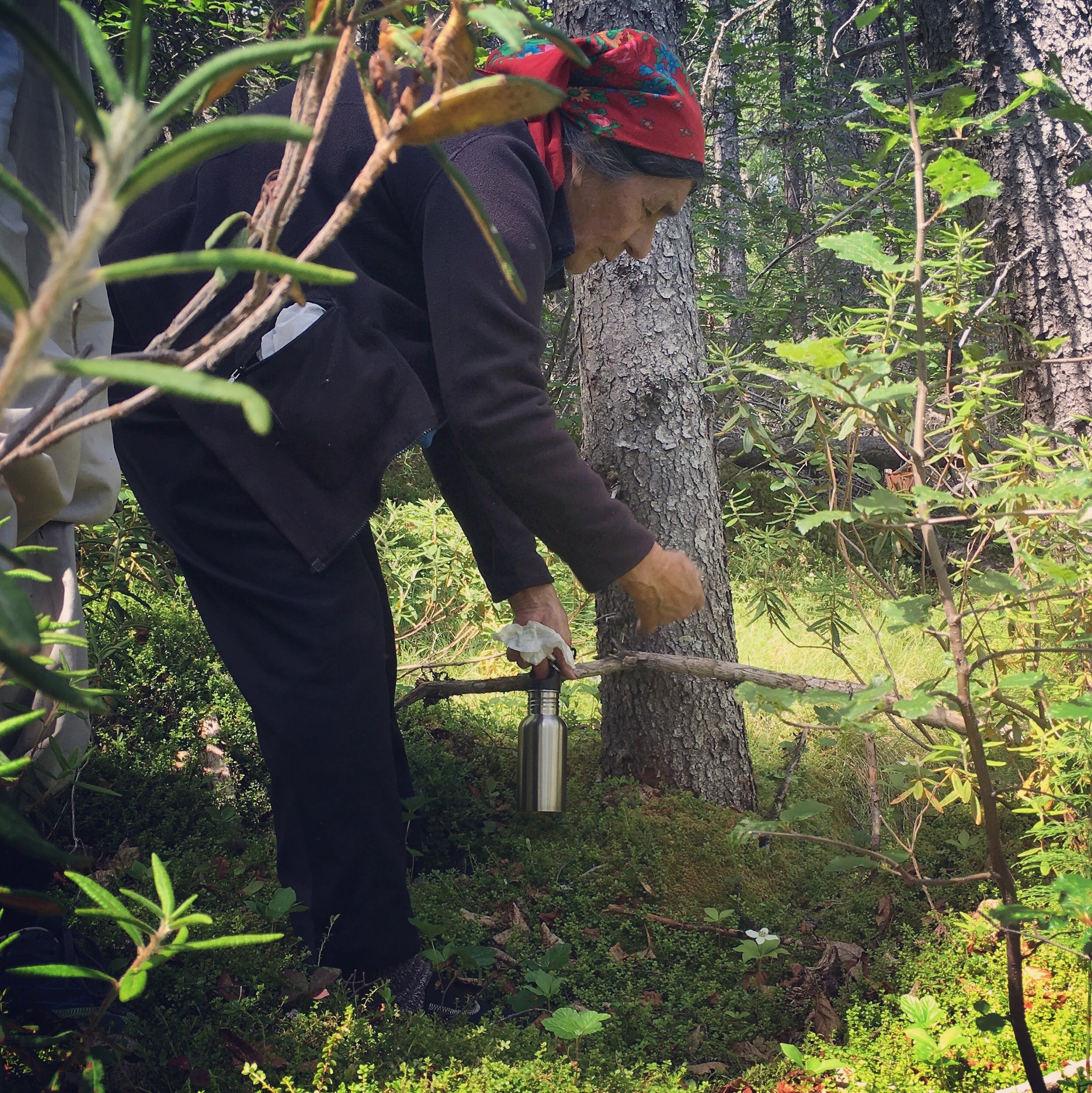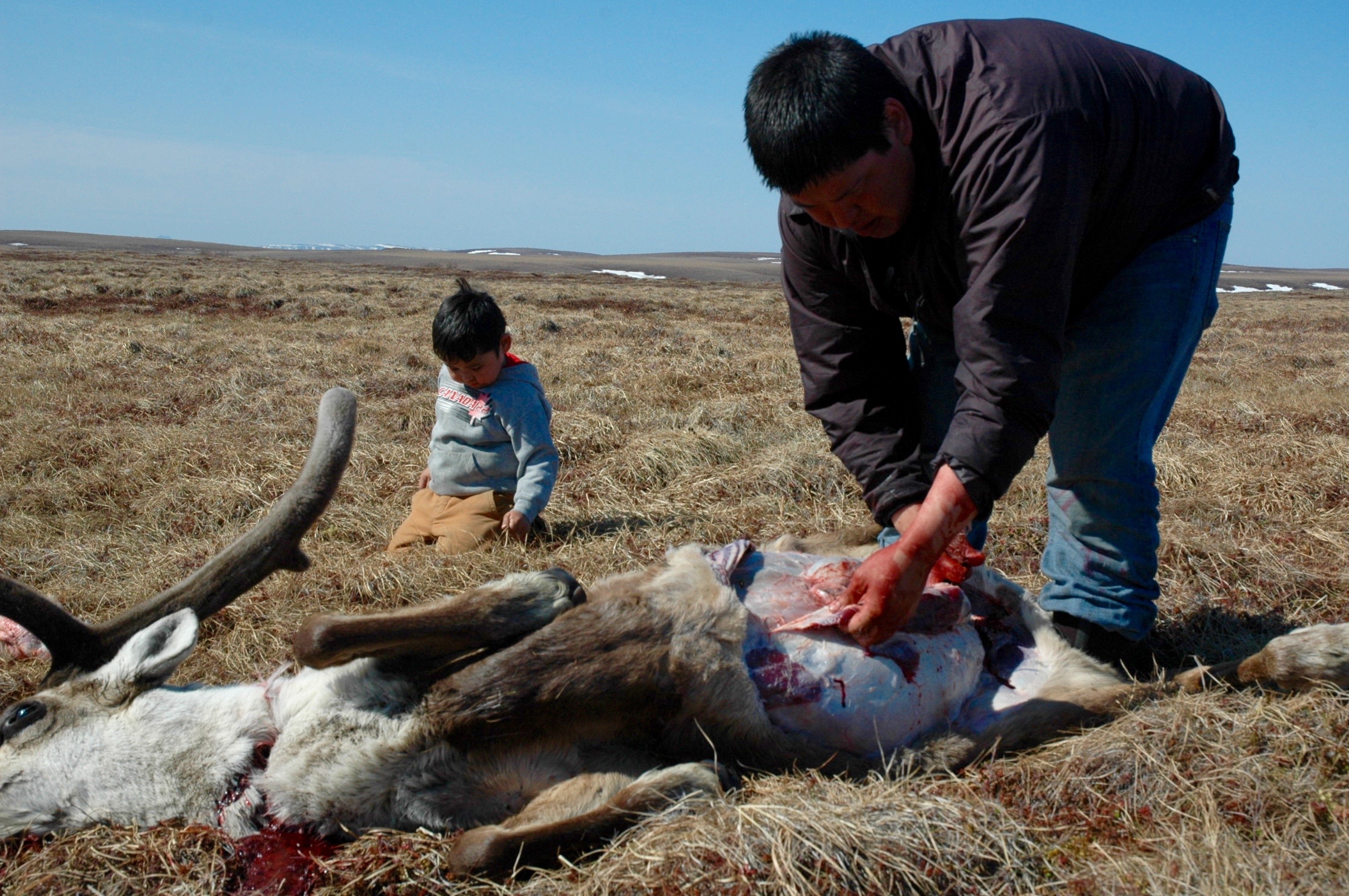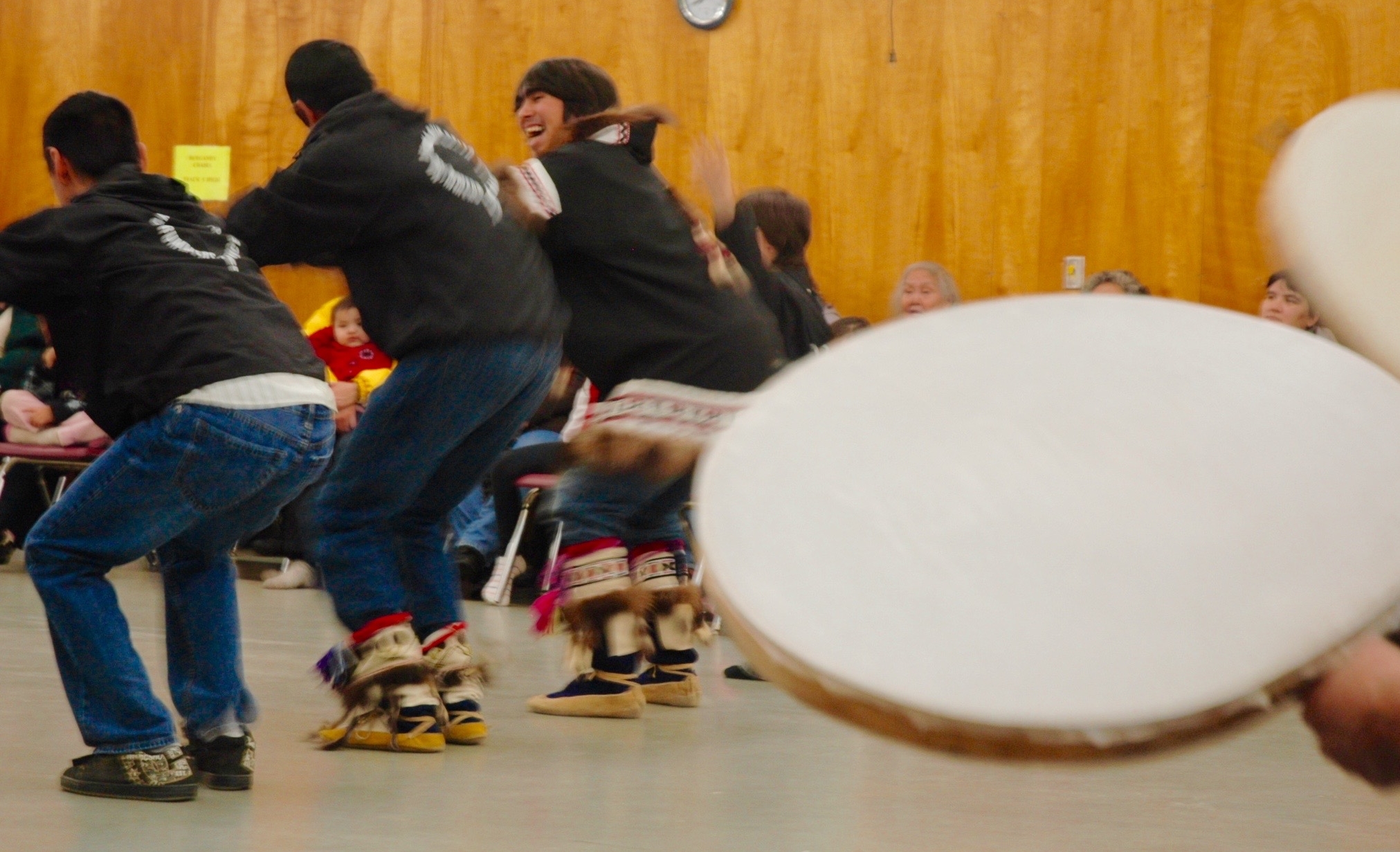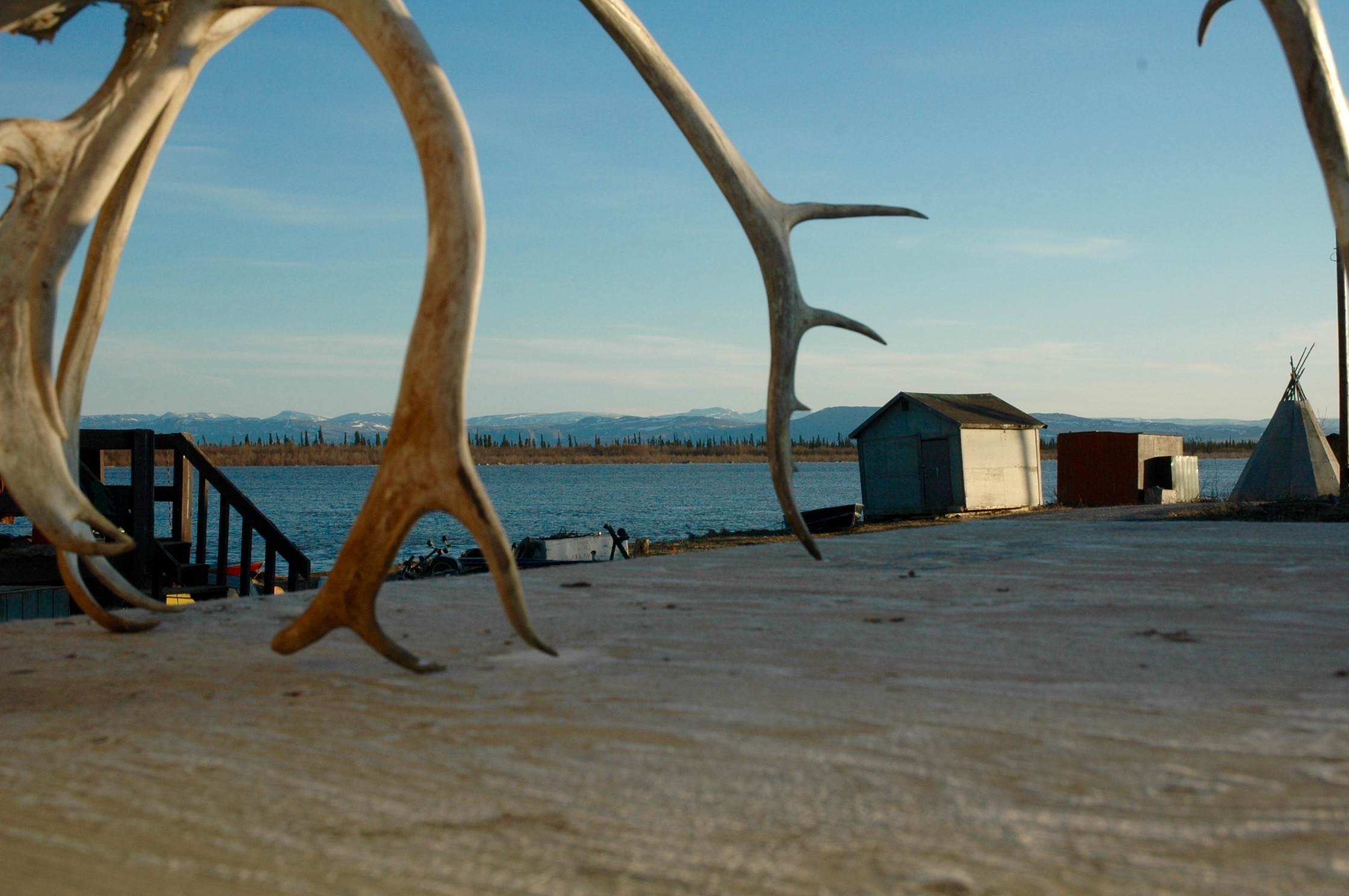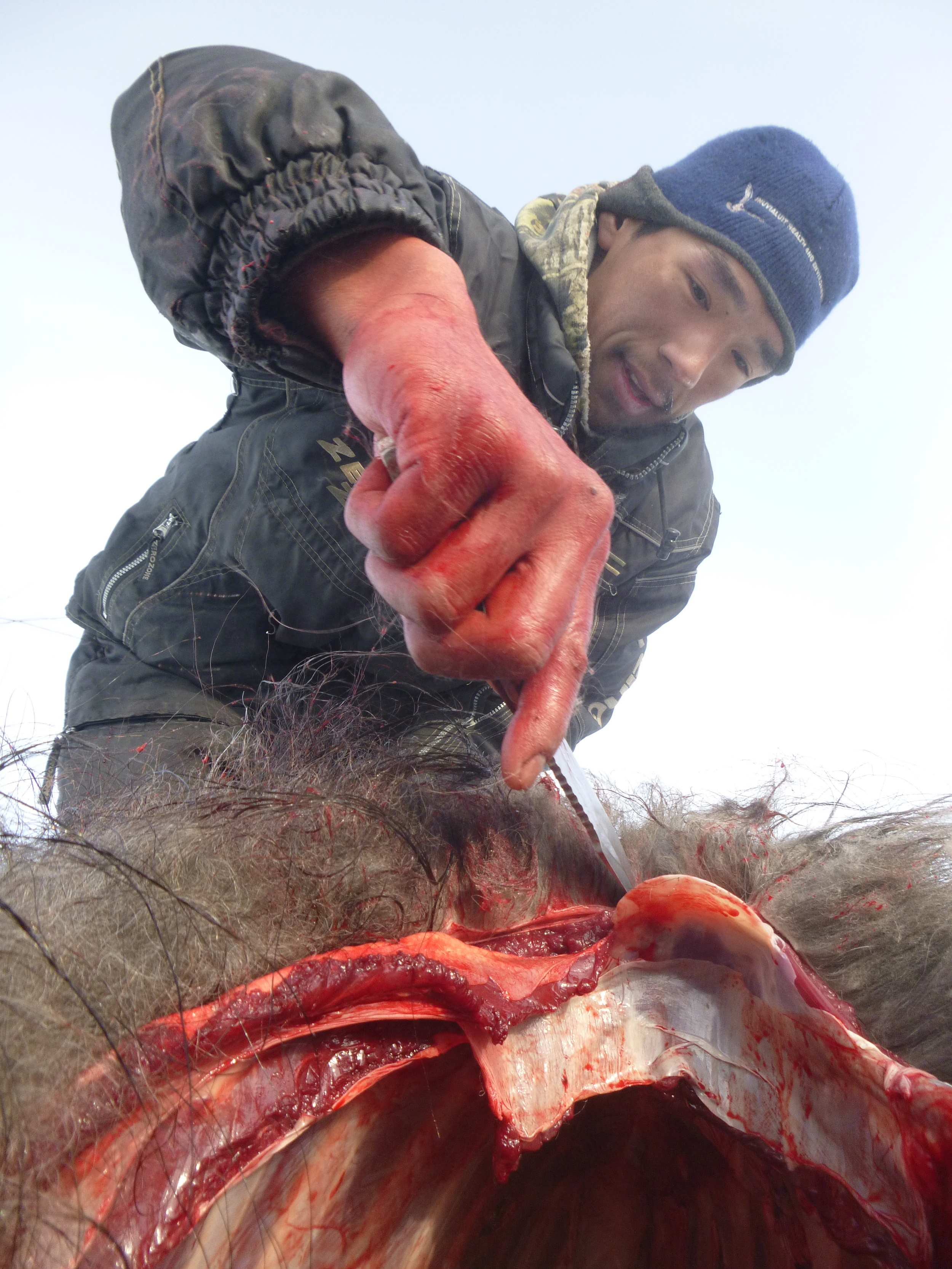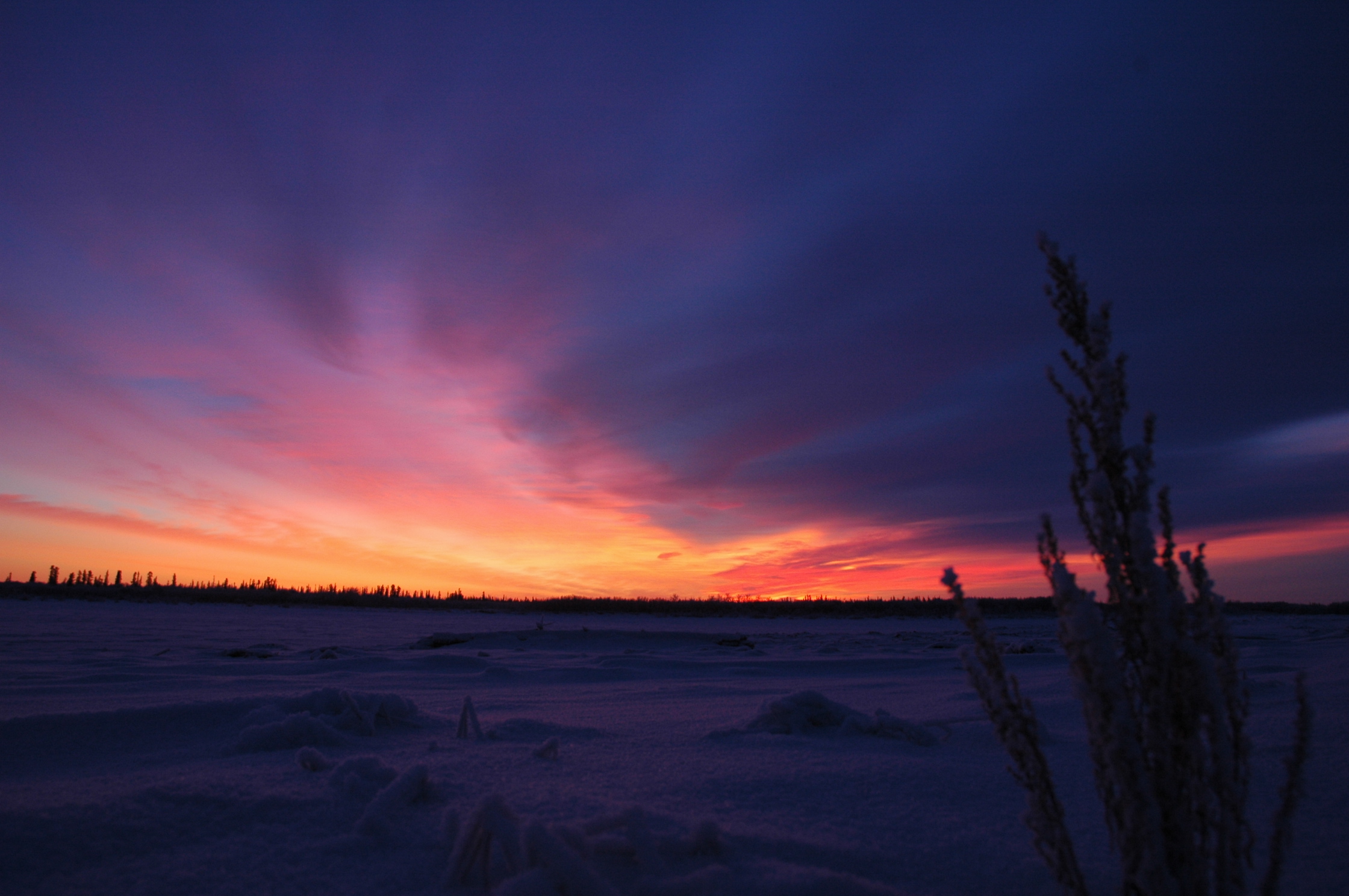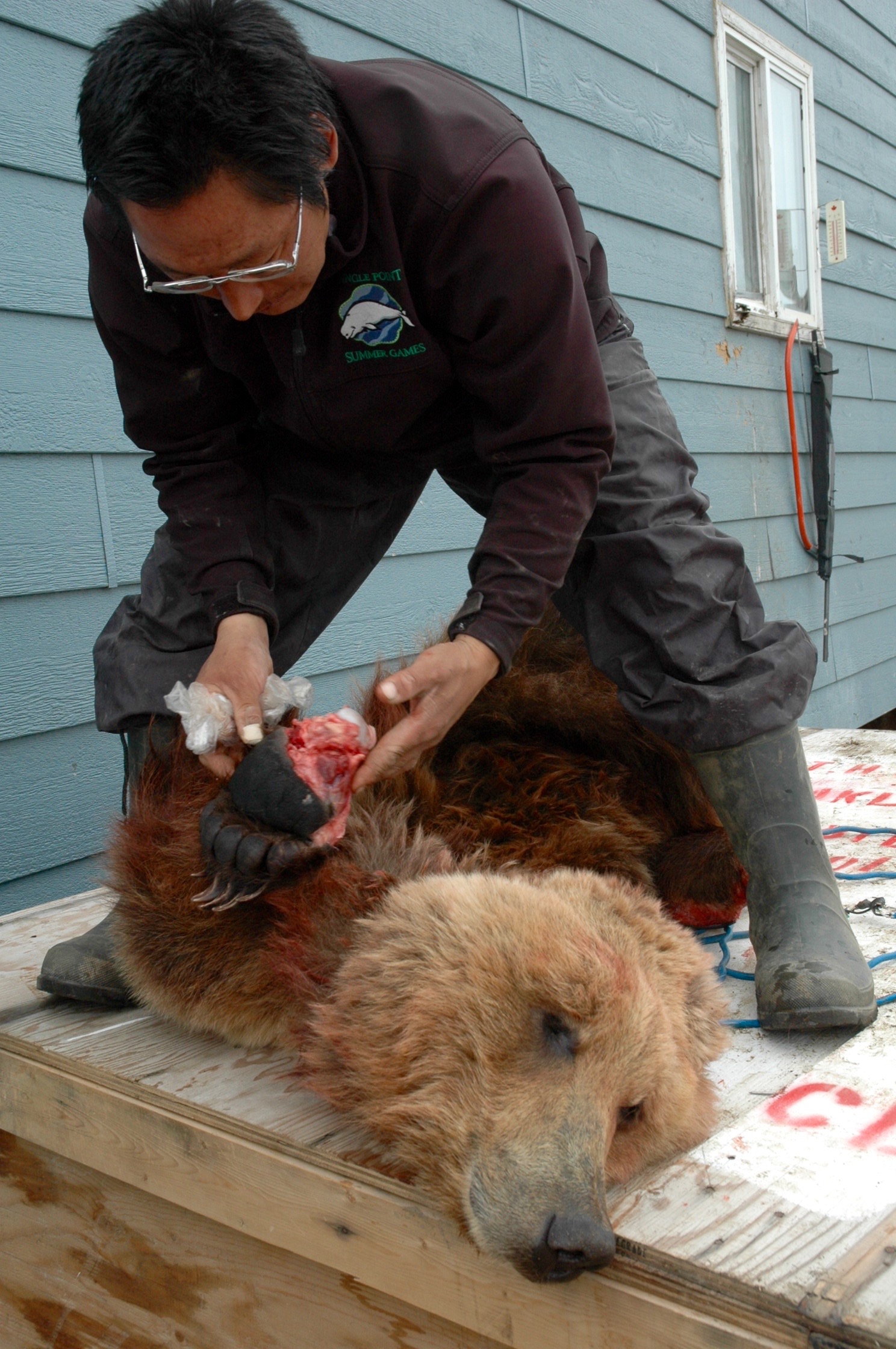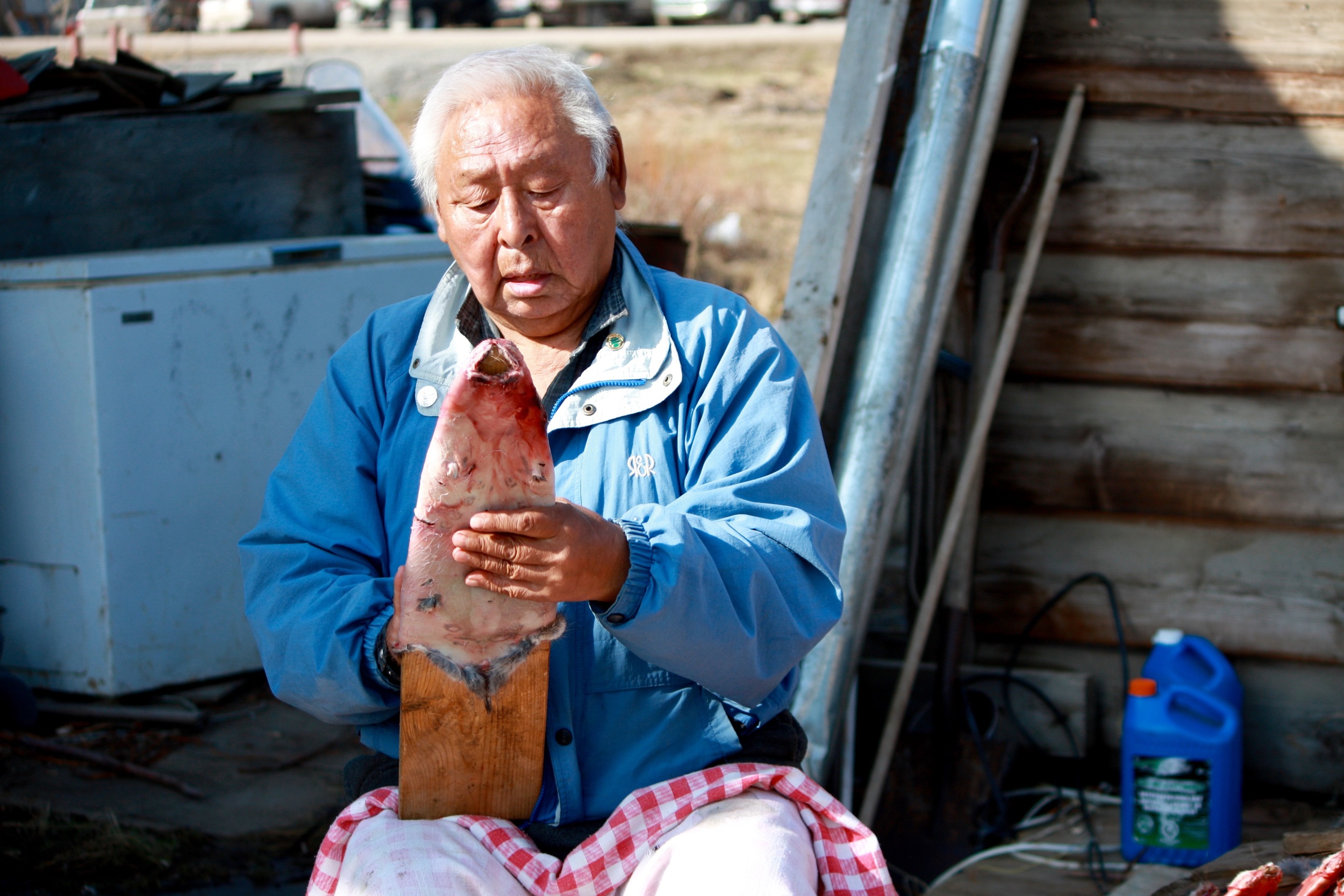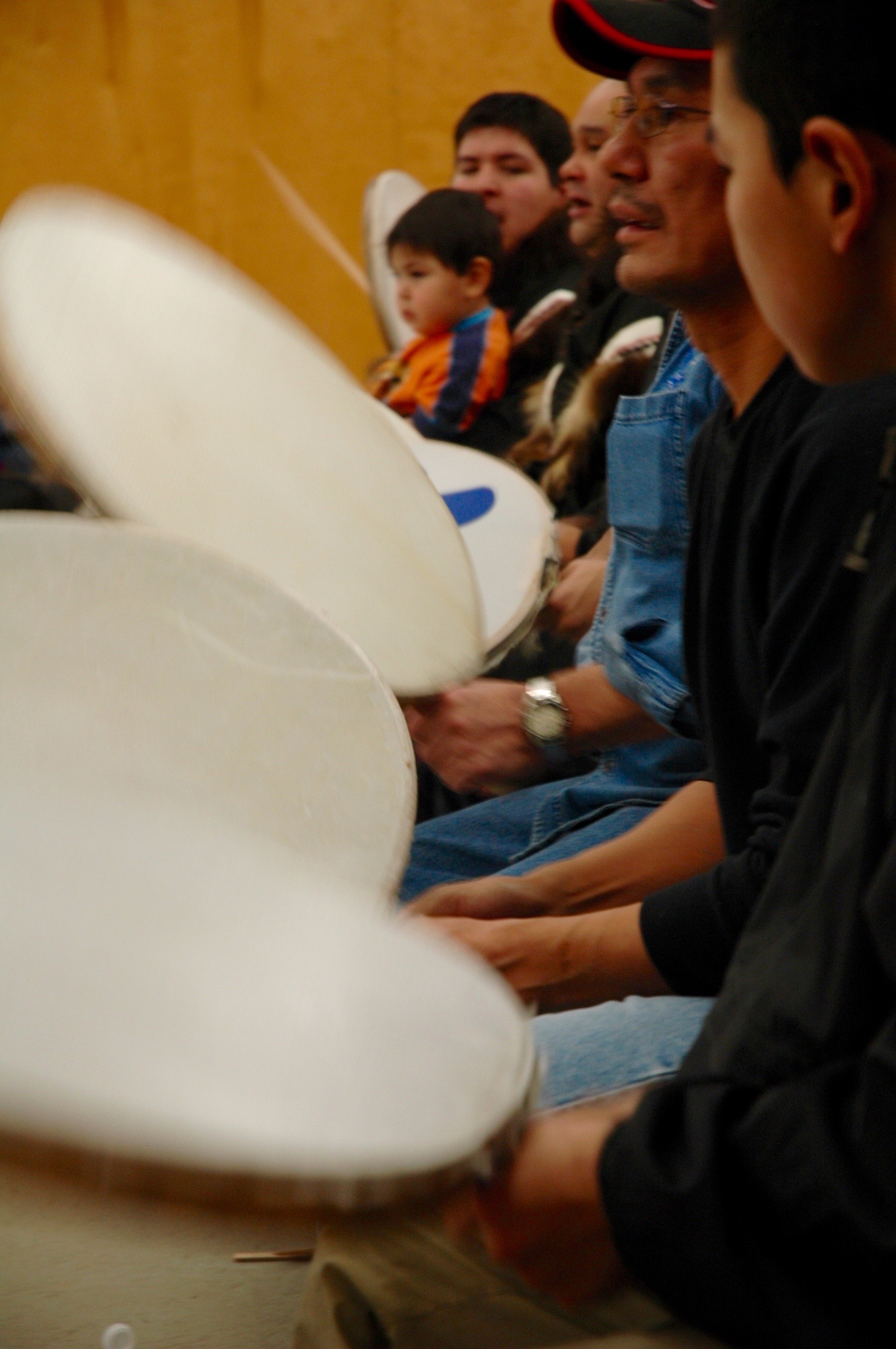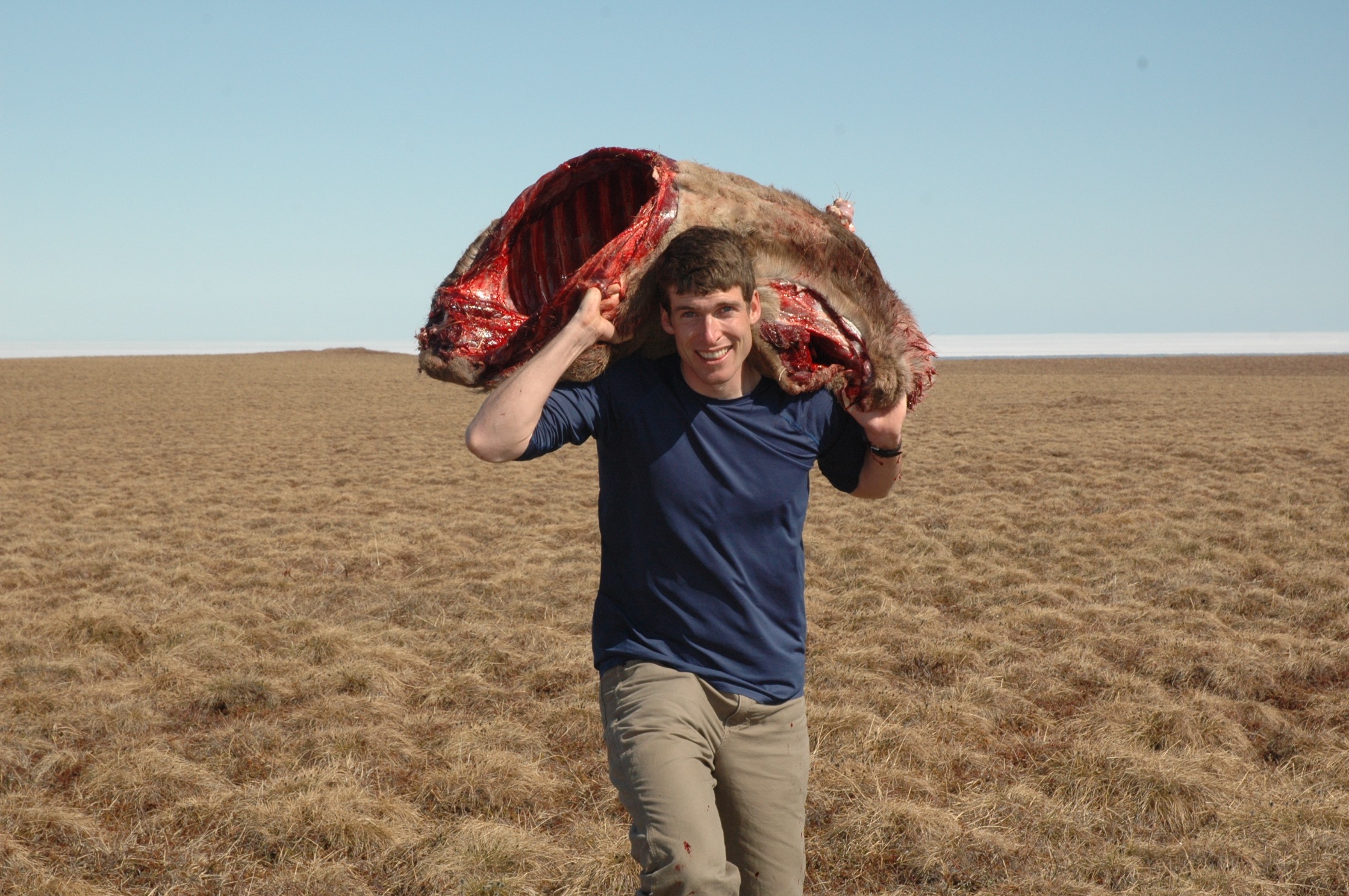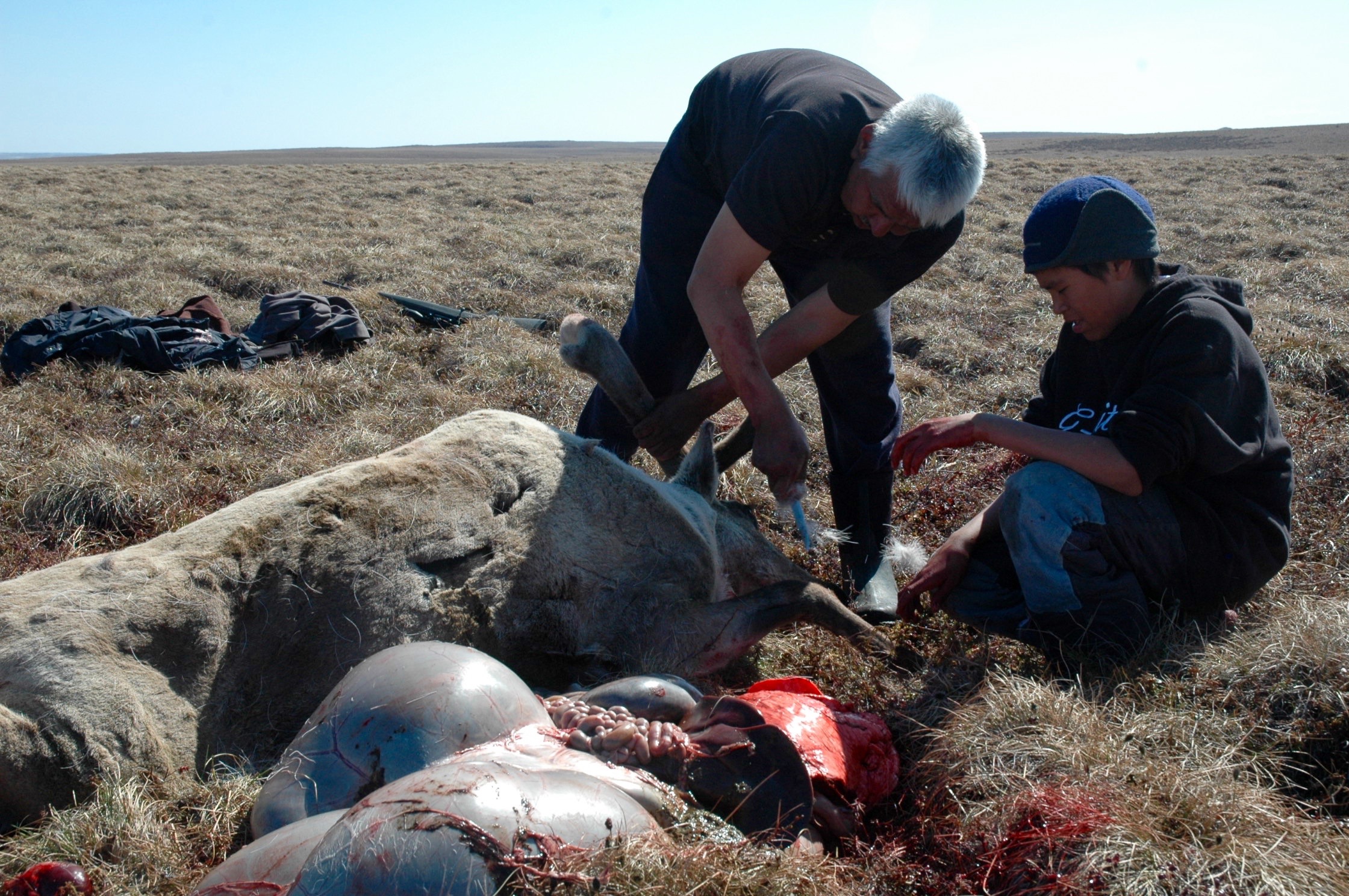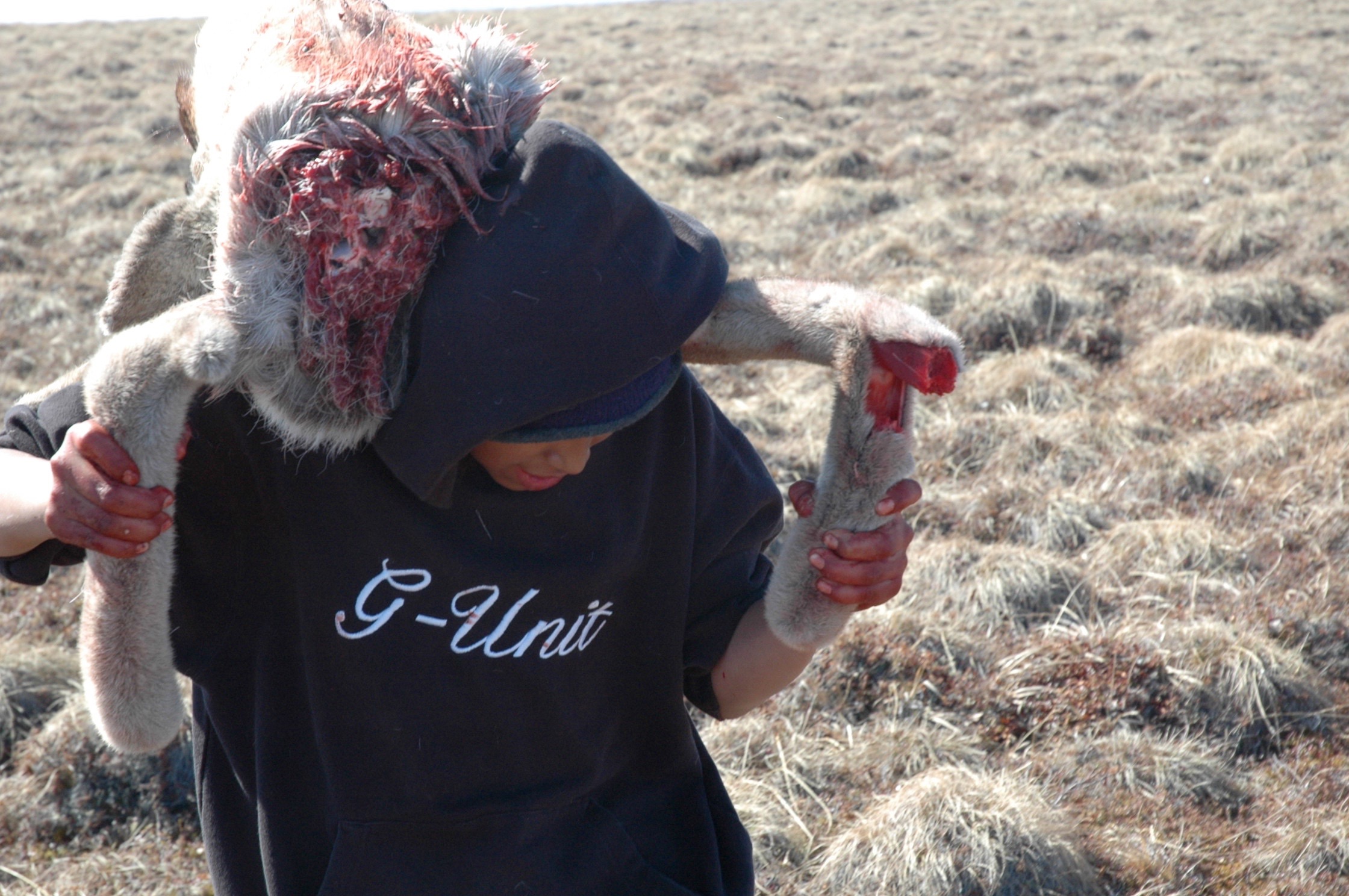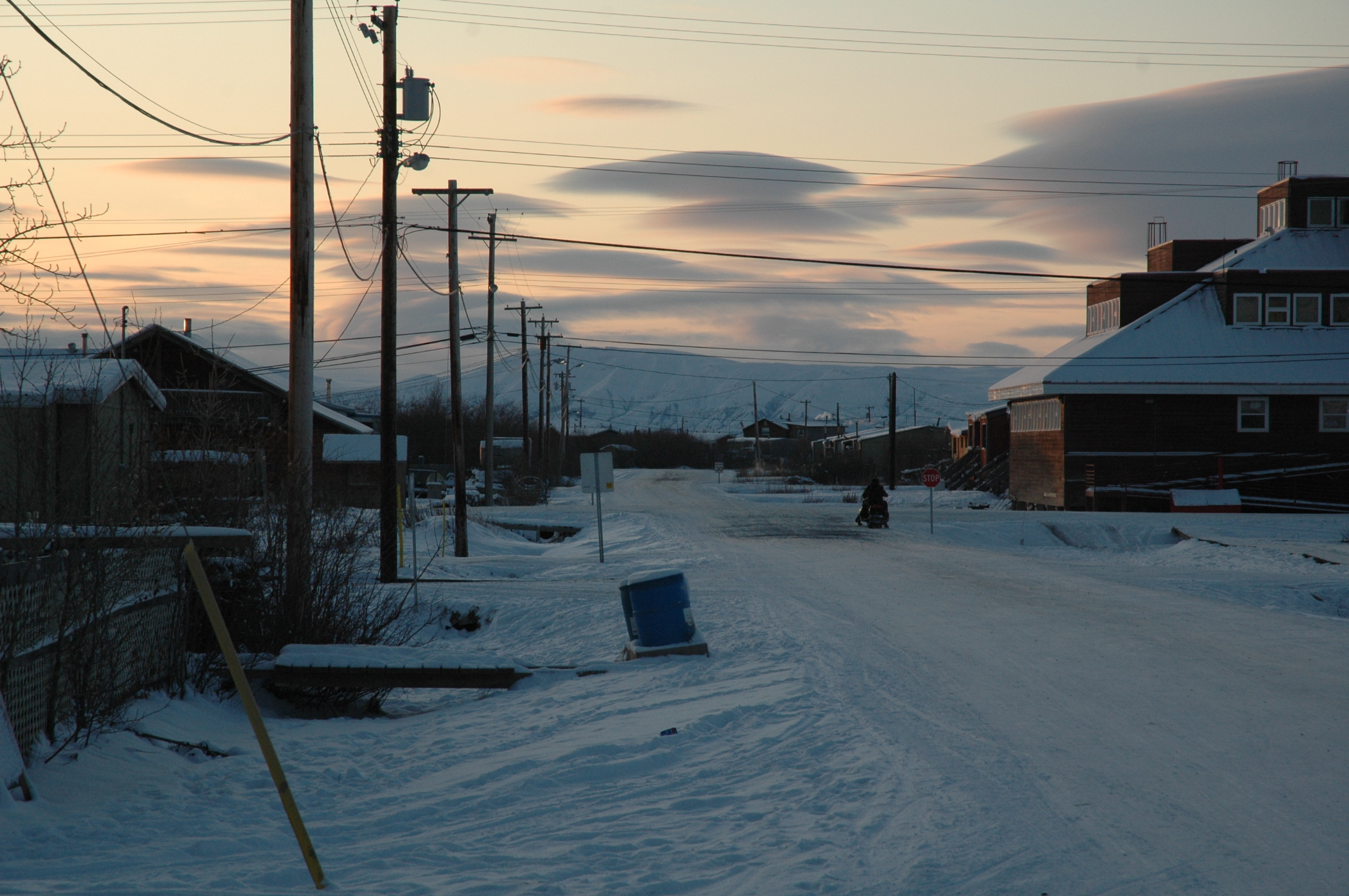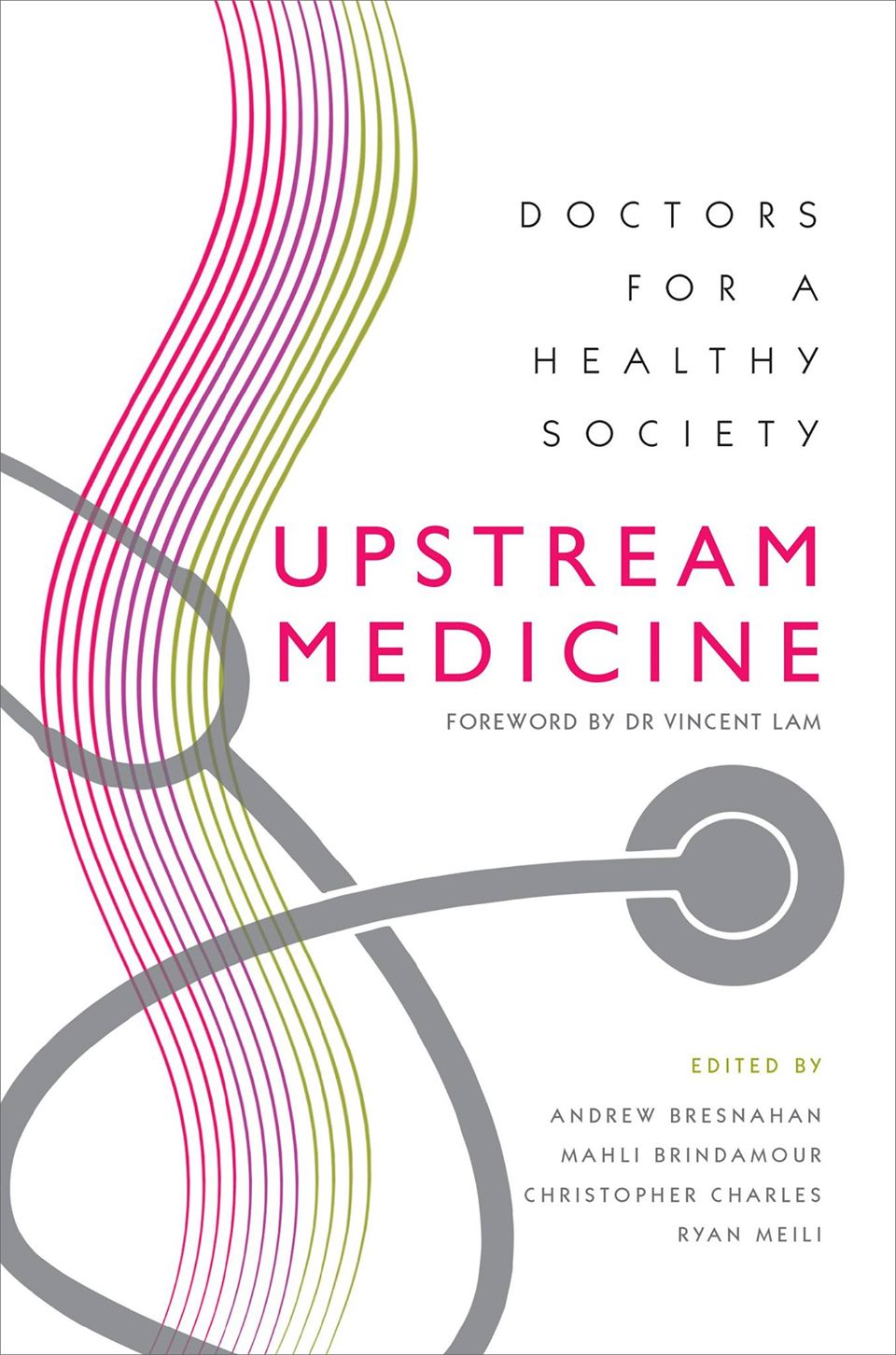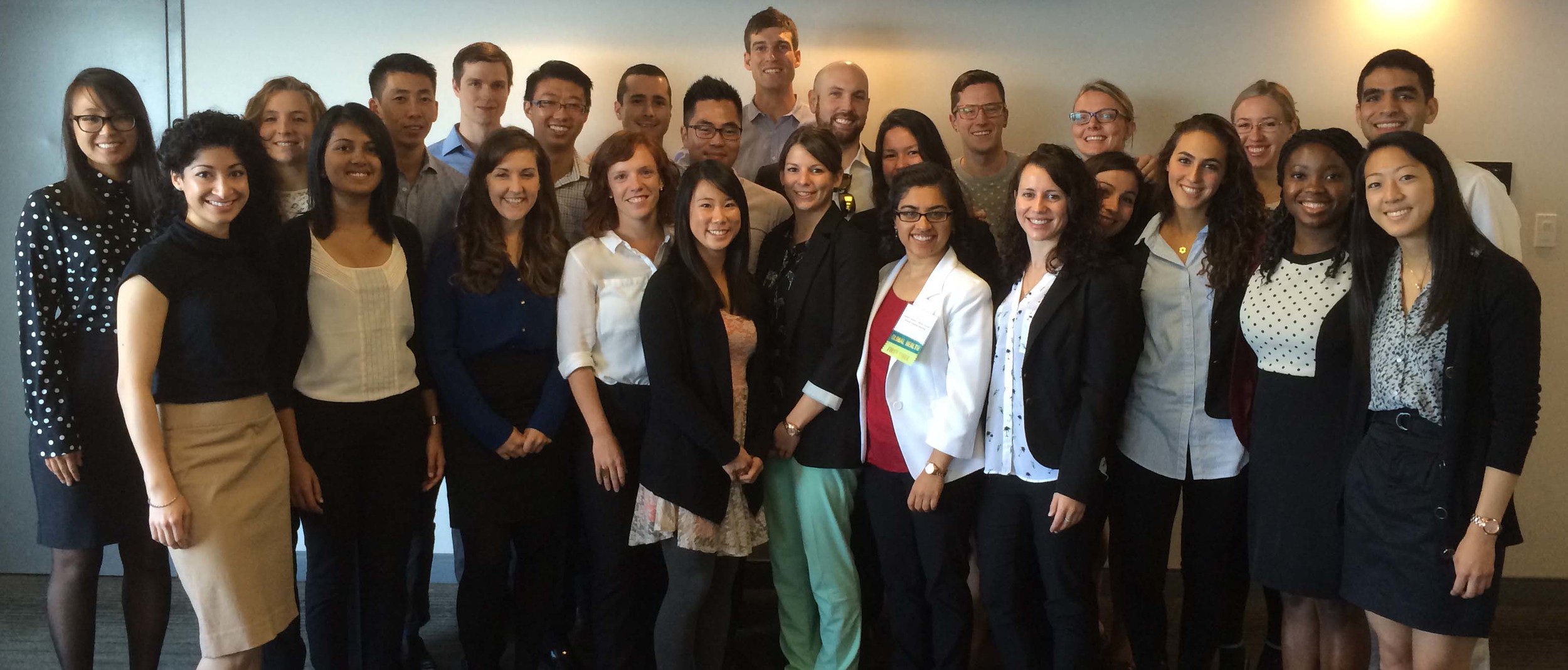OUR NEIGHBOURHOOD
Kalaallit Nunaat | Greenland
Working with Greenlandic neighbours is a pleasure, both because it’s where my wife and I met and fell in love, and because our societies have so much to learn from each other. My colleagues and I at NAADSN are fortunate to collaborate with Nasiffik, the Centre for Foreign & Security Policy at Ilisimatusarfik / University of Greenland, as we continue building closer ties with allies across our circumpolar neighbourhood.
Working for Inuit, I am thankful to have contributed to closer connections between Nunavut and Greenland, and between Canada and the Kingdom of Denmark, working together on international boundary resolution, Inuit freedom of movement, and oceans protection in Pikialasorsuaq / Sarvarjuaq, work that offers a positive model for Arctic relations within the rules-based international order.
As an expedition teammate with Students On Ice and Adventure Canada since 2016, I’ve worked with Inuit youth, elders, scientists, and diplomats on seven expeditions to western and northern Greenland. We've visited the Greenlandic qajaq schools that helped spark the revival of this awesome Inuit tradition; identified Thule/Inuit sites new to the archeological record; taught wilderness medicine with glacial mountains as our classroom; and studied climate change at the Illulisat Icefjord, witnessing the greatest glacier in the northern hemisphere calve icebergs into the North Atlantic, its slow motion retreat suddenly speeding into urgent reality.
Nunavut
Nunavut is a diverse Inuit society. I am qallunaat, a non-Inuk with roots in the British Isles, while my partner’s family are Inuit from Tasiujarjuaq, the waters and land around Iqaluit, Nunavut.
My work for Inuit has been disciplined by respect for Inuit democracy and the Inuit-Crown relationship in Canada. From 2019-2022 I worked for the Qikiqtani Inuit Association as Special Advisor to President P.J. Akeeagok until his election as Premier of Nunavut. Together, we advanced oceans protection, critical infrastructure, public health, Inuit-Crown partnership, and relations with our circumpolar neighbours.
As part of my life and relationship with my family and community, I've committed to learning the South Qikiqtaaluk dialect of Inuktitut spoken in southern Baffin Island, and am slowly but surely embarrassing and endearing myself with my attempts at learn this beautiful and living language.
Click the photos to the left to explore some of my favourites from life in Nunavut, and visit the Pirurvik Centre, Tusaalanga, and Inuktitut Ilinniaqta to join me in learning to speak Inuktitut.
Nunatsiavut | Labrador
I was born in Makkovik, an Inuit community on the Labrador coast, and trained as a rural generalist in Labrador's Northern Family Medicine Program (NorFam).
In the 1980's, fresh from teaching with the Canadian Outward Bound Wilderness School, my parents moved to Labrador to learn with the people of the north coast. The school's motto ("be tough yet gentle, humble yet bold, swayed always by beauty and truth") still inspires my love for our Arctic home, and its vibrant ecologies and peoples.
Training as a physician and anthropologist, it was always clear that every clinical story has a social story of the conditions of everyday life that determine the distribution of disease and health. Understanding these stories is essential for building a healthy society in Inuit Nunangat, Canada, and across the circumpolar world.
Western Arctic
In 2009 I moved to Aklavik, Northwest Territories, to begin a year and a half of research on social determinants of health in northern communities.
Aklavik, "place of the barren ground grizzly", is a community of 600 on the Peel River, which flows north to the Beaufort Sea in the shadow of the Richardson Mountains and Yukon's north slope. What started as a graduate project in anthropology became a transformative experience, exploring the culture and ecology of the Arctic northwest, and learning about the conditions of everyday life in the Western Arctic.
From first questions to final report, our project was designed with Inuvialuit and Gwitch'in community members through the Aklavik Health Committee. Interviews, group meetings, and participant observation helped us better understand how people in this community of 600 people think about health. We learned that people in Aklavik think upstream - recognizing food security, housing costs, and cultural survival as the forces most affecting their health.
This project was supported by the Inuvialuit and Gwitch'in governments, the Public Health Agency of Canada, and the Institute for Circumpolar Health Research.
UPSTREAM MEDICINE
Our generation of Canadian doctors are looking upstream to treat sickness at its source, working alongside patients to change the conditions that make them sick, and create healthier communities.
In the spring of 2017, my friends Ryan Meili, Christopher Charles, Mahli Brindamour and I edited a collection celebrating Upstream Medicine, published through UBC Press.
Upstream thinking draws on a helpful metaphor: instead of standing downstream trying to help all those drowning in a river, why not head upstream to find out why people fall in, and work together to solve problems at their source? This thinking reframes the way we approach the practice of medicine, politics, and how to build a healthier society.
"Alleviating suffering and treating patients, whether in a physician’s office or an emergency room, can be a matter of prescribing medication or staunching a bleeding wound. But every clinical story has a social story, and patients who present with acute medical problems or a chronic disease often describe the everyday life conditions that made them sick in the first place. These stories are often about where they work, live, and play, and about their income, food security, and housing.
Doctors are now listening. More than this, they are working with their patients and communities to address the root causes of illness at their sources. Upstream Medicine features interviews by medical students and residents with leading Canadian physicians whose practices bring evidence-based, upstream ideas to life. Their personal stories and patient encounters illuminate the social determinants of health – the conditions that lead to good health and long lives or to more complex, painful, and expensive downstream medical problems later on. By transforming how we imagine the practice of medicine, this book will help us build a healthier society."
The book was created as a collaboration with the Canadian Federation of Medical Students, and Upstream, a movement to create a healthy society through evidence-based, people centred ideas. Learn more by visiting www.thinkupstream.net.
GLOBAL HEALTH
Health equity is the heart of global health. In 2013-14, I was elected by my peers across Canada to represent them on matters of health equity, as CFMS Vice President - Global Health.
As VP Global Health, I directed the CFMS Global Health Program with a brilliant team of medical students from across Canada, designing two national lobby days on Parliament Hill for social housing and a national pharmacare program, leading delegations of Canadian medical students to meetings in Canada, Tunisia, and Taiwan, and meeting medical students in the Lebanon-Syrian border region, home to the worst refugee crisis of the 21st century.
In 2014, we joined with Partners In Health (Canada) to support the design and ongoing delivery of post-graduate medical education programs for new doctors in Haiti and Rwanda.
"we go. we make house calls. we build health systems. we stay."
